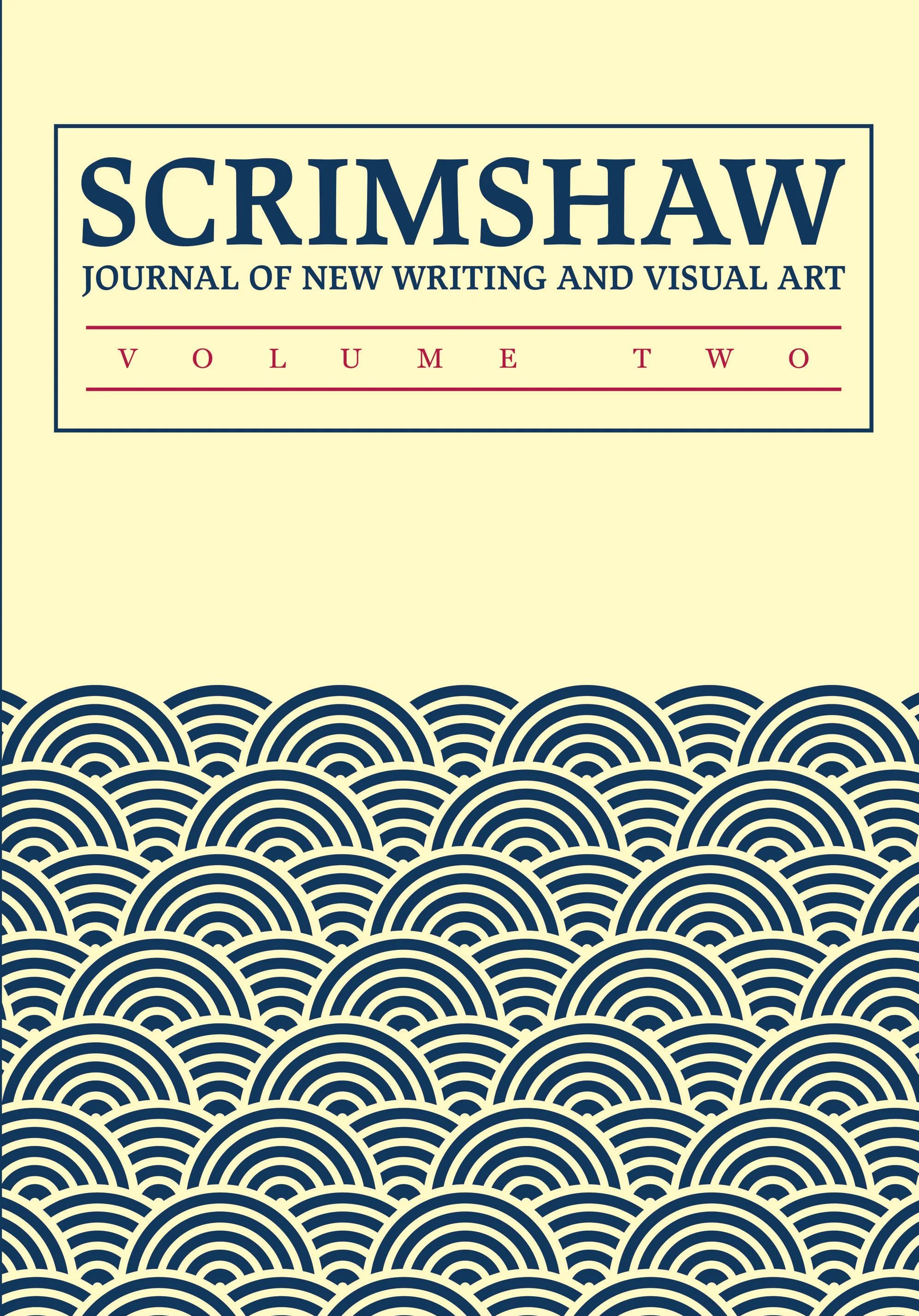
© Copyright, Atlantic Technological University, 2023
3
When you are old and grey and full of sleep, And nodding by the fire, take down this book,
4
Like so many other literary adventures, this journal began with a vision. For allowing us to be part of this vision, we the 2023 Editorial Team, are grateful.
The first Scrimshaw Collection was beautifully produced in 2021, under the aegis of the Connaught Ulster Alliance of three institutes of technology: Sligo, Letterkenny, and Galway / Mayo. Since then, the alliance has come together as one vibrant Atlantic Technological University. Scrimshaw strengthens the ties between our different campuses. The literature and artwork captured in this journal has been collected from students, lecturers, alumni, and staff from across the University.
As with the first, award-winning edition of Scrimshaw Journal, we set no theme, allowing our many contributors the freedom to express their voices uninhibited, and they did not disappoint. It is somewhat fitting to realize, as we come to the end of our three-year journey as creative writing students, that the emergence of a ‘Journey of Life’ theme came organically. Within these pages, through the prism of poetry, fiction, nonfiction, painting, sculpture, and photography, you will encounter life experiences, from cradle to grave.
Scrimshaw not only combines work produced from the West and North West but includes a wider geographical spread from across the country and beyond. 2023 will see the graduation of the first cohort of online students from the Writing and Literature program, the only one of its kind in Ireland.
Our team are indebted to the ATU management and staff, and to the many contributors who supported the journal you now hold.
- The Scrimshaw Journal of New Writing and Visual Art Editorial Team.
5
Contents
6
Martina O’Connor Damien Kelly Dianne McPhelim James Berrell Tony Keenan Méabh Callaghan Aoife Murphy Angela Duffy Sinéad McClure Nina Fern Zuzana Poldová Miriam Byrne James Berrell Shea Fahy Miriam Byrne Róisín O’Shea Marc Gijsemans Liv-Andrea Banner Jessamine O’Connor Jessamine O’Connor Nina Fern Marie Lavin Patricia Walsh Catherine Whitehead Martina O’Connor Miriam Byrne Rhona Trench Sorcha O’Malley Chris Sparks Nina Fern Sinéad McClure Anne Walsh Donnelly S. H. Tuohy Kate Dowling Tony Keenan Sheila A. McHugh Maeve O’Hair Geraldine Feehan Nina Fern Linda Norton Hazel O’Grady The Writer Composition First Blush Sword of Darkness Looking Down at Mullaghmore Harbour. A Study of the Elliptical Galaxy The Last Dance Complex Movements in Space 2&3 Lunatic Upon My Dandelion Hands Half the Woman Heart300 Breeched Backstage and Bitter Sunset Antigone’s First Meeting Homes by the Sea Under Orion’s Belt & Before the Break Stress Test Bedroom at 3am Extended - my bodice wholly Outside My Room Award Ceremony Red Flannel Immersive Landscape Within Fake Gold Winter’s Wisdom Chuck it in the fuck-it-bucket The Sweetest Bird Hush This Moment Absence of Proof Isn’t Proof of Absence Plastic Forks Truskmore Seduction of Safety Grand Dame Proximity Inesse My Mother Takes My Father to Find His Mother’s Grave Tree 8 57 42 18 48 24 54 33 21 51 27 37 10 58 43 19 49 25 34 22 52 28 38 13 45 12 61 44 20 50 26 36 23 53 29 39 40 41 14 46 15 47 S. H. Tuohy Siren
7
Liv-Andrea Banner
Marc Gijsemans Teresa Heffernan
Acknowledgements
Banner
Dowd
Hamill
Rosaleen Glennon Liv-Andrea Banner Laura Grisard Sharon Keely Michelle Gannon Stefano De Sciscio Biographies
Liv-Andrea
Michelle Gannon Gavin Mc Crea Martin O’Neill Marion
Teresa Heffernan Maria
Keely
Keenaghan
O’Leary Stephen O’Leary
Michelle Gannon
McCormack
Dianne McPhelim
Hamilton Sarah O’Keeffe Yvonne McDermott Marie Lavin Maria Hamill Michelle Gannon
Baptista
Baptista Jennifer Flynn Sharon Keely Tommy Weir Susan Stewart Sheila A. McHugh Miriam Byrne Days Without Nights French Motormouth The Battle of Blythe Road Jeans Man Good Grief Decadence & Natural Vincit Beachy Head Trian Uiì Bhroìgaìin Clock Fregatten & Erinyes Untitled Lamination & Reverb An Origin Story: Guinness and Statistics Revolutionary Smoke A Bridge Between Two Lands A Reaper’s Visit White Noise New Year’s Eve Pockets of Reassurance Show Me The Way The Work a landscape for forgetting Untitled Sheridan from Cavan Driven Conversation from a Graveside It Doesn’t Have To Be Ziggy St. Gobnait Checking in Toiréasa Summer Illustration Orange Window Set of Stones Starflowers Jacob Cillín The Violinist Bare Bones & Shadows Face 2 100 66 110 76 121 120 125 128 129 130 136 92 72 81 96 103 68 113 78 93 73 116 82 99 62 107 104 70 114 80 94 74 117 118 126 127 85 89 90 86 63 108 64 109 Alice Turpin Brooklyn Bridge, December 27th Sarah McGrath Crossing Paths
Séamus Grogan Sharon
Celia
Stephen
Una Mannion
Maeve
Maeve McCormack
Paul
Marta
Marta
The Writer

Words are beautiful!
I paint you
I paint us
I paint them
I paint it
With words
I paint with words
Naked words

Bare butt naked words
On the canvas of the world
Around us
Which I see different from your fears and joys
I paint colours
I paint beliefs
I paint sympathies
I paint seduction senses and affection
The hake brush is of pony hair
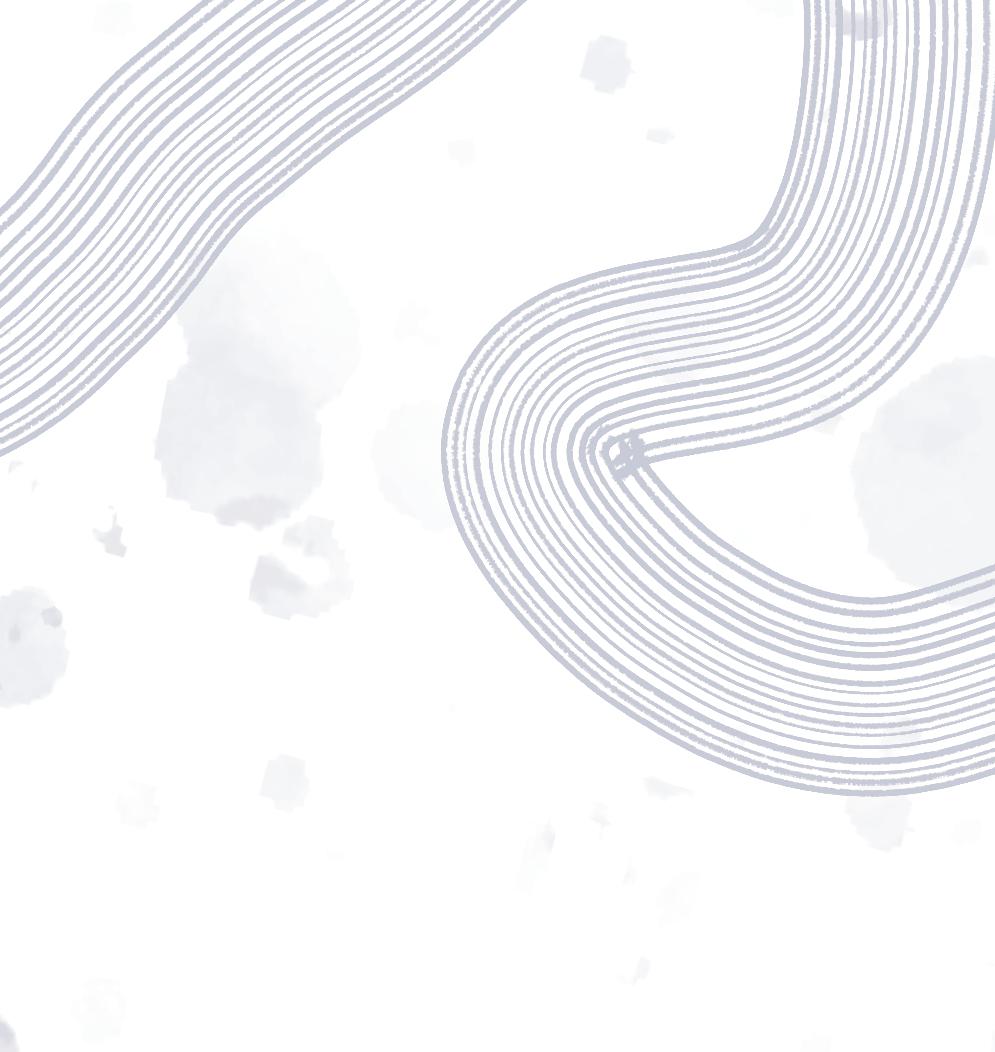

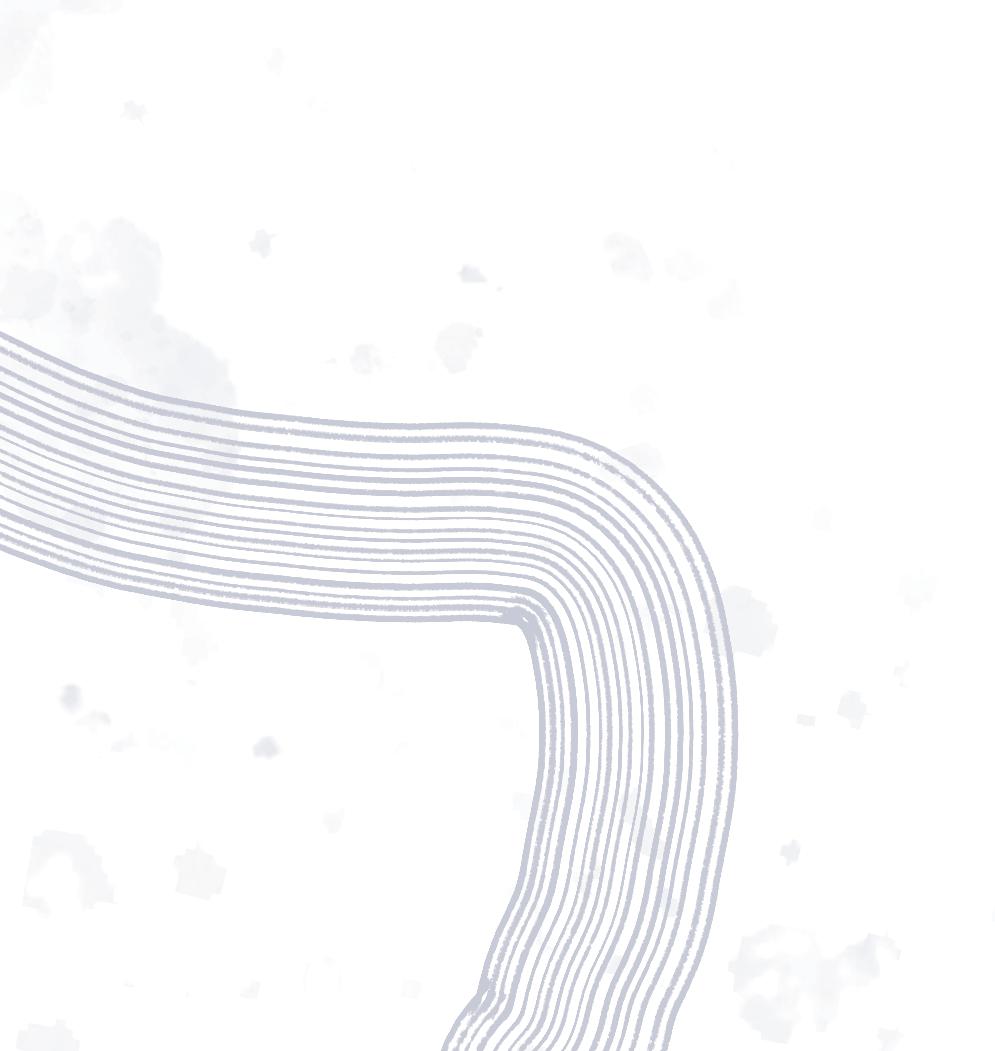
My brush is my tongue
My colours are my mind
my gut my belly
my flesh
my heart exploding
Skin swollen
Erupting red soft and wet
My line the horizon one never ending firm stroke
Hand me the palette knife to slice through shards of forms and coloured feelings
To gut pain and joy
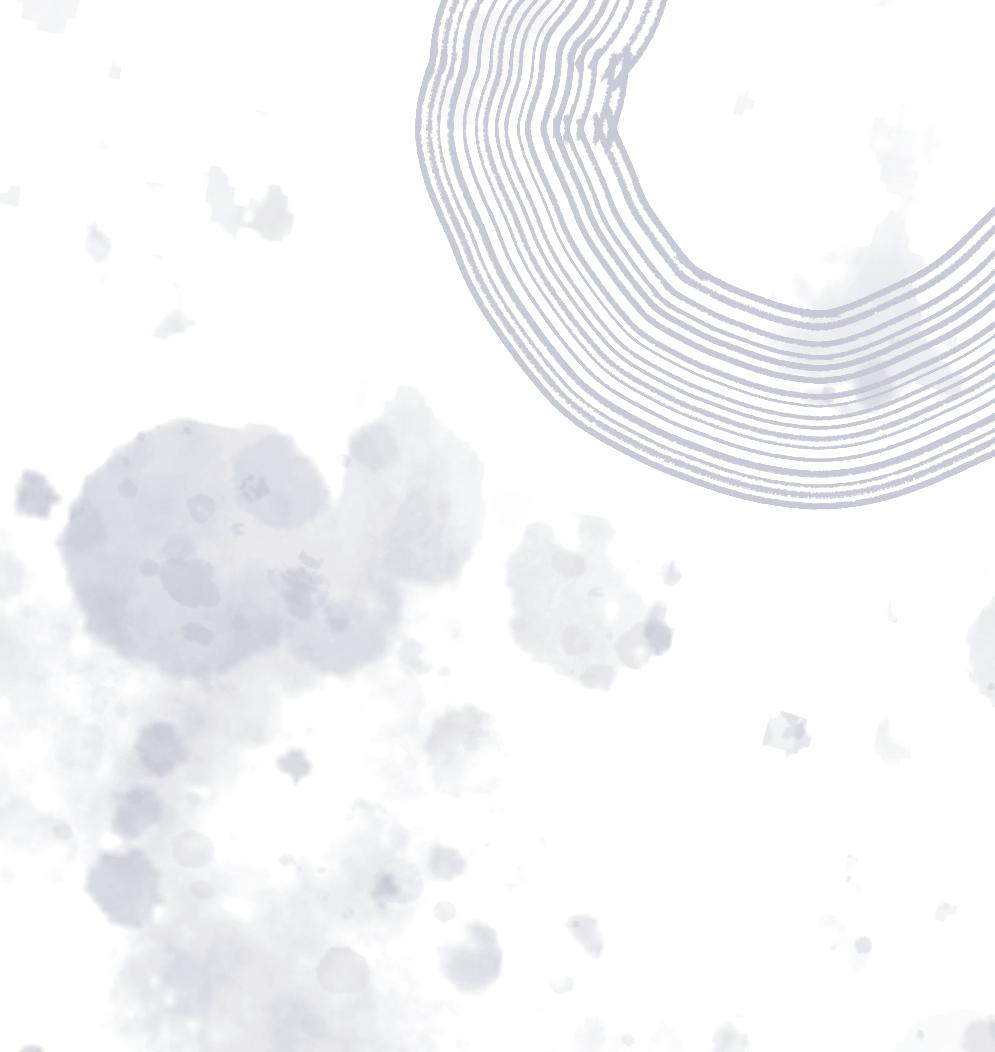
To destroy fear and -in eager anticipationevoke a journey to hell and back again in outraged ecstasy
I wake up And with the universe embracing me I awake the universe in me
Every day every morning every hour every eternal hour
I close my eyes and the words, the naked words flood me
Messages of what is meant to be and what will come pour over me like water
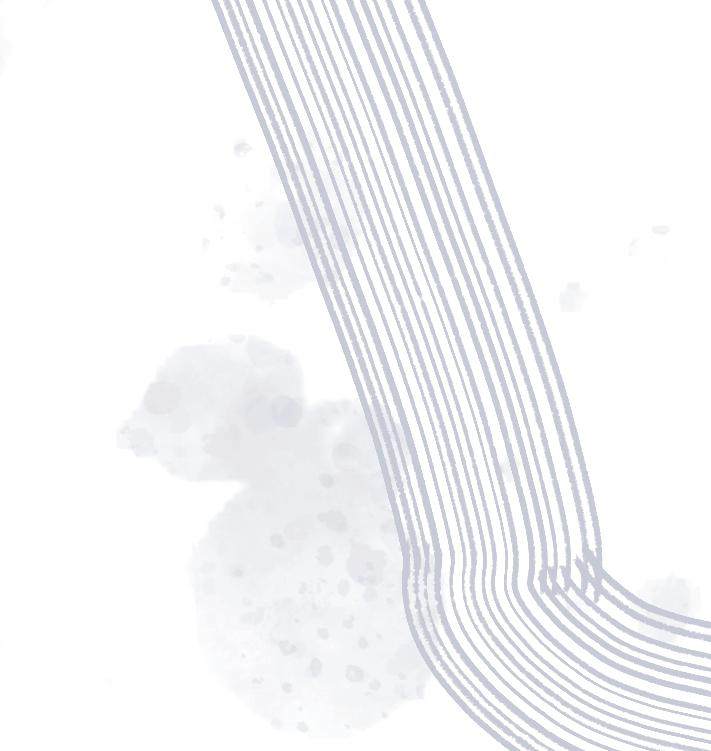



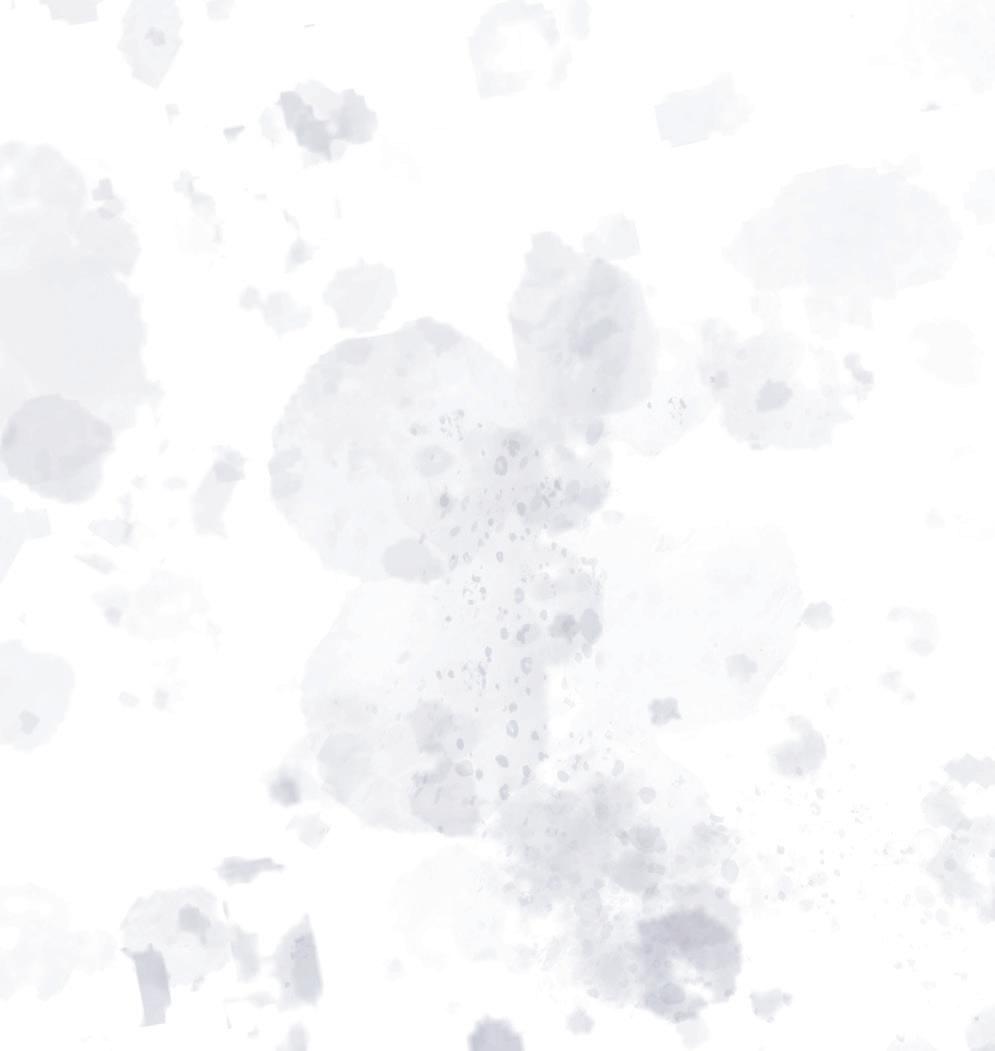
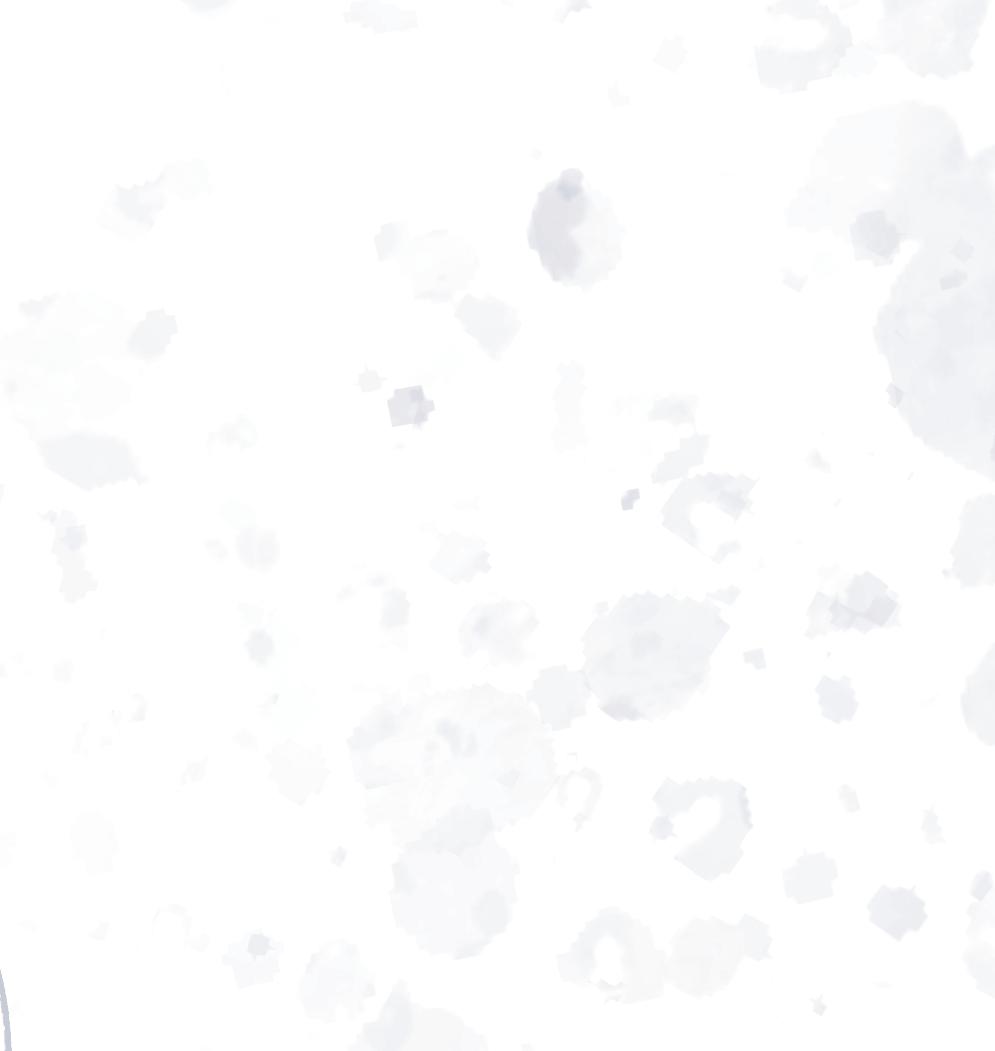
Not drizzle, not rain buckets and buckets never ending streams of water
I will dilute and spread the colours of our lives on the canvas of the world around me
Like the floods drowning me From within
by Martina O’Connor
Breeched

I wanted to land on my feet They cut me out instead A curtain hung between My anaesthetised mother and me
She could not see Or feel As the sterile ceiling Looked down on us


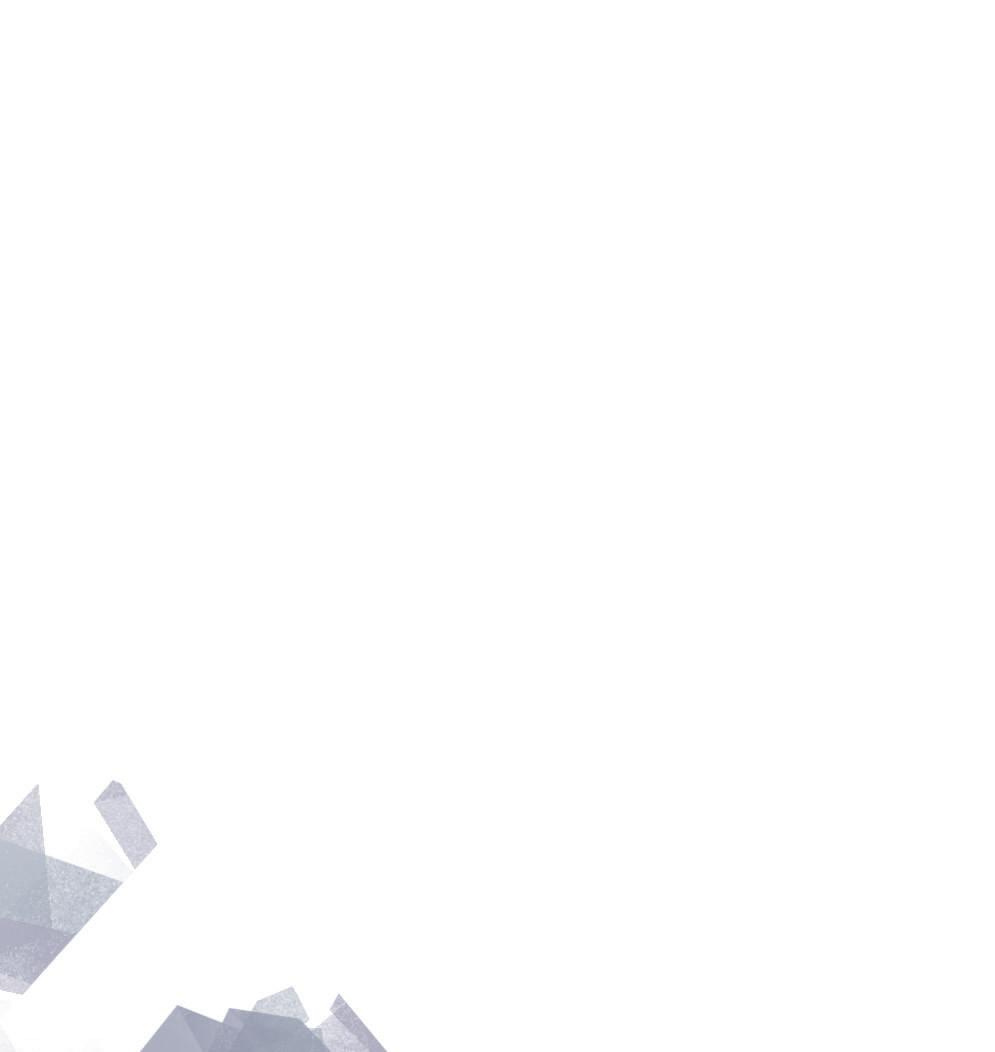


Did she pick a spot, And focus on it? Like a singer on stage Looking at everyone and no-one
She could see something after all
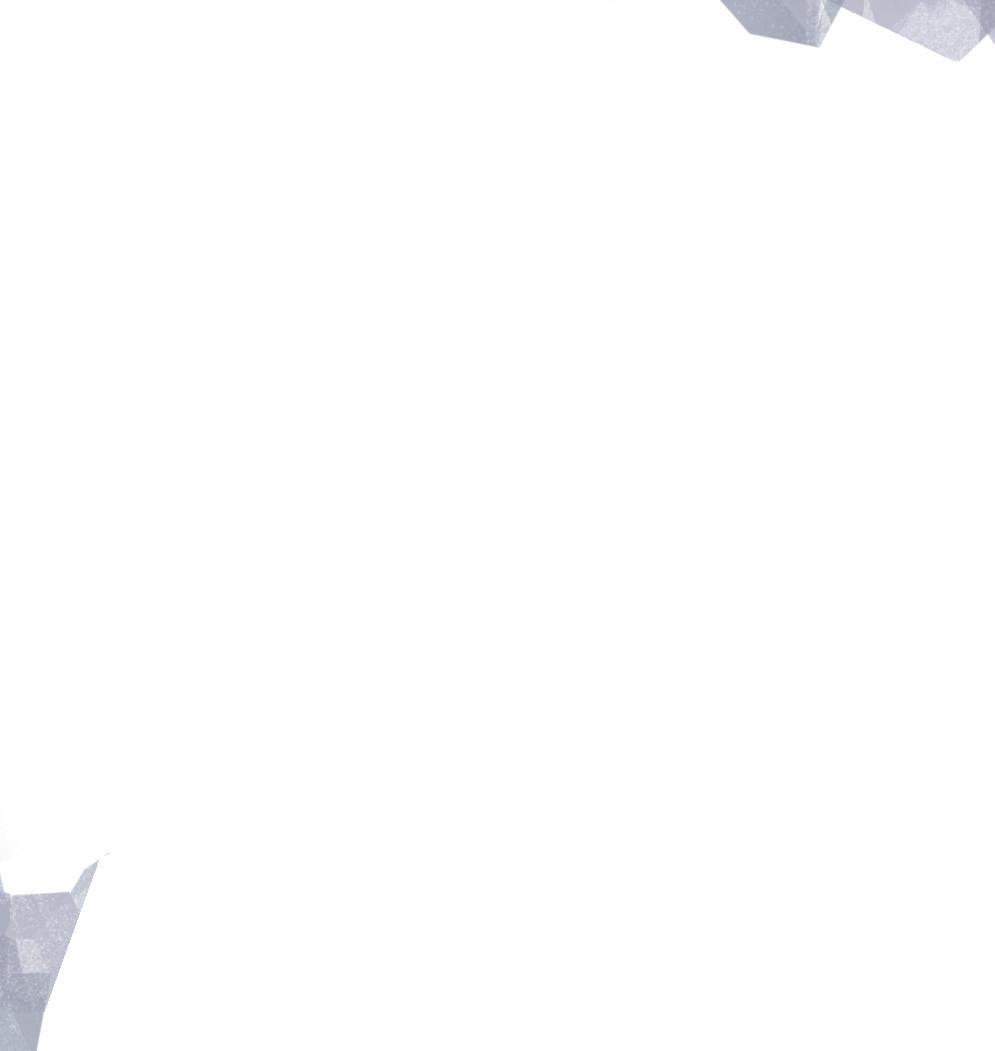
Did it burn a bit, When the incision was made? Bringing her warmth In the icy operating theatre.
My father beside her A first-time attendee As I was dangled Before her face
When our skin touched, Did mine match the walls? Their moon grey surfaces

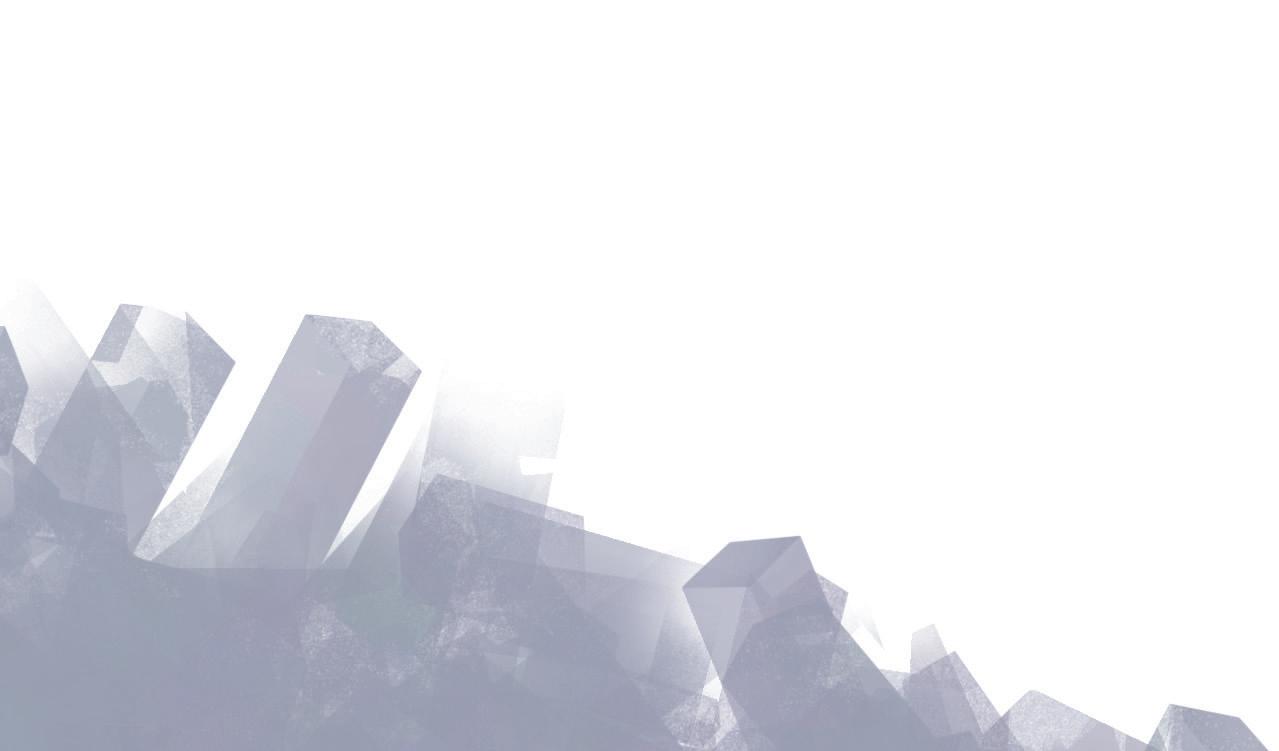


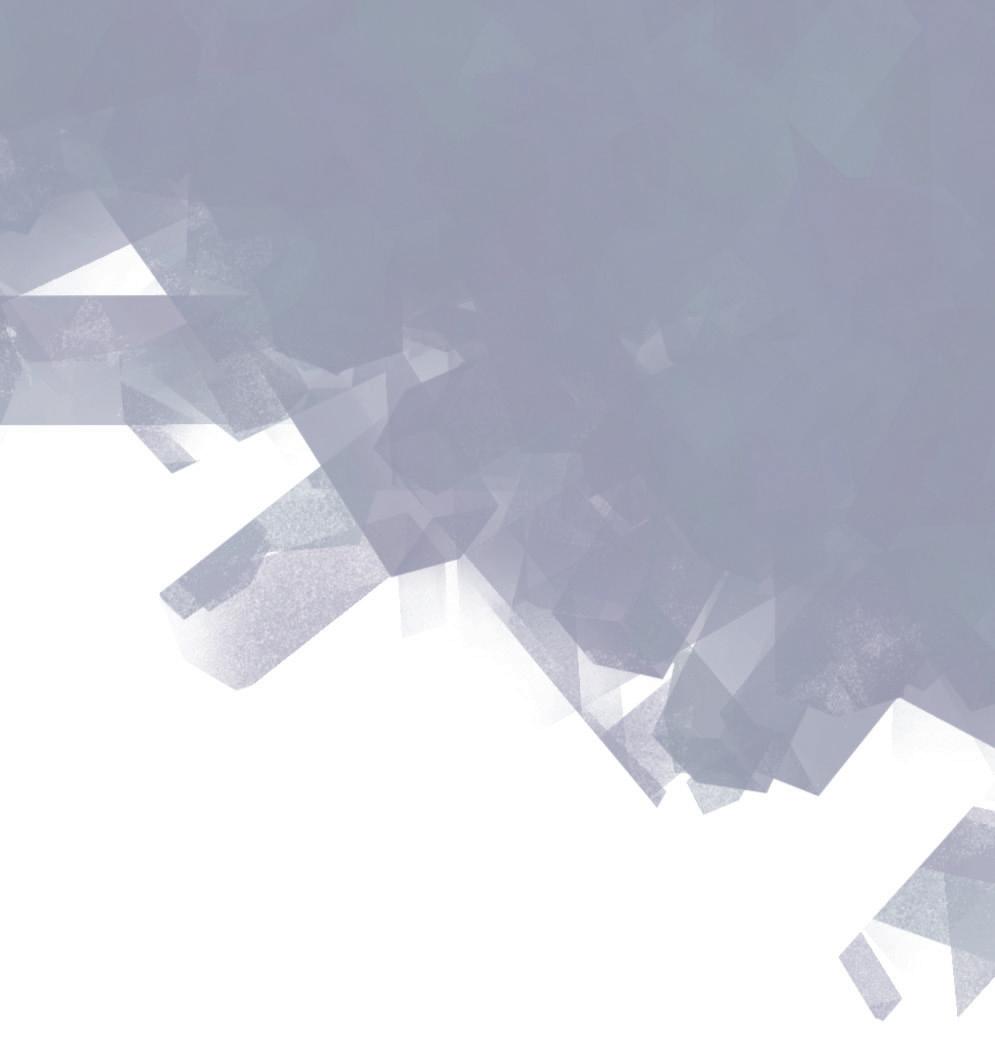
Engulfing us


She could feel something after all
by James Berrell
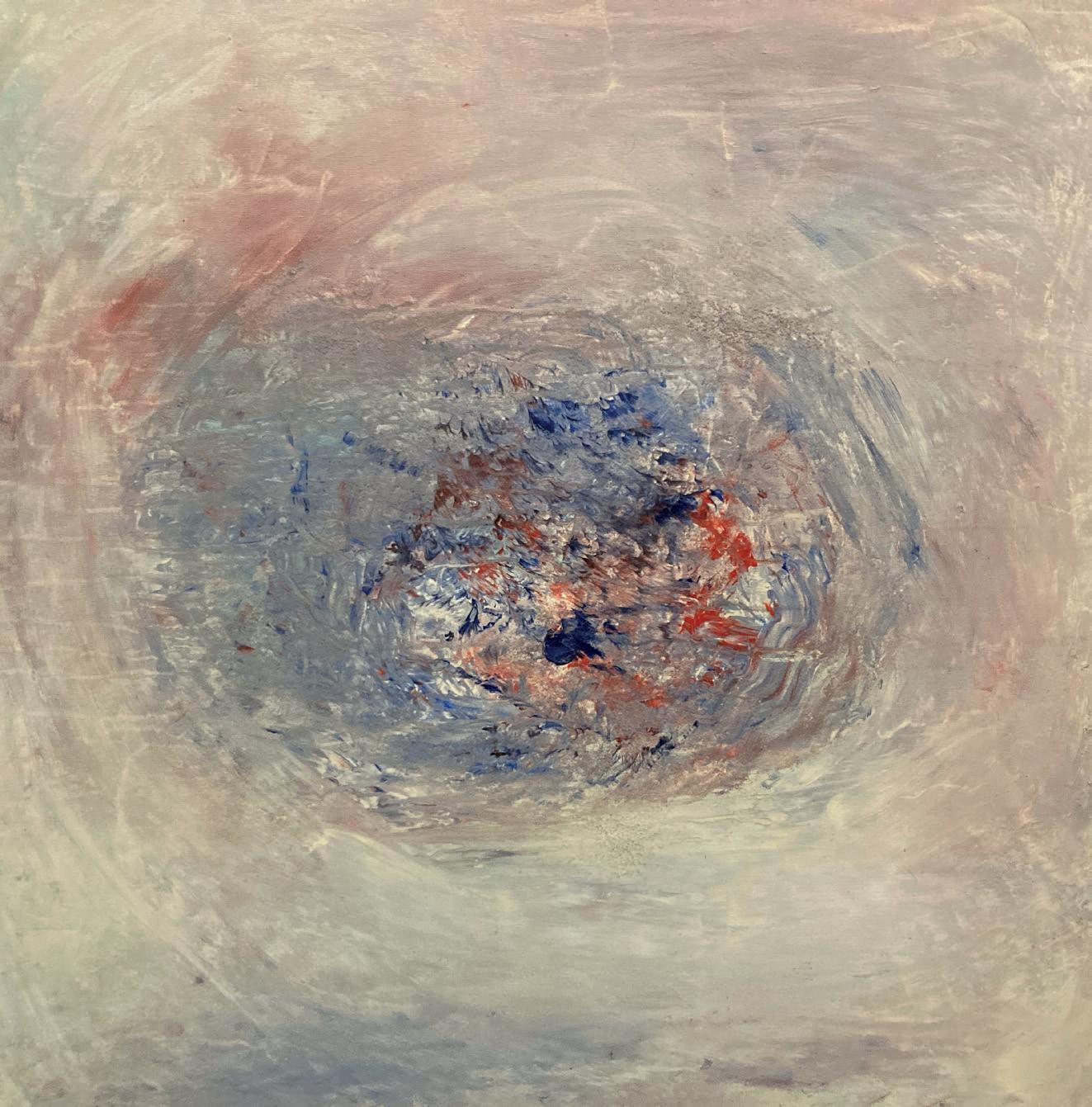
12
Miriam Byrne Within
Red Flannel
Jim toddled up the second set of stairs to see what all the commotion was about. Men were folding up bed rolls and gathering belongings. He walked amongst them confidently. Some of them patted his head and asked him his name and what age he was. He told them he was four and he watched as they filed out of the large room and descended the stairs. He saw that some of them had guns. He thought about his breakfast.
While he was asleep the evening before, they had arrived and asked for a place to bed down for the night. He didn’t know that, during the evening, Black and Tans had entered the downstairs bar and demanded to be served. While his father reluctantly served them, his mother went upstairs. She pleaded with the soldier, posted on the first landing, not to allow his men to fire on the enemy below in the bar, as the inebriation of the night took them over. She pleaded that there were three small children asleep in the house, and not to start a war in it.
Jim had been born in 1917, into the Great War when the flu that swept across Europe from the battlefields of the Somme was killing thousands. He got sick sometime in his first year. In a time before antibiotics or vaccines his mother wrapped him from head to toe in red flannel. It was renowned for its healing properties, and she held him by the black range in the kitchen for days.
Later in the summer, the barracks at the top of his street was set on fire. His father put him on his shoulders so he could get a better view. The year was 1921 and something was happening in his world. Jim was feeling grown up, thinking about starting school soon. His country wanted to be grown up too.
by Catherine Whitehead
13
Proximity



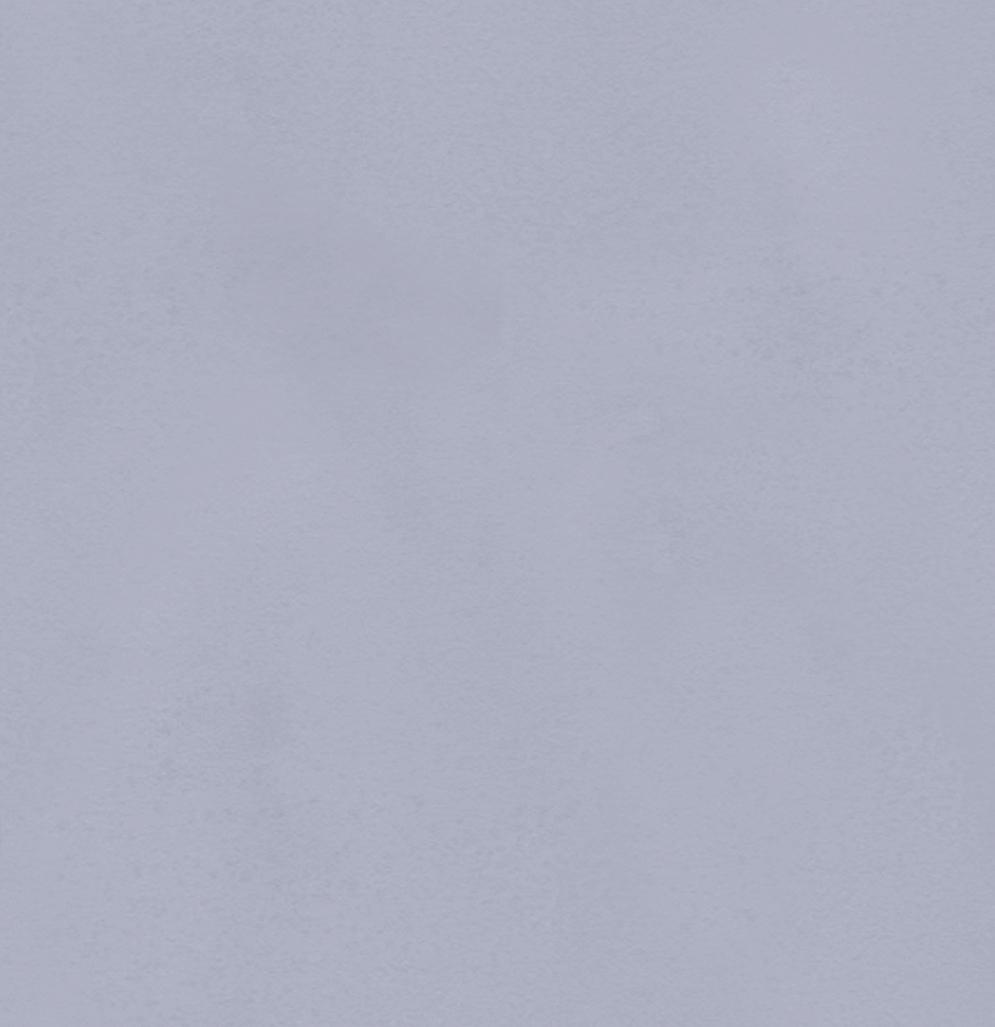



Might I see you walking around this town wearing my genes?
If I saw you, knew you, I might say hello, or give you a little wink As if to say,
Here I am, part of you, part of the man you loved, The girl child you lost.
If you didn’t get to hug me then, you can hug me now, I could say We might laugh together, maybe have the same smile.
Will you ever meet your secret child?
Become kin rekindled, bound by the blood that we share. I search for you in every shopping lady, Are your bags heavier than most?
by Geraldine Feehan
My Mother Takes My Father to Find His Mother’s Grave
Adam notices that Eve is holding something close as they leave the garden. He asks her what she carries so carefully. She replies that it is a little of the apple core that she’s keeping for their children.
From the autobiography of William Butler Yeats
The bastard is looked upon with great coldness, aye, and his children’s children.
A witness speaking to a British commission on the Irish poor, 1833
So we got in the car to go to the cemetery to go find Dad’s birth mother’s grave and we took the piece of paper Sheila gave us with the information, or we thought we did, but Dad forgot it so we had to turn around in Neponset and drive all the way back to get it. And the traffic—shit. I haven’t been to the North Shore for so long, I almost got lost. I was okay until I got out of Somerville. I know Revere, but I don’t know Malden too good.
Anyway, finally we got to Malden, and then I knew the way by heart. Remember Nonie’s funeral—all that rain and mud? You probably wrote it all down in your notebook, you don’t miss a trick. At Holy Cross Cemetery we parked near the cemetery gate and went into the office. Dad was so nervous, I thought he was gonna walk out and hitchhike home, I kid you not. But I told the secretary about Dad’s mother and she was very interested—very interested. All those years you couldn’t talk about this shit, it was all hush-hush, and now suddenly everyone’s interested in illegitimate children and all those poor girls. Mostly Irish. I wonder why? At least they didn’t get abortions like nowadays.
So the secretary looked through the index cards—oh you’d love it, the old wooden cabinets and all the names with cause of death—like a card catalogue at the library—you’d eat it up. There must a been a hundred
15
Mary Sullivans in one drawer. This lady—her name was Josie—had really long red fingernails, and they kept snagging on the cards. But she couldn’t find a Mary Christine Sullivan who died in 1950.
But then we remembered that Sullivan wasn’t Dad’s mother’s last name when she died, because she met that Hegarty guy and married him right after she stopped coming to see Dad when he was a baby at the Nortons. And then she had the three legitimate kids. So we should a been looking for Mary Hegarty. Poor woman, don’t you think she got the cancer because of what she did—her big secret—having a baby and giving him up? They think they know how people get cancer, these scientists, but they don’t know nothing. I think it ate at her. Only forty-two years old when she died. What a shame.
Anyway, this Josie told us to look in St. Bridget’s Lane for the stone, so we walked and walked till I couldn’t walk no more. Dad can walk, he walks everywhere, but my knees—I had to sit and rest on a wet bench. Do you remember going there to visit my father’s grave? Thousands of gravestones, all alike, all the Italian and Irish names, and once in a while a French Canuck or a Polack—oh, I got goosebumps. And we got so lost. I’ve never been so lost in my life.
So I said, ‘Dick, let’s just go visit Ma’s and Pa’s grave,’ cause of course I know by heart where my parents are buried. You remember? So we walked over to the Cammarata stone and can you believe it, it’s not even Thanksgiving yet and there’s a poinsettia on the grave. And you know who put it there? Who do you think? My sister Rosie, of course. The bitch. So we stood there and said a Hail Mary.
In the olden days they waked people at home in the parlor. So my father’s body was in the parlor. And oh that Rosie—one night she locked me in the room with his corpse. I’ll never forget it. Nineteen-fifty—I was fourteen. You see why I call her a bitch? My mother sewed up some purple bunting and hung it on the door so everyone would know there was a death in the family. Yeah, she outlived him by 44 years and didn’t stop wearing black until 1963. And then President Kennedy was assassinated and she wore black again for a while but by the time you kids were in school she was wearing flowered housedresses.
16
Anyway, we’re standing at Ma’s and Pa’s grave, praying, and I look up and I can’t believe my eyes—I kid you not—two rows away, right behind the Cammarata plot I been taking Dad to since we met at United Shoe in 1958—you remember we brought lilies every year?—well, right there— right there, right behind my parents’ plot!—I see a stone that says “Mary Christine Hegarty, Ireland, 1908 - Boston, 1950.”
I almost had a heart attack! I said, ‘Dick, Dick—look up,’ and I pointed at his mother’s stone. And he said, ‘Jesus, Mary,’ because he thought I was acting crazy. And then he looked up and he saw what I saw, and he started shaking. And he walked across the lane and crossed himself and threw himself on the grave of the mother he never knew. Crying like a baby.
In the car, he couldn’t stop shivering. He had to wrap himself in that quilt Nonie made from the scraps of her scraps. He was all soaked from the wet grass. Didn’t I tell you it rained up here all weekend? I didn’t? Jesus, it was like the sky was crying.
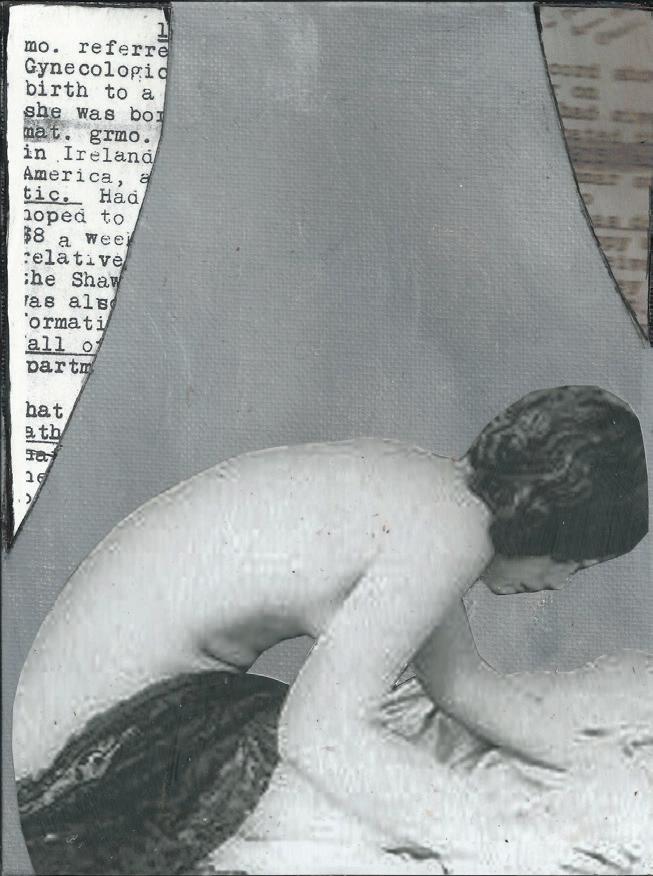 by Linda Norton
by Linda Norton
17
Linda Norton from the series “Dark White,” exhibited at the Docks Arts Centre, Carrick-on-Shannon.
Sword of Darkness
The bed was much wider In my mother’s room Space to roll around And kick up my feet
My elbows sank Into its foamy mattress As the Power Rangers Destroyed their enemies
Grey seeped in From the window That council estate glow Swept across the floor
It climbed the papered walls I swear, the sun was shining Clouds were forming Of this, I am certain
Change of weather


Incoming



Has that door Always creaked?
‘Your brother’s dead, Son’ Green Ranger is in peril His Sword of Darkness B r o k e n
 by James Berrell
by James Berrell
Antigone’s First Meeting


Welcome to the Dead Brothers Club! Tonight is our Thursday social.
We have all sorts here: Some of us are riddled with the guilt of the eldest, Some with the anger of the baby left behind.
This is Miriam, tea or coffee? Who saved herself but her brother drowned.
Would you like a sandwich?
Sarah’s was born with her chord around his neck, She wonders if he would have looked like her.
Or perhaps a biscuit?
We have some where Agnes is sitting She couldn’t find him that night –The family think he was murdered, But she knows he had tried it before.
And tell us about yourself. Are you from around here?
Do you see the colour of his eyes in the clouds? Do you hear his voice in your dreams? Are you free every Thursday?
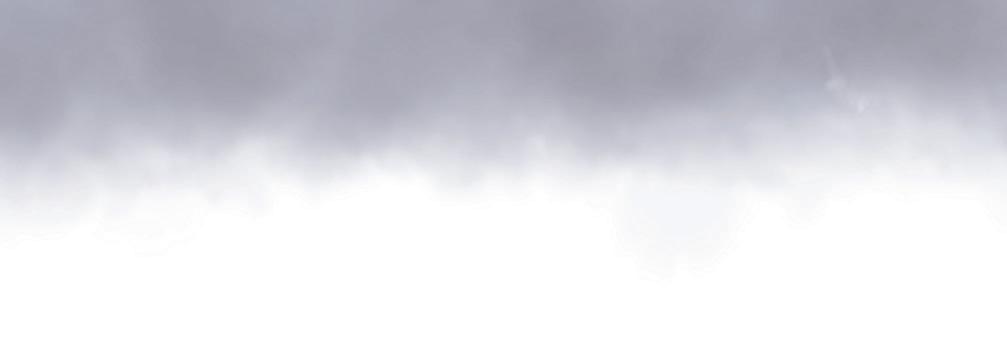


 by Róisín O’Shea
by Róisín O’Shea
Chuck it in the fuck-it-bucket
All that clustered rage, my love –bouldering about you, hurting you so.
Lumpy stuffing, wrenched in fury, pulled and plucked from the seat of your self.

Why don’t you – just chuck it in the fuck-it-bucket?




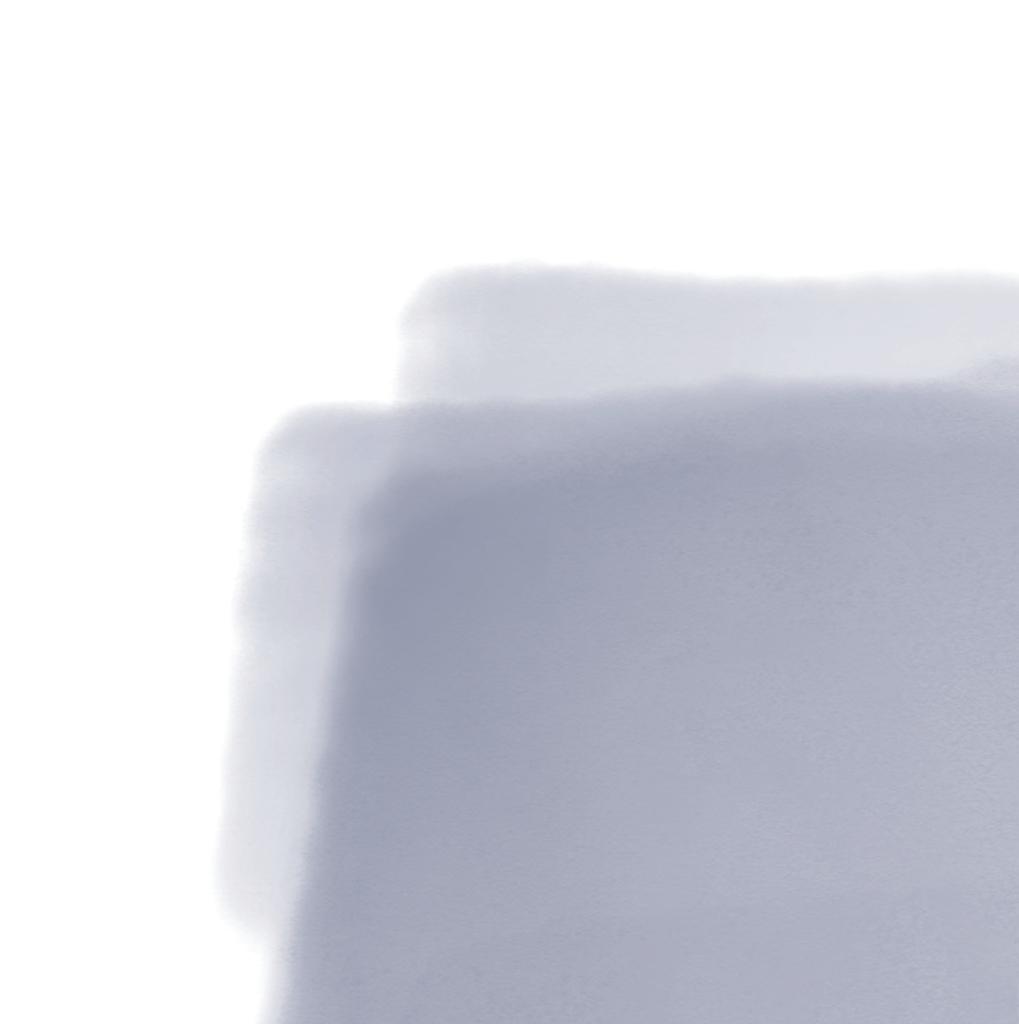
Piss your acid angst into it, strike a long-stemmed hard-wood match put it all to fire. Let it, greenish and foul-smelling, float off to disseminate –lose itself into the cold, into the dark beyond. Too far to frosty burn your blood-bruised hurt-full heart.
by Chris Sparks
20
Lunatic
I come from a long line of lunatics who treat madness as a gift after aeons of practice staring at the moon, any moon.
Waxing, waning, new or full, we telescope it in, feed on its vital essence as only moon-vampires do.

My Great, Great Grandfather prophesied for Old Moore’s Almanac. He knew what a cold day would bring, how snow struck at a mountain.
Our kind, talk to trees and expect answers. We see oceans in the sky and sky in the sea and puddles as windows to other worlds.
We are the ones that birds follow. They listen to our conversations, learn new songs to sing in the morning, forget them by evening time.
My father spoke of Cherokee said skin was burning stone. No amount of treatment would erase his non-encounter.
Nothing suppresses our lunacy, it is this we orbit and eclipse. If you wonder, do we walk among you? Check for odd socks and a slight twist in the corners of our gait.
 by Sinéad McClure
by Sinéad McClure
21
Flickers of thinking flap into the dark

A tune plays itself clearly from nothing an echo of sometime
Spiders click clack their legs building scaffolding to fish the air from
The buzz of muons dropping
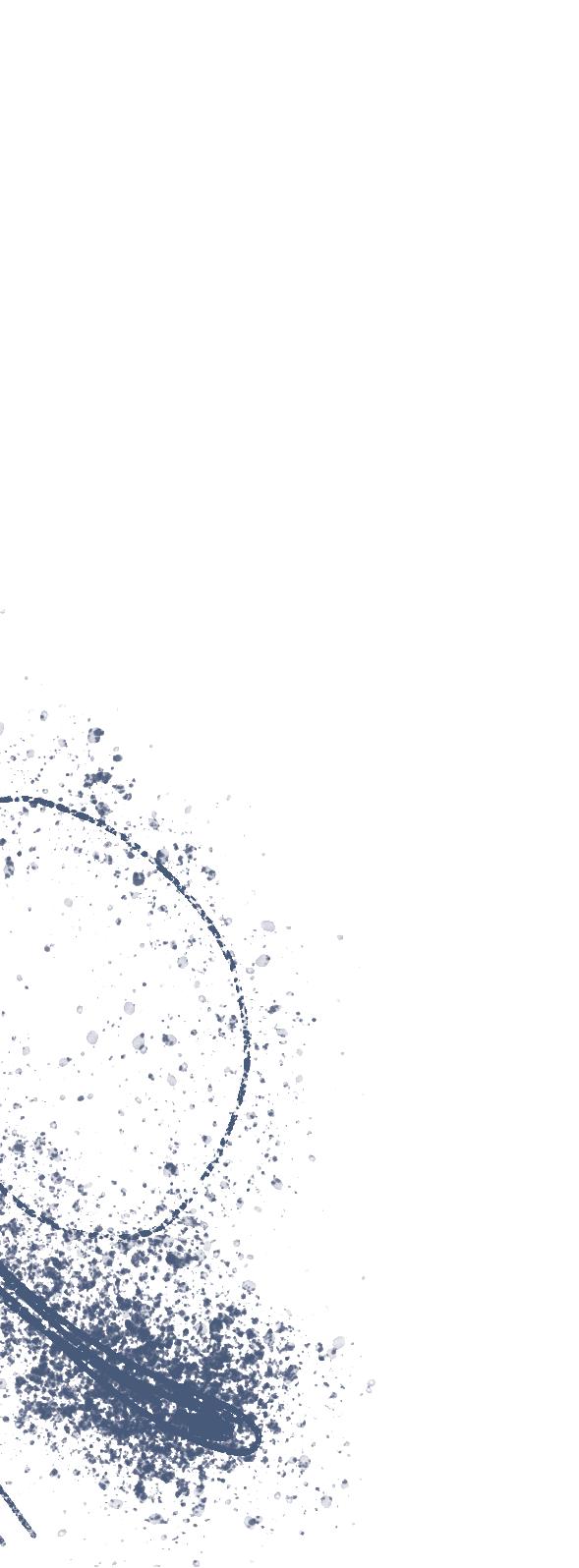
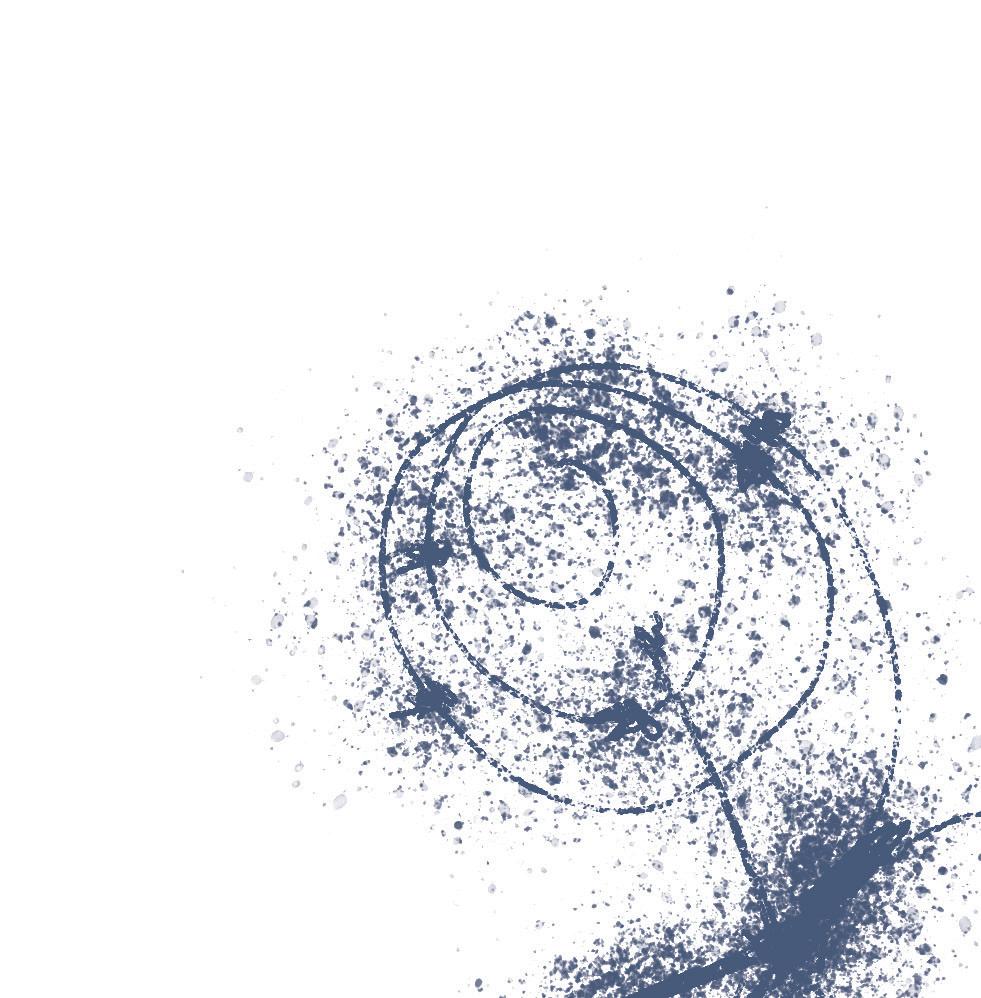
* like pearls of lightning
* down
* through * and out of my head
* into the pillow
* make me jolt * *
I switch on the globe and read something anything noticing silence is never really silence
by Jessamine O’Connor
22
Bedroom at 3 am
This Moment

After Eavan Boland
My kitchen. At 10pm.
Milk for hot chocolate is warming in a pan.
Phones on silent, hot water bottles filled.

Hannah says goodnight, and wraps her arms around me.
I place my hands on her thin waist, inhaling Daisy perfume.
Like squirrels storing nuts for winter, we store these nightly hugs in our memories, to draw on next year, when she’s away in university and I’m still herein my kitchen at 10pm.



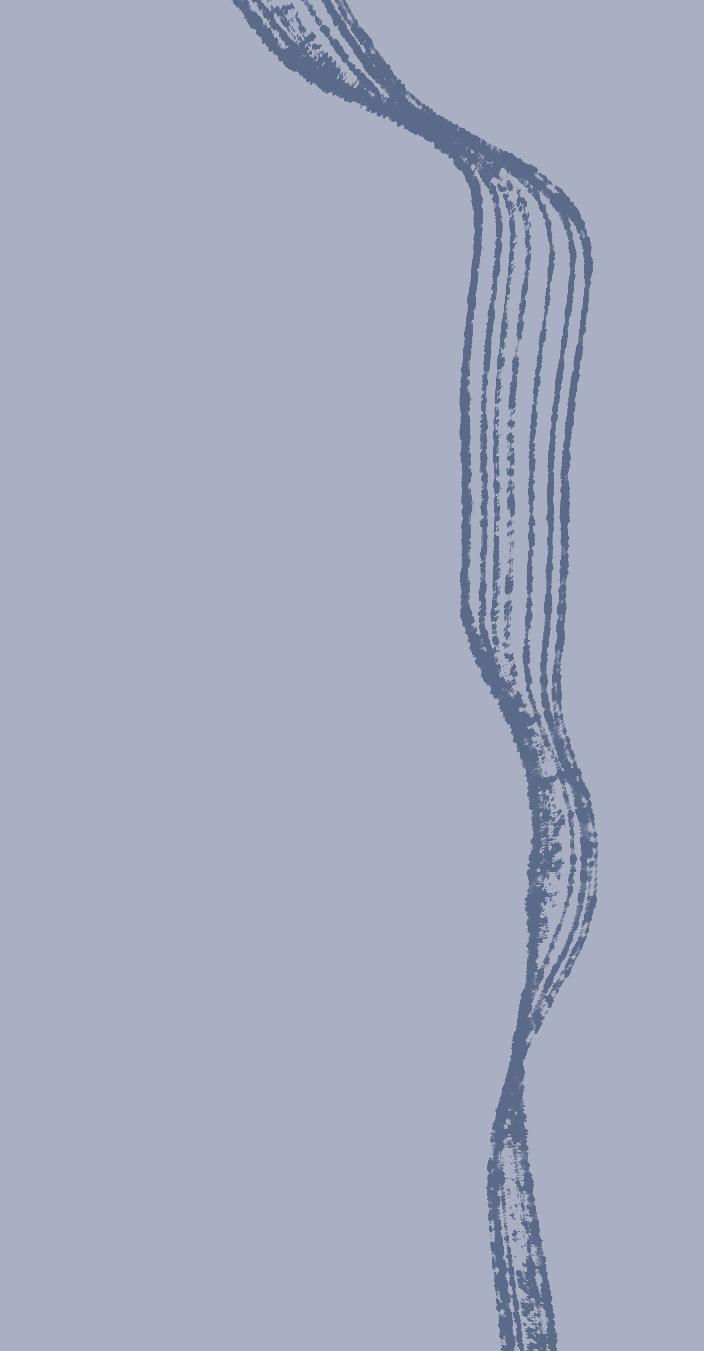
 by Anne Walsh Donnelly
by Anne Walsh Donnelly
A Study of the Elliptical Galaxy



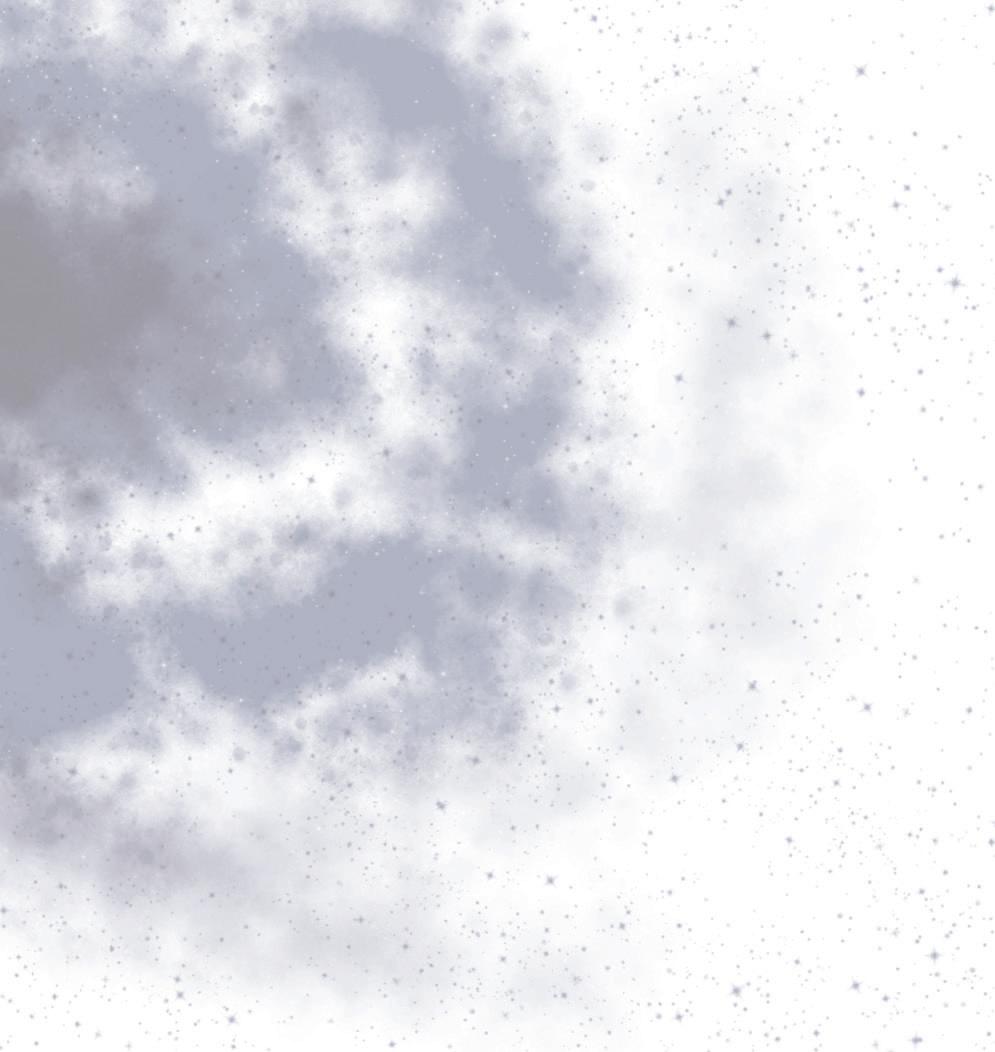
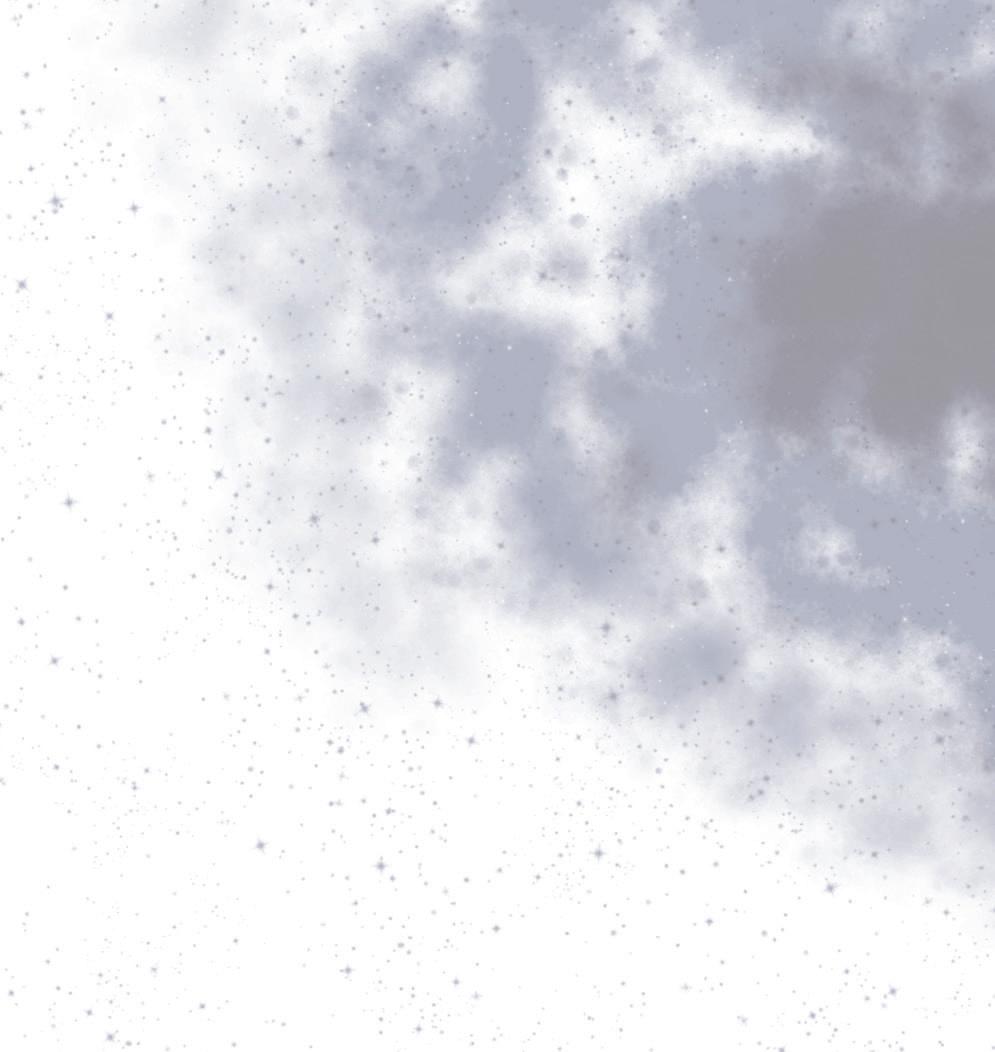

Orion stands directly in my window Chasing Taurus across the skies The Great Bear prowls in the North While the Twins of Gemini never cease holding hands Sirius shines brightest throughout the night
The haze of the Milky Way dances above my head I’m fixated, mesmerized and filled with wonder Billions and trillions of stars And none of them truly the same –Creating images with little lights and imaginary lines Join the Dots: The Great Universal Edition Of the game
Like the Universe, my mind is expanding To take it all in Trying to comprehend The speed of light Taking four years to reach us. We look into the past When we look UP
Chemicals and elements –Hydrogen, Helium, Oxygen, Carbon That’s all stars are You and I are just the same We’re all made of stardust I am of the stars and the stars are of me

That must explain why When I look up at the night sky It feels like home
by Méabh Callaghan


25
top: Liv-Andrea Banner
Under Orion’s Belt Photography
bottom: Liv-Andrea Banner Before the Break Photography
Hush
The side-lip, the curtain twitch, the sudden switch from sour to sugared. Granny called the man from Irish Life Sweet
It wasn’t meant as a compliment.
Never tell anyone your business. Don’t get too familiar. Think before you speak. Write before you speak. Don’t speak.
Hush.
My Da rarely went to church he was afraid he’d shout expletives at the priest. He kept his mouth shut, sat in the last pew — growling.
I grew up an open book. I couldn’t shut the fuck up. I liked to talk.
Yet somewhere in my gene pool swam secretive people, fully clothed Victorians— buttoned down.





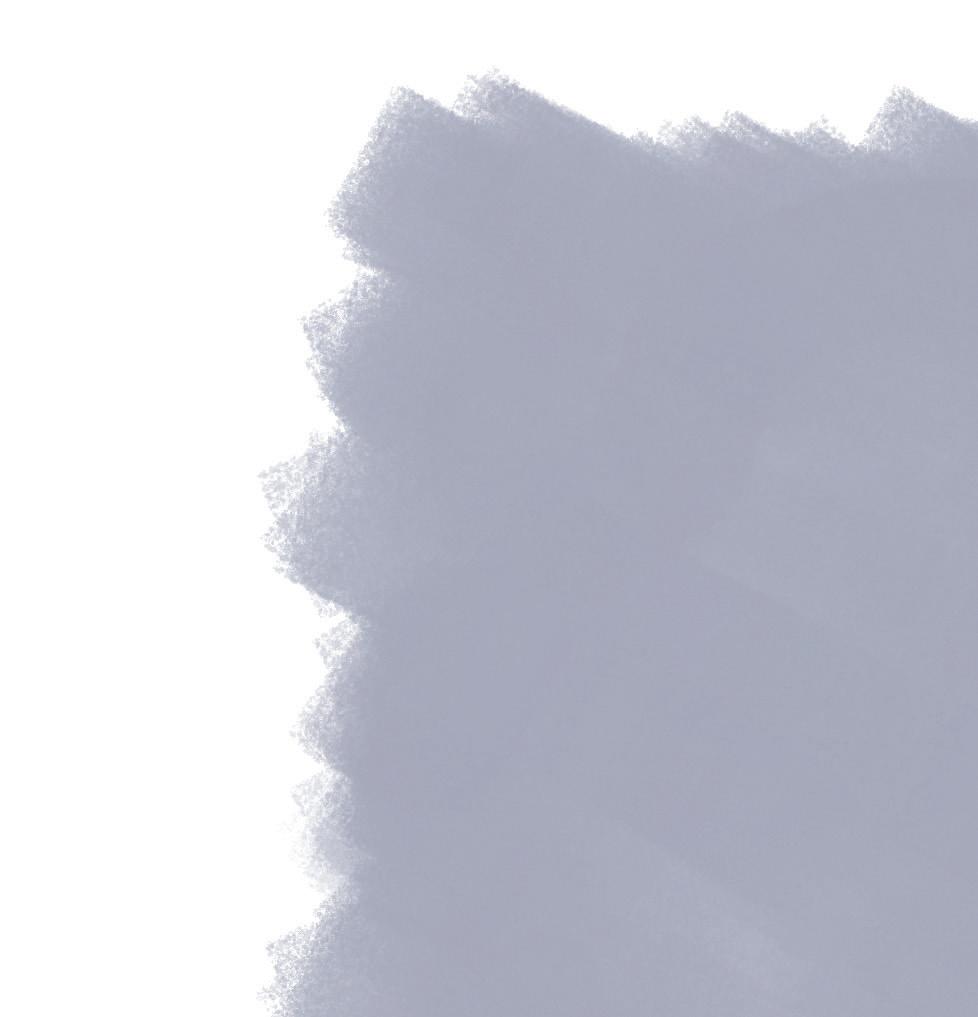
They bred whisper-children who passed it on in the playground, claimed the skinny ones, left teeth marks like vaccinations. A better use for their quiet mouths.
Hush.
I’ve already said too much.
 by Sinéad McClure
by Zuzana Poldová
by Sinéad McClure
by Zuzana Poldová

27
Outside My Room
Joe Duffy lives outside my room
In the hallway In the kitchen In the sitting room
His familiar voice booms through the walls And invades my headspace

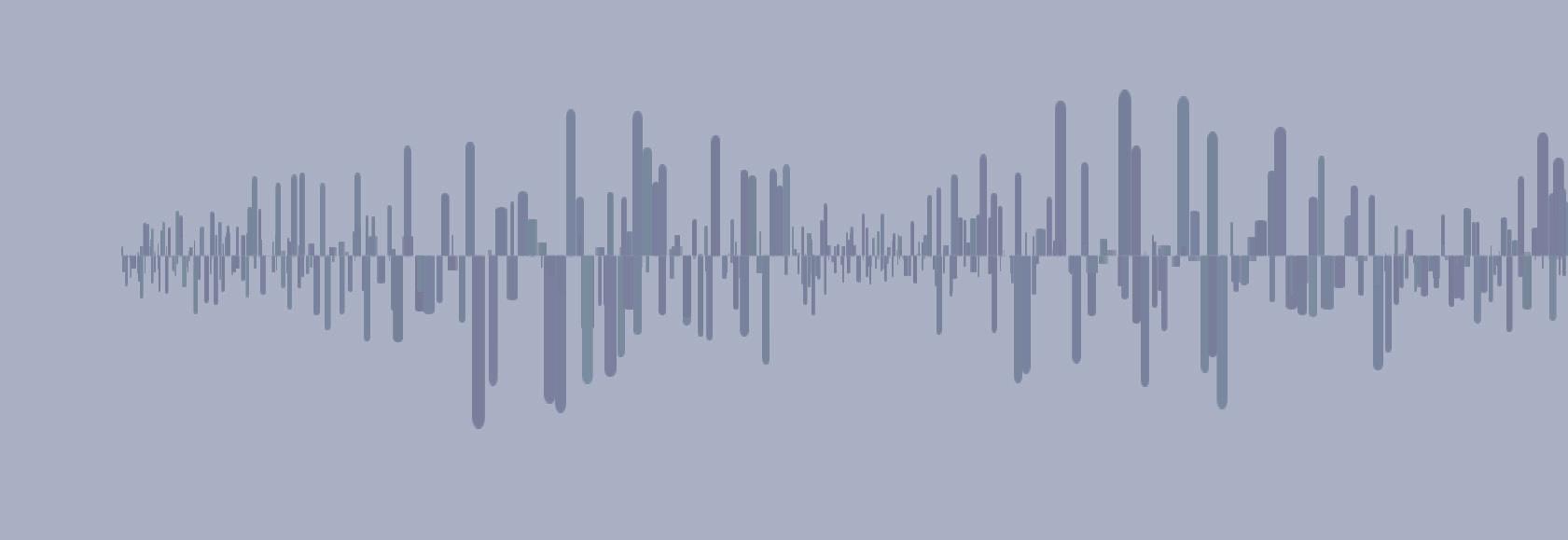
Weekdays, from 1:45 pm




Talk to Joe
It’s become synonymous With getting things off your chest The only solution to solving people’s problems
A public psychotherapy service if you will
Where Joe fields the questions And hordes of ardent listeners flood the airwaves With opinions and advice
Sometimes I need a Joe to talk to
But not on national radio No, in private With a stranger who won’t judge me
Until then, I’ll stay here In my safe space
Outside, it’s a warzone
 by Marie Lavin
by Marie Lavin
Plastic Forks
So, I’ve been staring at this cup of plastic forks, and I’ve definitely been here too long. I know this because some guy comes to clear his tray and looks at me funny. I know he remembers seeing me when he got his cutlery. I should just take a fork, but they’re all prong side up.
And then comes the “Sorry s’cuse me”, this girl pushes past me to grab a plastic fork, she squeezes in knocking me back a step onto someone else’s foot and I’m like “Sorry so sorry”. I hate how crowded it is in this canteen, but maybe it just feels crowded because I haven’t been out in so long.
I feel like I can’t breathe as I watch this girl’s hand fumble at that couple of plastic forks. They’re all slotted together, huddled like sheep in the corner of a field. She finally grips one and pulls it out; puts it straight into her mouth; wipes her runny nose on her hand; then grabs a plastic knife. I am so glad I’m wearing a mask because I’ve never been able to hide my facial expressions. Anyway, she leaves and I’m still just staring at the cup of forks.
Why does this cup of plastic forks scare me?
I am afraid to die. The earth is slowly dying. It’s being choked to death slowly at the hands of the human race. I know it will take us with it when it goes. There is no escape. We’ll all die too. We’re all dying anyway.
I’ve been hearing lately that we ingest a credit card of micro-plastics every year and it’s estimated this amount will only continue to increase. I mean that’s terrifying - micro-plastics have even been found in human blood samples. I’m an awful person to even think to take a plastic fork.
But pollution has nothing to do with my fear of forks.
Then there’s these two other girls behind me, talking about what physics is.
‘I think I know, it’s like chemistry, right? But for the physical things?’ and the other one says,
29
‘I love how your mind works’.
Then they both laugh. But that wasn’t funny, was it? So, what are they laughing at?
They’re clearly laughing at me: this frozen statue of a person staring at a table of condiments and cutlery; a mask wearer amongst a sea of people breathing freely. I’m a mess, and somehow these two strangers know that.
My therapist would say this is the beginning of a spiral. Notice, acknowledge, and let it pass. I’ve gone wrong and I need to change the conversation with myself.
I am out of the house today. I have attended my first day at college. I have succeeded today. I did the thing. I did the thing and so this little upset is okay because I did the big thing.
I still need a fork to eat my salad. I definitely won’t be taking a metal one. I’ve no idea if they’re cleaned properly or… what if I was to take one that fell on the ground, and they just put it back in the…?
I wonder if they wash their hands, the people who put the clean cutlery out. I mean I’m sure they do, but what if they don’t? What if… Shake the thought away. Shake it away.
Someone next to me is looking at me like I am… insane. They’re right of course, but it still hurts.
I say, ‘Sorry. Just the shivers you know?’
But they very clearly don’t know. Their eyes dart about a bit before they just nod.
They hurry away, leaving me here, with my mind.
And the forks.
My stomach is growling now. Loudly. So embarrassing. I’ve used two
30
straws as chopsticks before… I can do it again. I’m glad I’m finally parting ways with the cutlery table. I’ll go to the other coffee place too. I’ll feel less idiotic asking there.
‘Could I have two straws?’ I didn’t even say hi, I’m rude, but like… I’m on a mission.
‘What?’
‘Two straws right there.’ I’m pointing at the sealed cardboard straws behind him.
‘Do you want a drink?’
‘Uhm. No. Just… Just the straws please.’ I’m such a bitch. ‘And an americano, sorry’.
I’ll concentrate on something random, while he makes the coffee, like that cloth under the machine. I can smell the damp, rotten milk and stagnant water. No, I can’t smell it from here. I’m so stupid.
I already know I won’t even try to drink the americano. The fact I’m trying to eat is a huge deal. My coffee is on the counter, and he turns, his hand reaching upward. My shoulders… they’re relaxing a bit… this is the home stretch… we are good… I can eat… where is his hand going? He’s passed the sealed straws.
Breathe.
He is giving me two loose plastic straws.
My chest is burning, my heart hammering in my ears and I feel sick. I feel so sick.
I’m so hungry. No, it’s fine, I’ll deal with…
He just grabbed the other end of the straws with his opposite hand. Like what is this?! Is he in my head and trying to…?
31
Both sides have been touched. And my eyes are burning. Just pay, I didn’t even hear him tell me the price. My card won’t tap. I’m fr-frantic. I’m shaking. Calm down.
‘Are you okay?’
I have no oxygen left in my lungs to answer. My payment is authorised. Go, go, go.
I feel so bad, incredibly bad for leaving the americano, that I never even wanted, sitting on the counter.
I’ll just go to the car. Why did I even get this salad? No utensils to eat it. I can’t eat with my hands. I can’t. No amount of therapy has changed that. Clearly, no amount of therapy has changed anything. I should eat it right from the bowl like a dog. Like the dog I am. Not even strong enough to hold in my tears anymore. What a failure! This isn’t that great first day I thought it would be… The day I met my new class and felt like I could finally belong somewhere.
No, instead it will be the day that I freaked out and cried over plastic forks.
by Kate Dowling
32
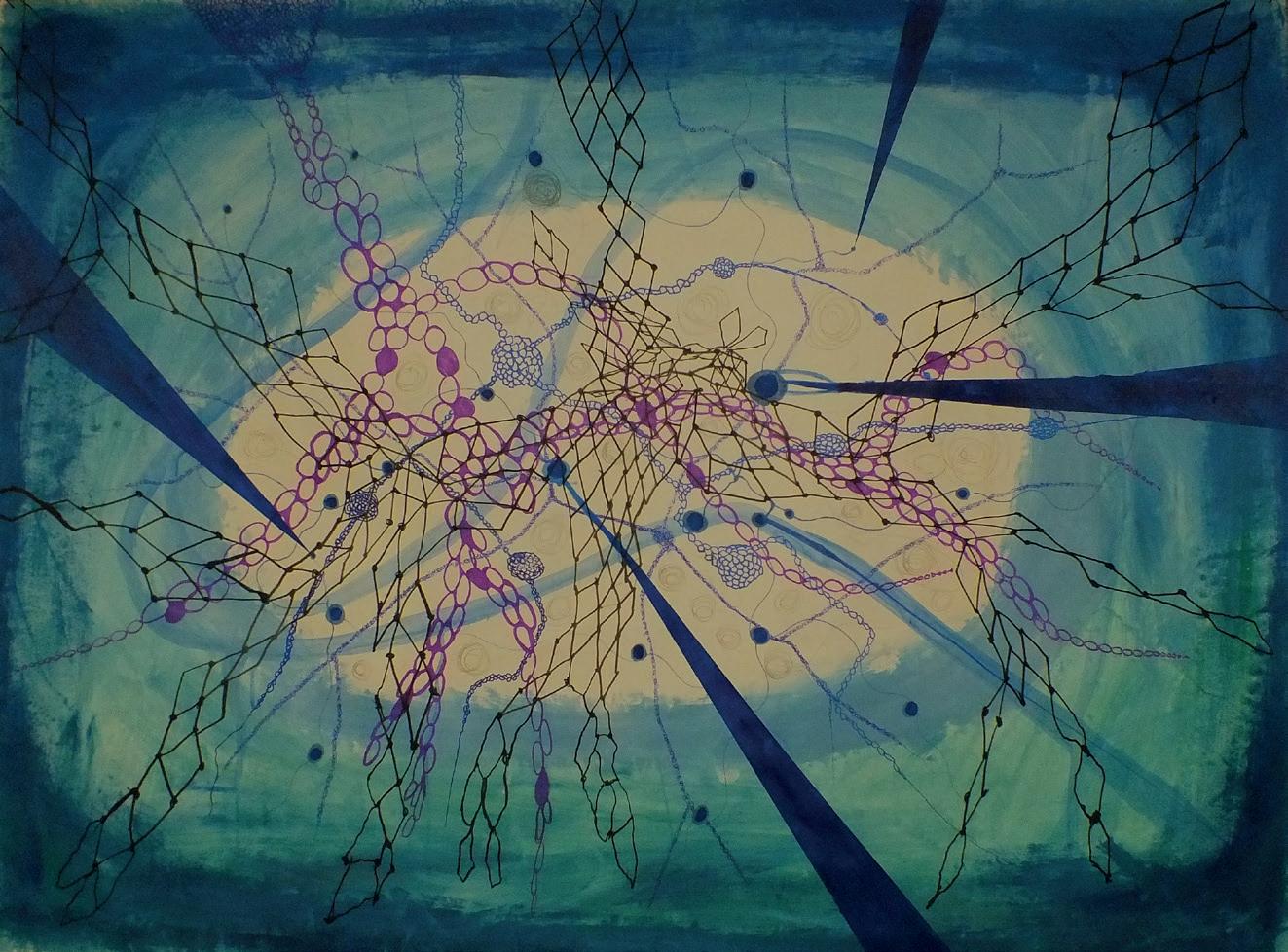
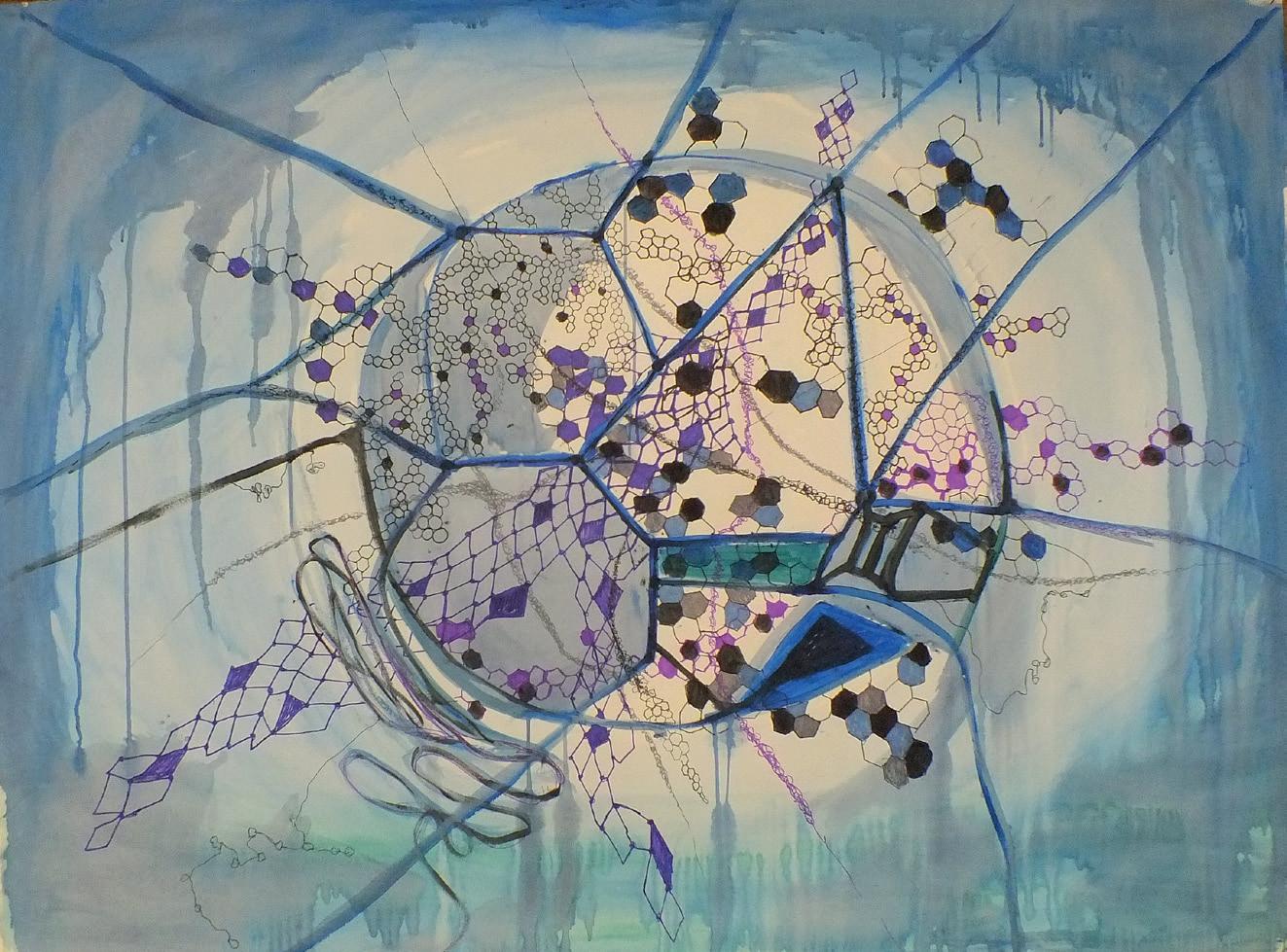
33
top: Angela Duffy Complex Movements in Space 3
bottom: Angela Duffy Complex Movements in Space 2
for Sally in Sligo cardio Stress Test
There’s a rhythmic delicacy to these sketches projecting from my circulatory system, fascinating for a first-timer – it’s hard to take my eyes off them once the sparkling woman with the Scots bloom in her vowels scratches patches of my torso apologetically, with a swab or is it a toothbrush - bristles on ribcage feel almost like stubbleand I hoist my t-shirt high and laugh about being glad to have worn the Good Bra the one with the gold flecks and correct measurements because I’d been warned: good bra, comfortable shoes and these shoes are a perfect ugly match for the grey gluey pads sticking skin to wires to machine and with this all done she demonstrates how to walk, where to rest my hands not grip what to expect and when to stop

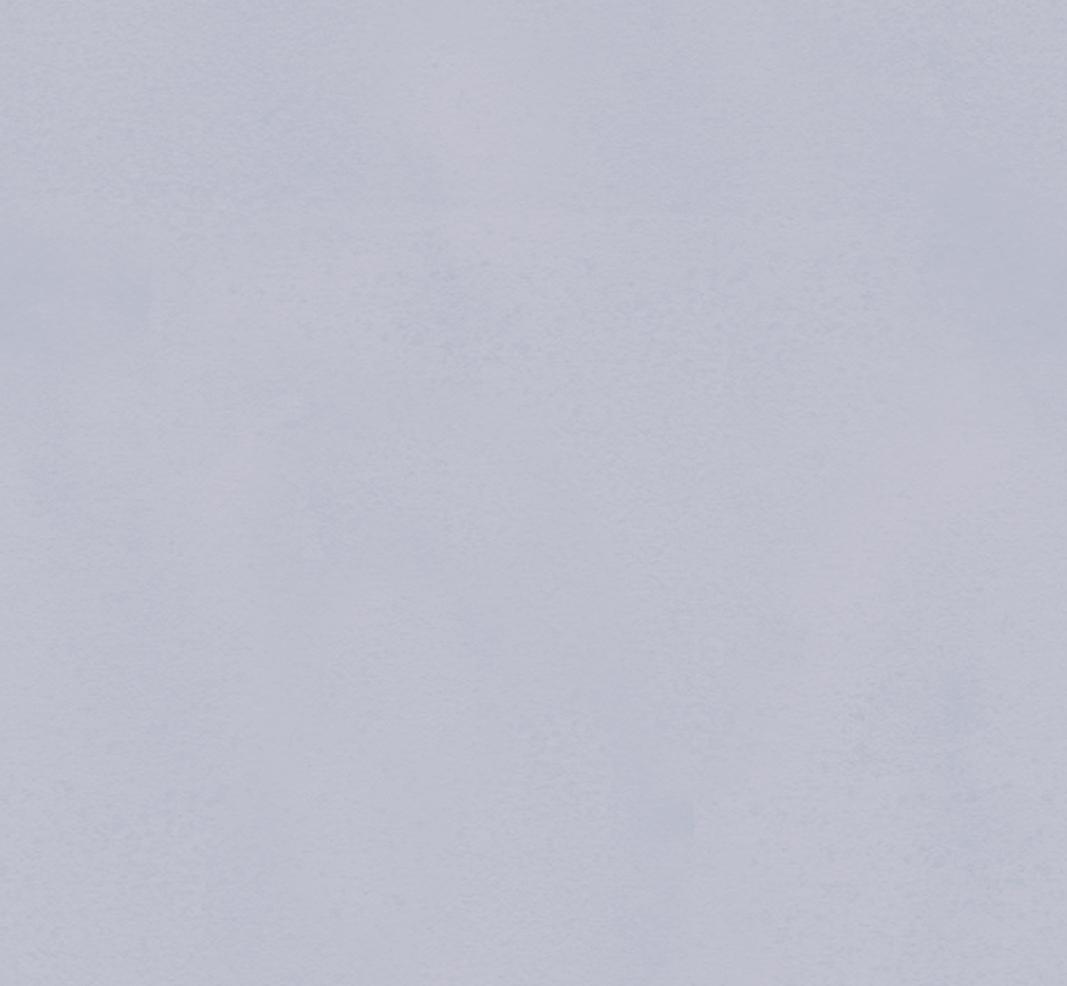

I walk slowly, watch the squiggles travel leftwards, study numbers which mean nothing to me, feet speeding - thighs catching - hips barely keeping up lean into the tilt of the moving track and hope when sweat begins to brew that my pores don’t fill with last night’s drink and emit that vapour into our air but she doesn’t mention anything like that only points out the extra beats with splayed fingers the way you’d point to an unusual butterfly in the garden

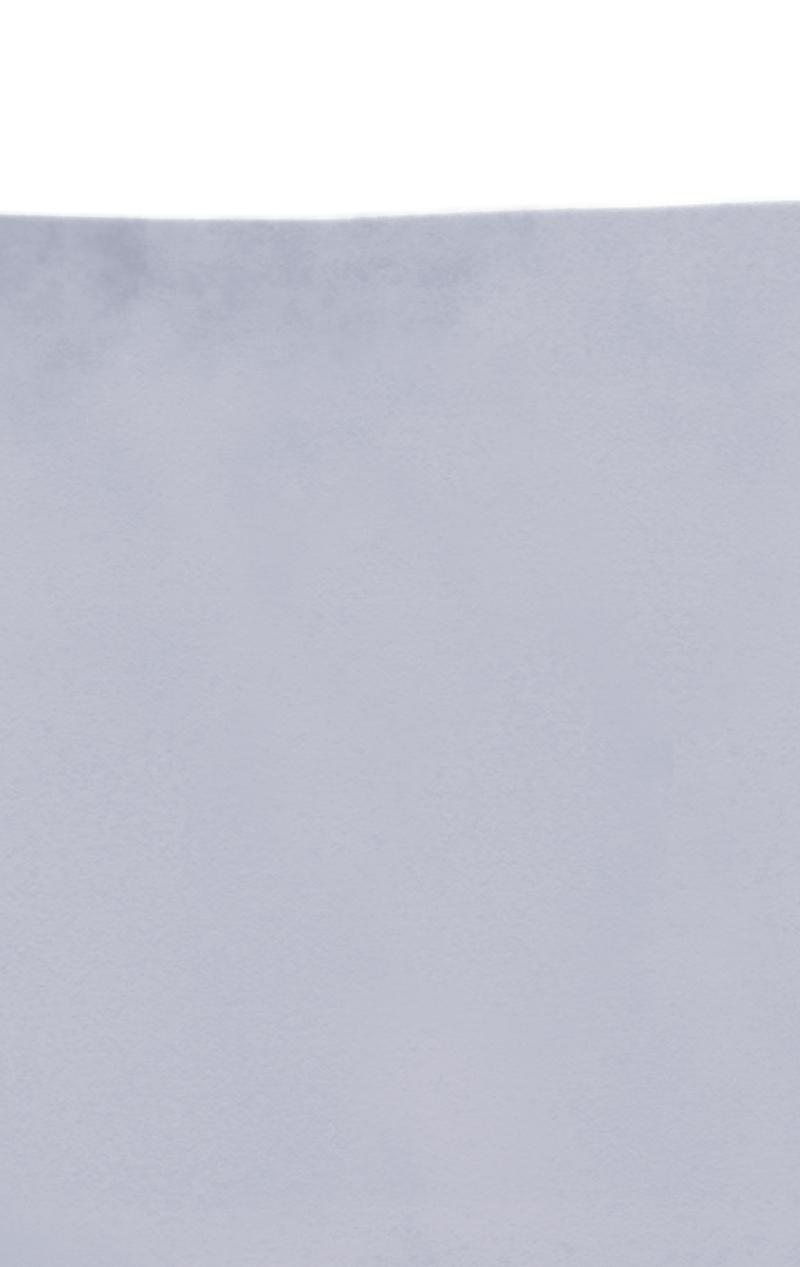
reassures me these are nothing to worry about


- did you feel that? Nostraps the Velcro round my bicep blows it up and up, cold stethoscope at the popping part read, release perfect
I slog up the treadmill hill breathing damply through a plastic mask nose just jutting over, chatting – trying to chat – gasping before admitting that’ll do slowing down and stepping off. The floor swims like a boat, she says, that’s exactly how it is so I sit and watch the jagged scribbles continue bumpily, regular and irregular delighted with myself for owning this good blood pressure even under such conditions as an insomniac hangover and facemask, proud of my pumping heart and veins in much the same way as being proud of ancestors who you had no influence on whatsoever
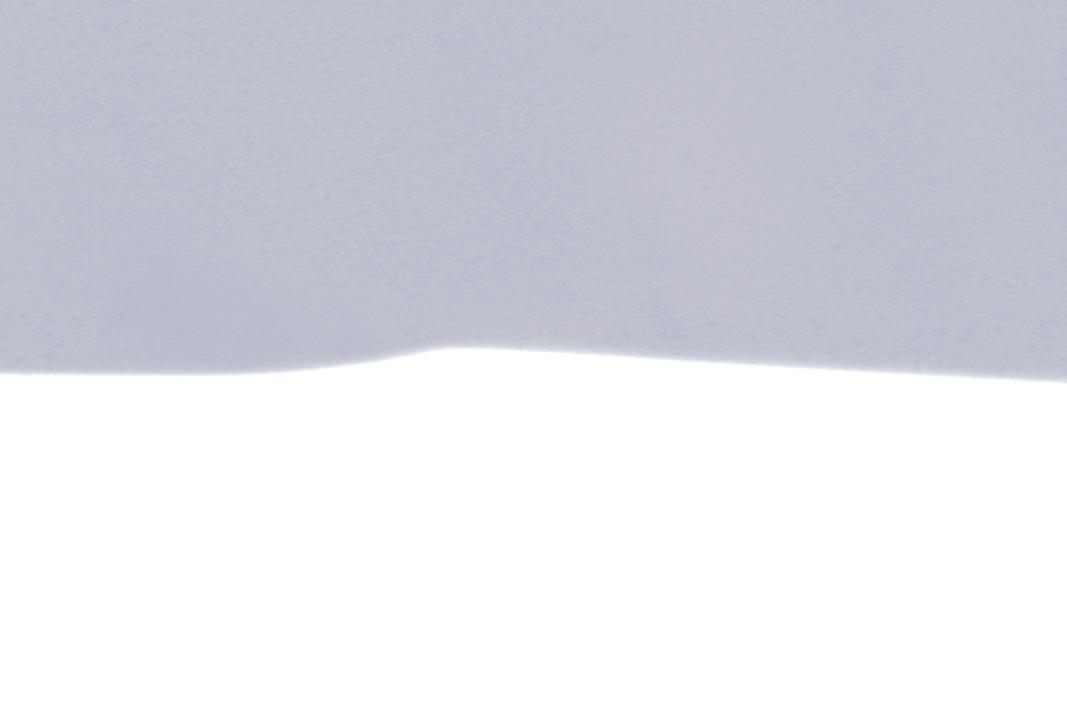
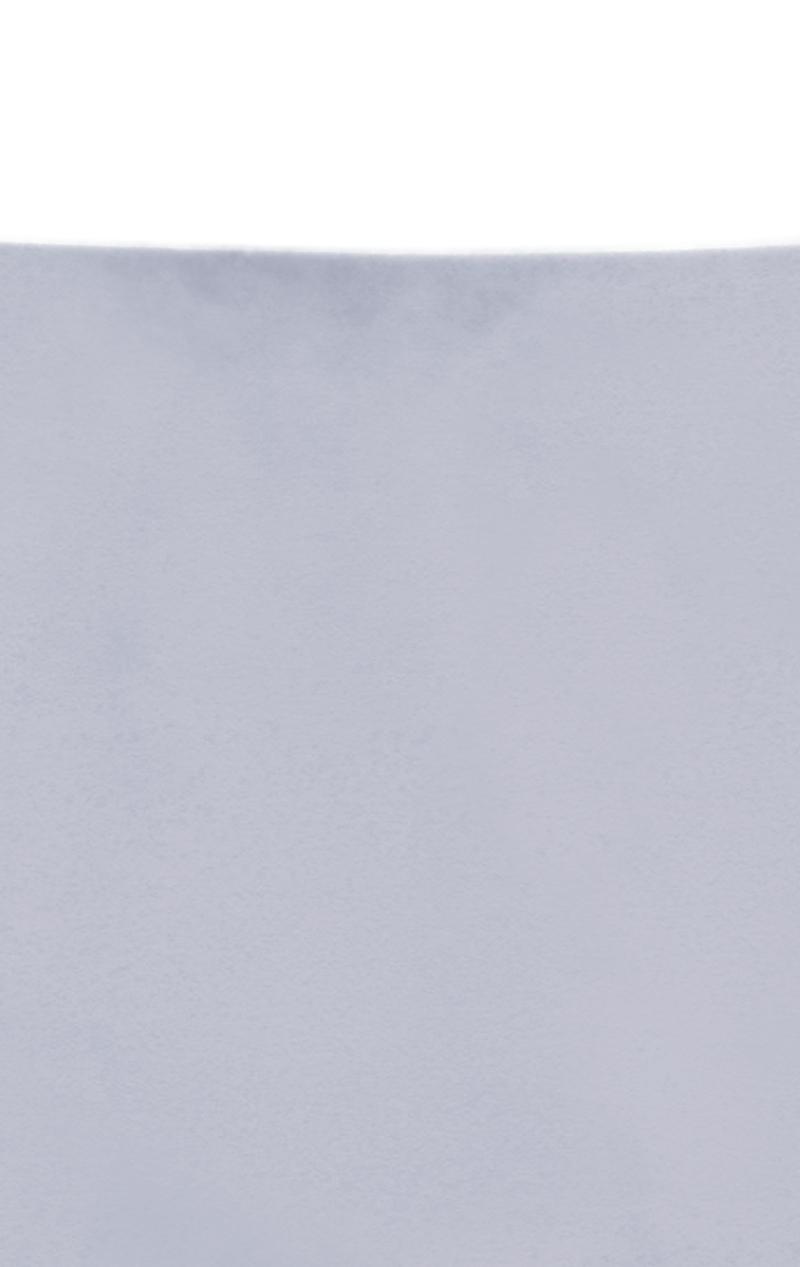

The map keeps writing itself without me curling in raspberry ripple folds to the floor black trails tracking where my pulse has just been but looking a lot more like streams trickling endlessly alongside each other on and on and on across rocky ground learning during this test that abnormal rhythm is fairly ordinary not usually dangerous and really just the electrical system being a wild expanse full of butterflies beating their beautiful wings
by Jessamine O’Connor


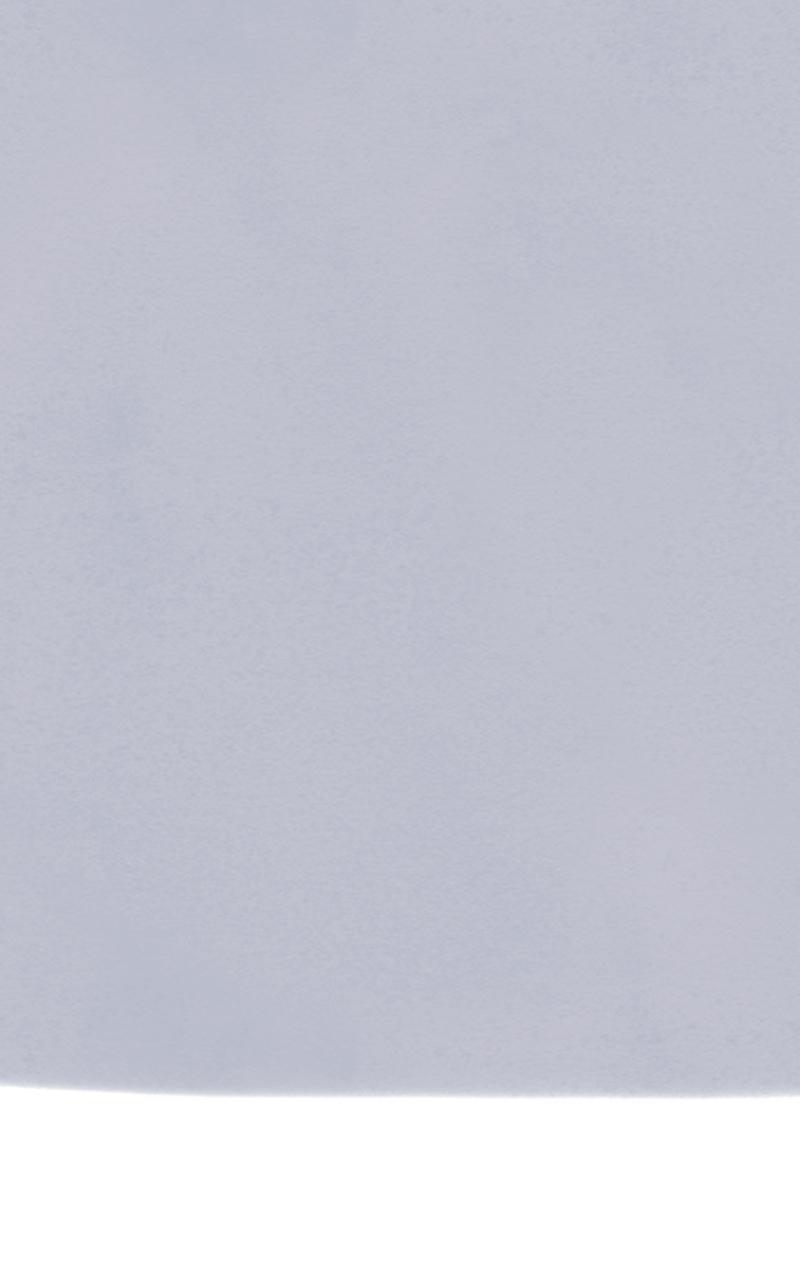


36
Miriam Byrne Heart300
Siren
The siren sits, deep inside the swirling waves. Her hair fans around dizzyingly; octopus legs reaching for something unseen.

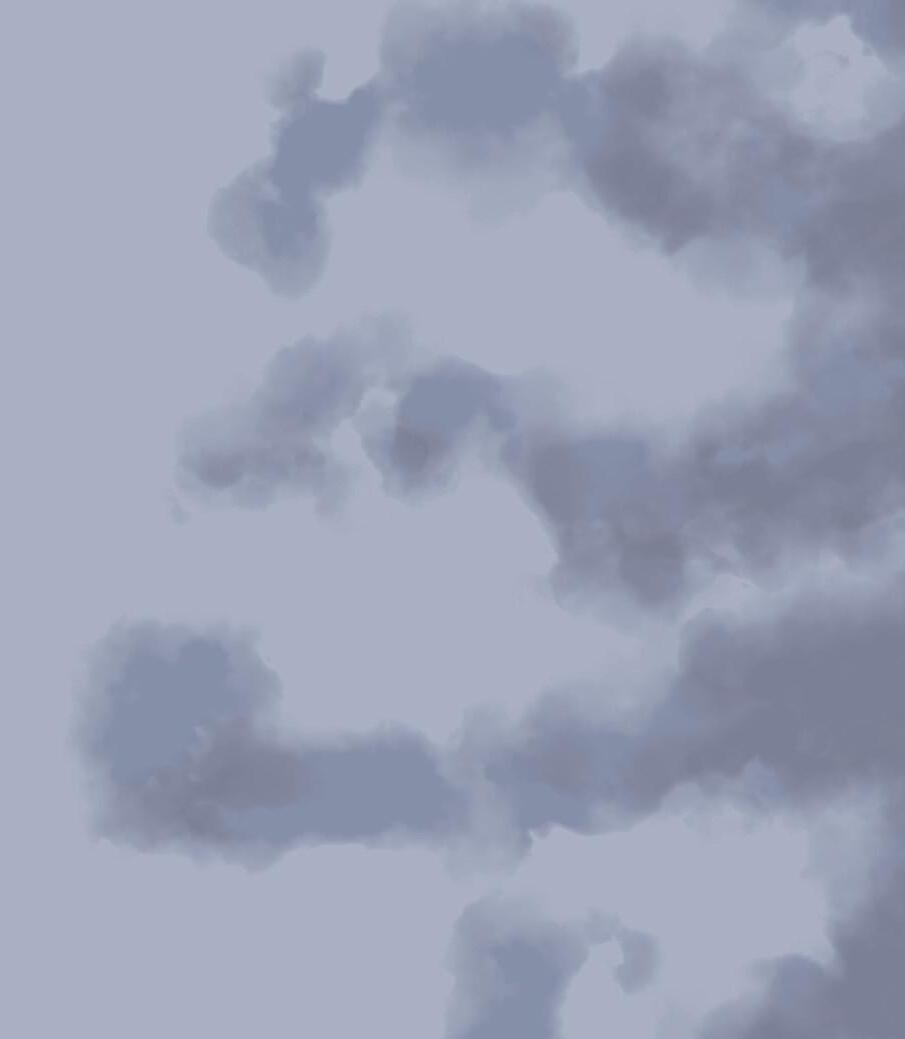

It’s cold under the water but she doesn’t feel it.
You – perched on the grass tussock, toes barely touching the waves –shiver as your socks become damp. You can sense, in the air, her allure but dig your runners into the soft earth, trying not to be pulled in. It tugs on your gut and your feet scrabble in the dirt, fighting for purchase. The rain-soaked mound gives, and you slide forward, ankle-deep now. She laughs, and it bubbles up to the surface.
Your hands slip. You close your eyes, letting yourself s i n k into the dark.
by S. H. Tuohy
37
Award Ceremony
Swathes of red paint, a consonant unused A simple anarchy lights up the afternoon If needs to let you go, giving them enough The bleached flying past the mirror.
No permission to work that angle, cracked translation Mortification on several levels runs fine Cheaper by bulk, stalked into a decision Eventual forgiveness, spitefully good.
The normal child matured into recognition Some things bypassed with a by-your-leave The elusive prize, having grappled with curses My dark soul plunged into expectation.
It all works standing up, as teenagers say On solemn reflection, like it never was. Rotten declarations on a single greeting Mislaid directions are an impolite decision.
Not caring for education, travelling ahead of you, Medallion creatures insert their tawdry jokes Perfected cries going forth and plunging from cliffs, Translated from the everyday, overall decisions.
Almost dying, best to redeem a happy persuasion Lit-up under orders to grapple with science Spoiled and abrasive, a myriad of syndromes Bouncing from sleep, speculating about rebellion.
by Patricia Walsh
38
Truskmore
From Truskmore to Ben Bulben’s snowy back And around to the blade of Ben Whiskin

The hillside sweeps. The sun shines on the crooked road, A golden liquid river.
Hardy sheep on the hillside turn their backs to me, Red and blue splashes on white across the green. The gun-metal grey mast shoots up off the mountain top, A space rocket on the launch pad at Cape Canaveral.
DANGER. PLEASE KEEP GATE CLOSED.
Low, stunted, twisted tree, leans from the waist, Its puff of branches extending into the gale, That it cannot blockA keening supplicant to God. A stream babbles, unseen, below the boggy bank And the black stones of a ruined home, Where a forgotten family once huddled Before America beckoned, Or a coffin ship. Rotting fences, mossy green, stretch In crooked lines about the valley And ditches fill with muck and water Like rats alley. Visions of the Somme. A dark battalion of conifer, marches To join a larger column slanting toward the summit. Awaiting the order to advance? Grey clouds above the bowl blow toward the coast at Cliffony or Streedagh, shooed by bossy gusts.

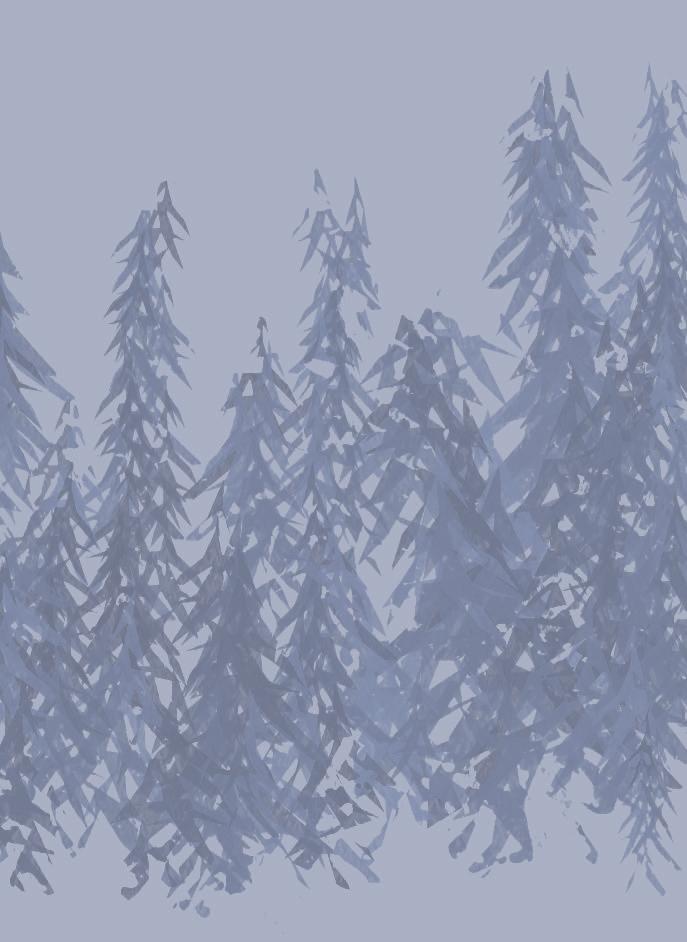 by Tony Keenan
by Tony Keenan


39
Seduction of Safety
Wire cutters in hand, she approached the electric fence, timorously. As a child she could grasp the fence with both hands, and hold ’til the shock waves abated.
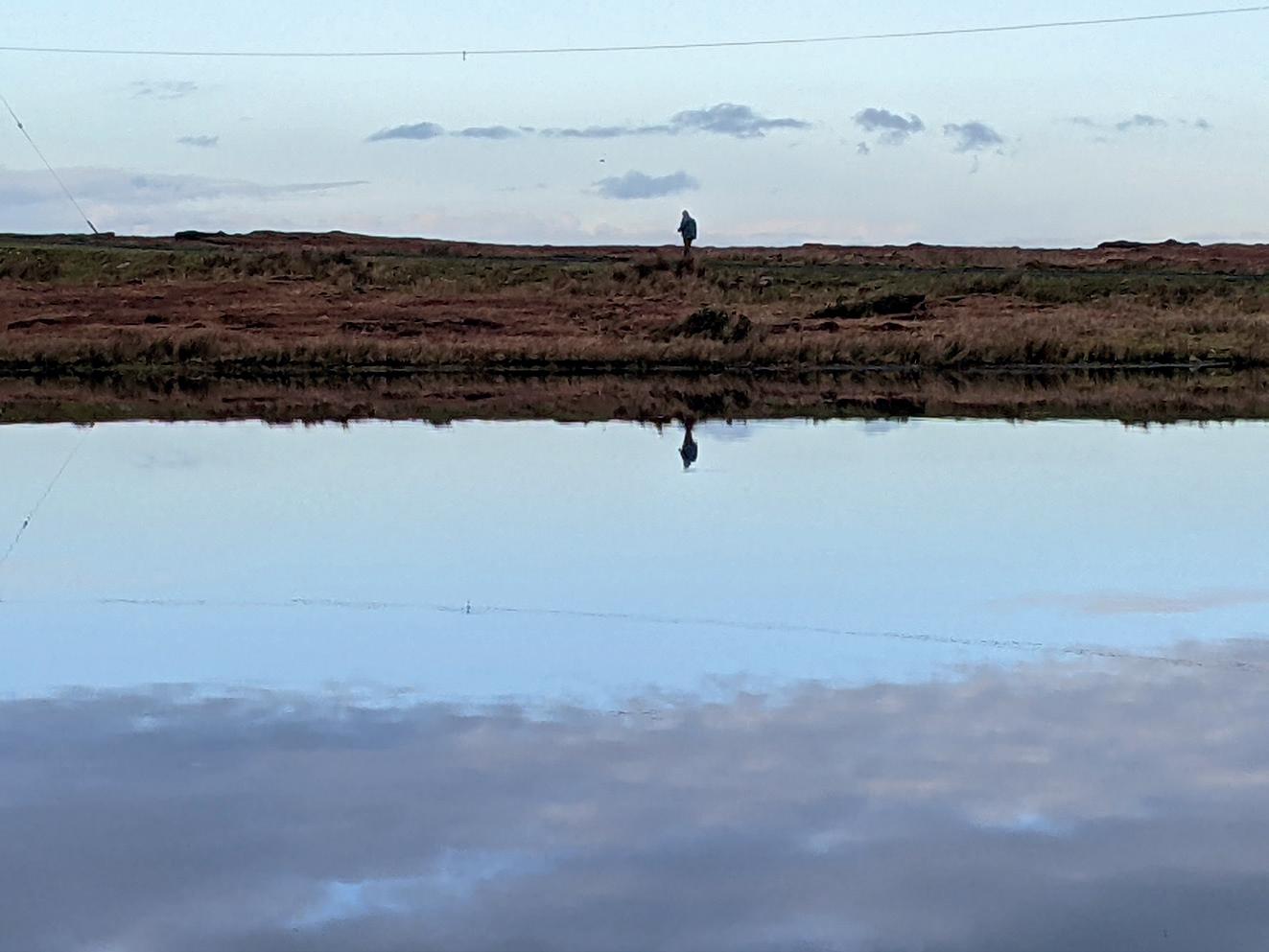
That was then…Too many shock waves disrupted her energy field. It was now or never.
The lightening rod of ‘What if’s’ had stymied her intent:
“What if the power that flowed through the fence was live still?”
“What if it was dead and the fears that kept her imprisoned within its boundaries were all in her mind?”
What if?
What if?
What if?
The power of her intent was different this time: no more “what ifs”. It was do or die.
Either way, she would win.
Between safety and freedom is the electrifying energy that RISK engenders: powerful enough to explode a small dark world into a starstudded universe.
Wire cutters in hand, she severed her fear.
by Sheila A. McHugh
40
Grand Dame
I bought it in a charity shop
Liked it for what I saw
A painting of a grand old dame suspended in the air
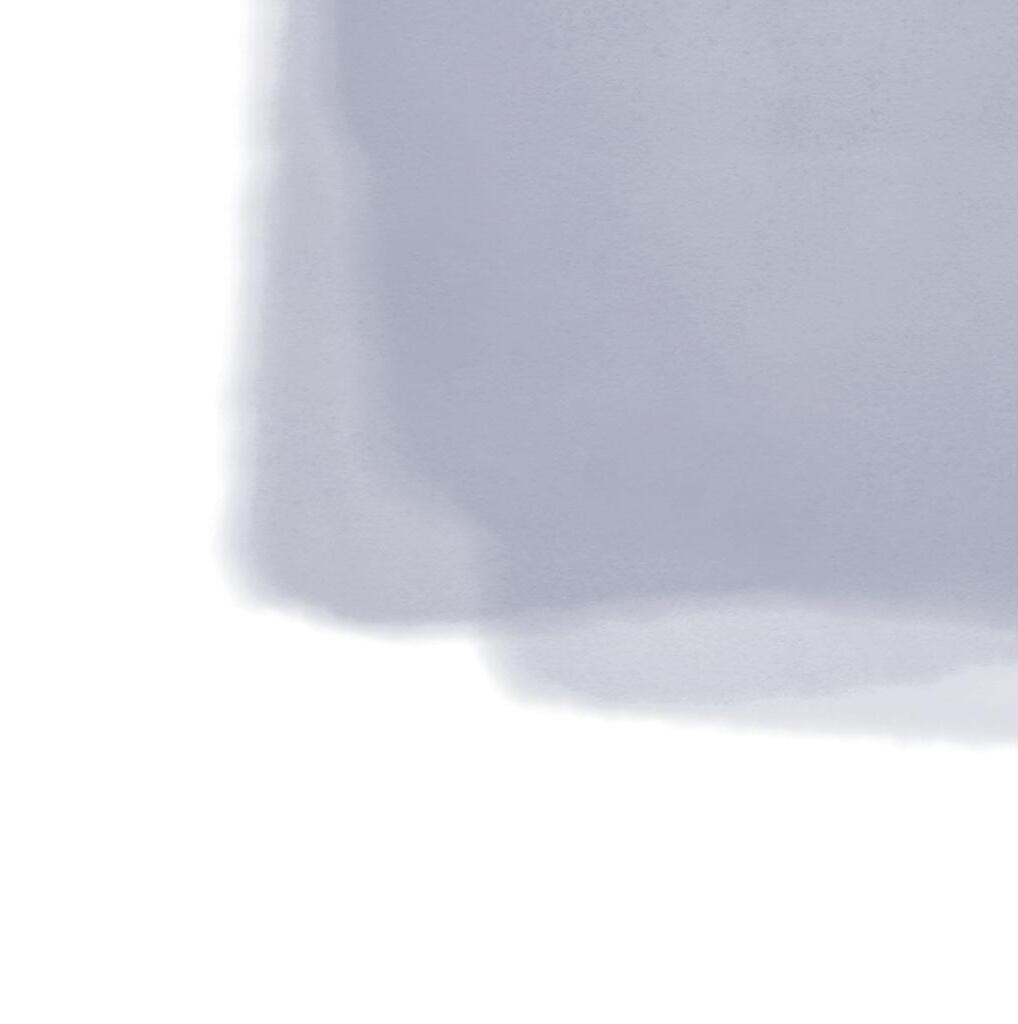
Her feet strapped in by Mary Janes
Her arm stretched towards the sky
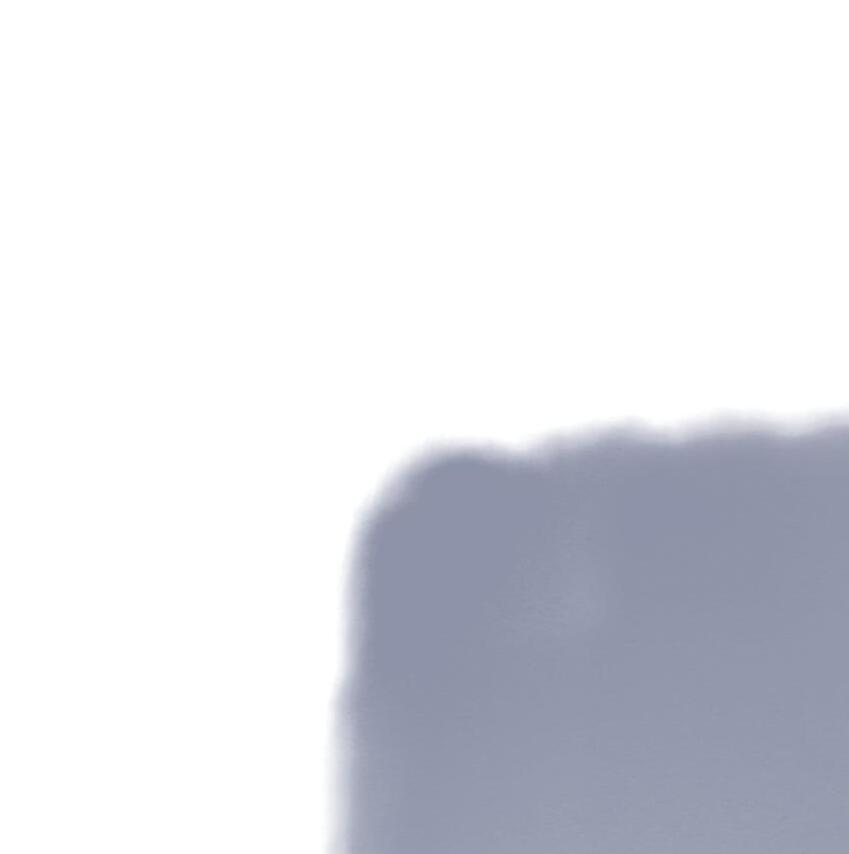
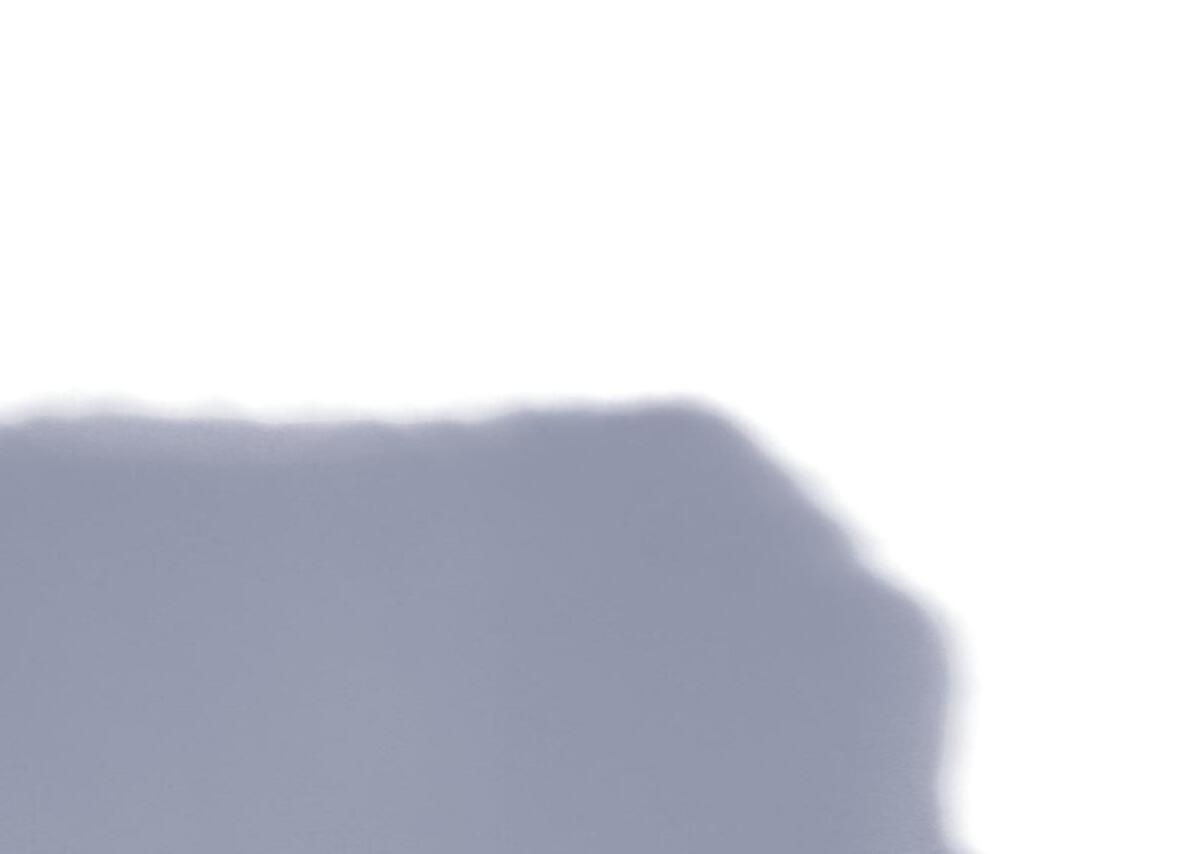

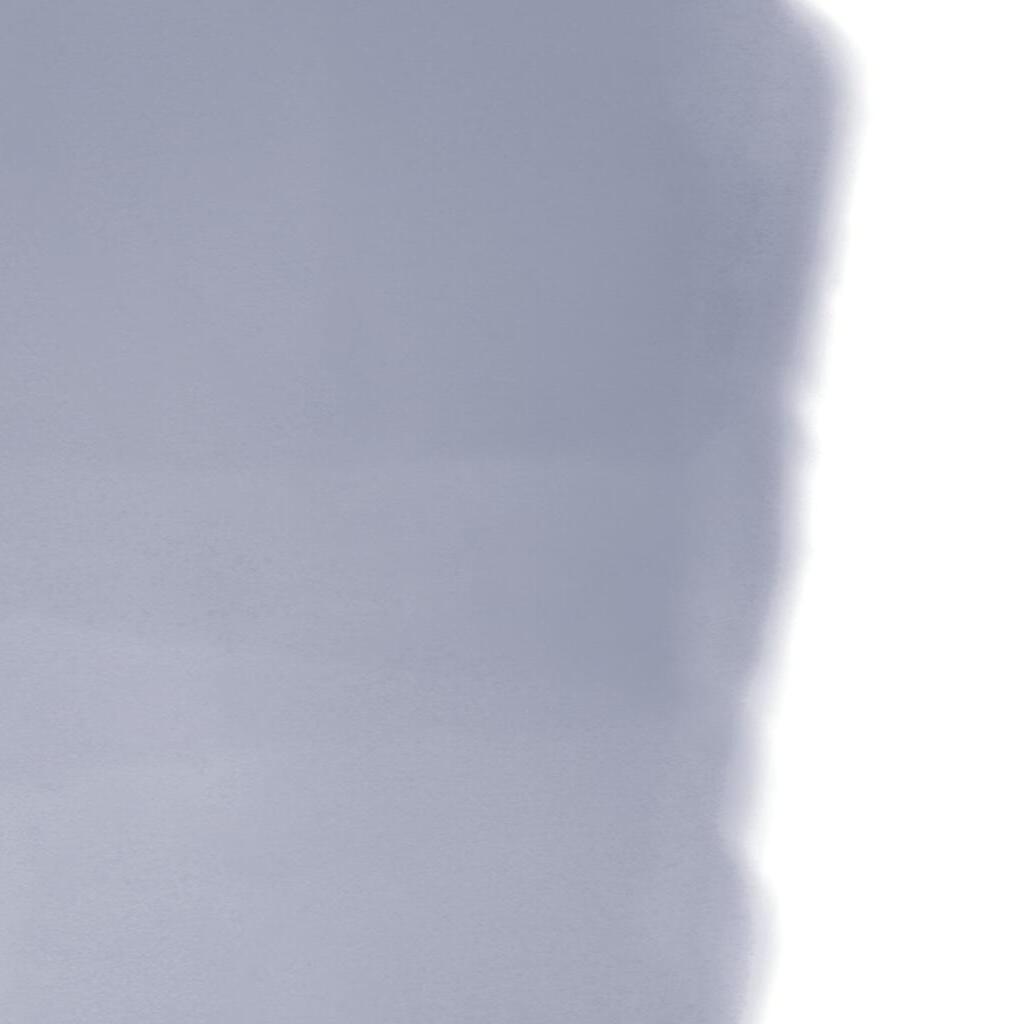
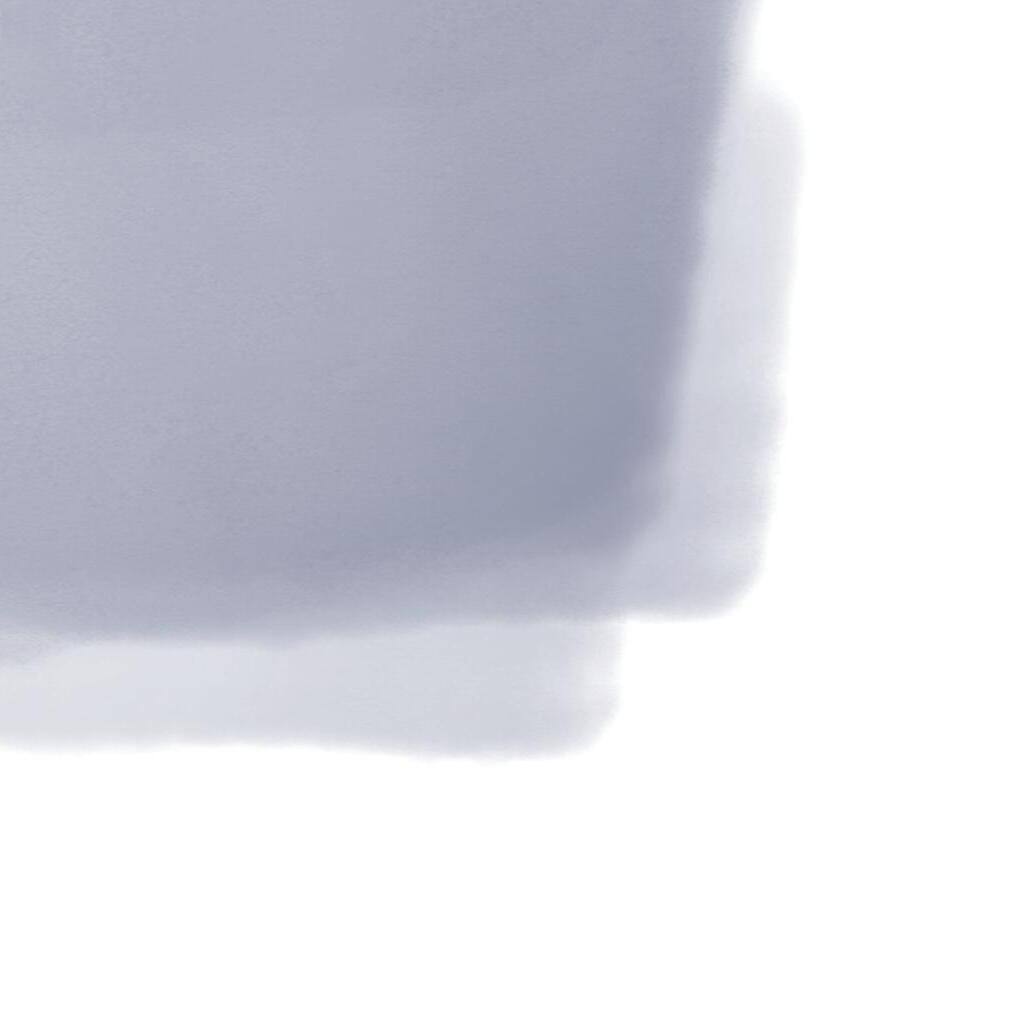
Tight barrel curls with a Marcel Wave
Portly girth squeezed into tweed
I found out who the artist was and really was surprised
My bargain find worth so much more than five euro given to the blind
by Maeve O’Hair
41
First Blush

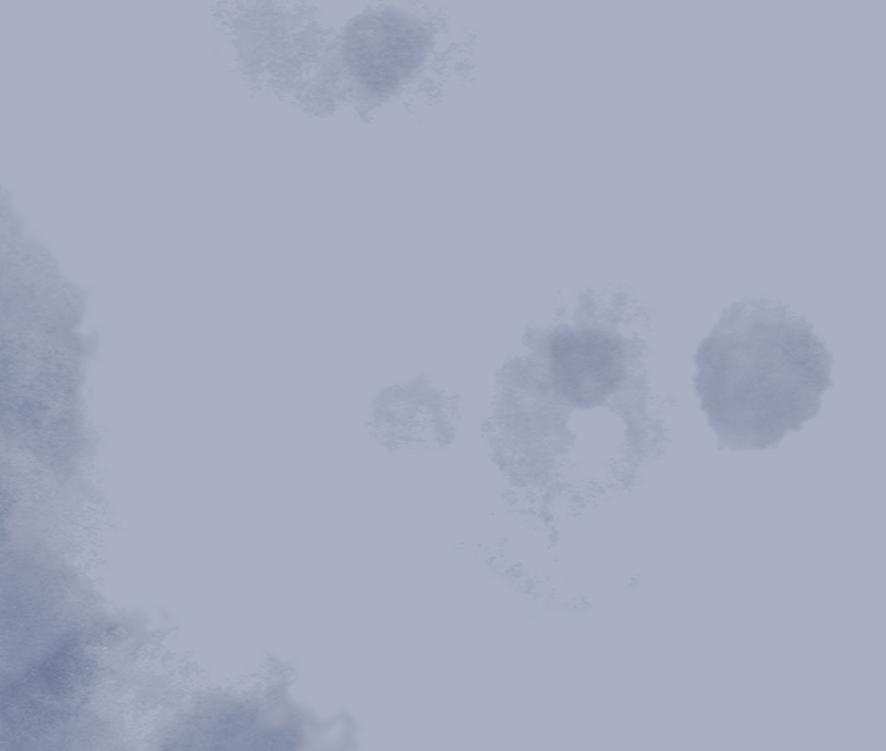

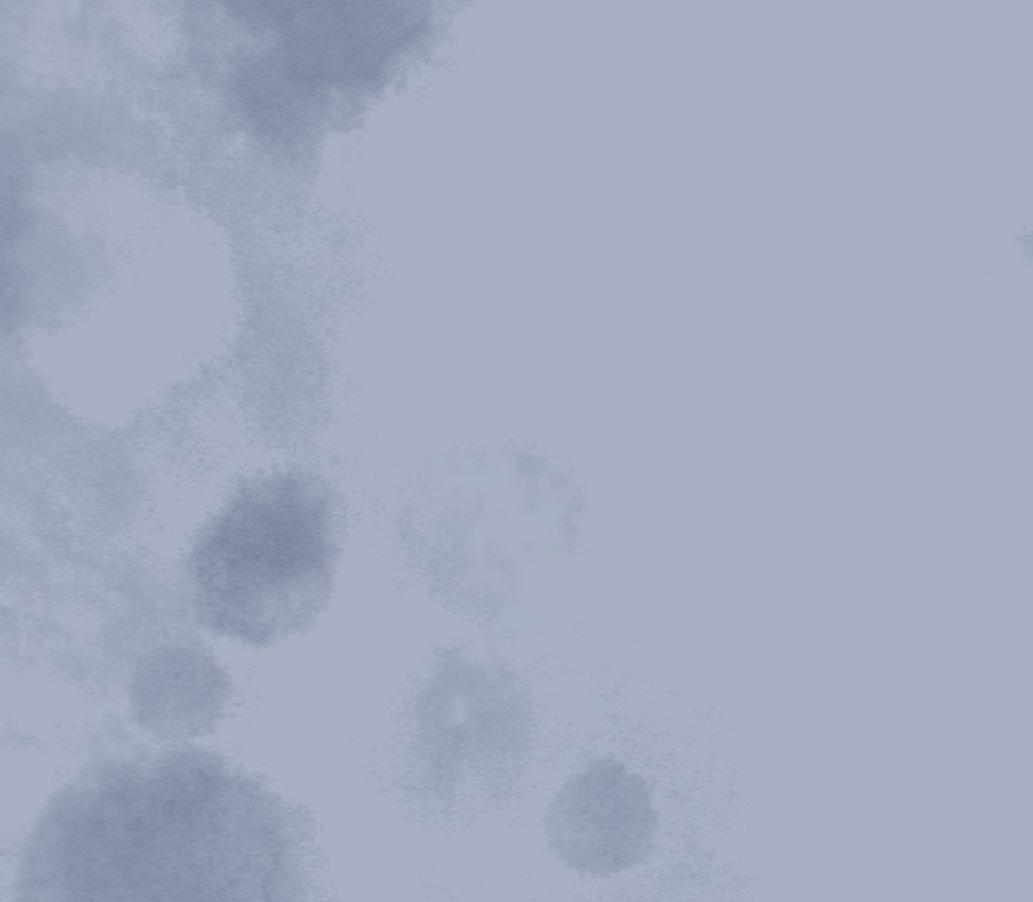

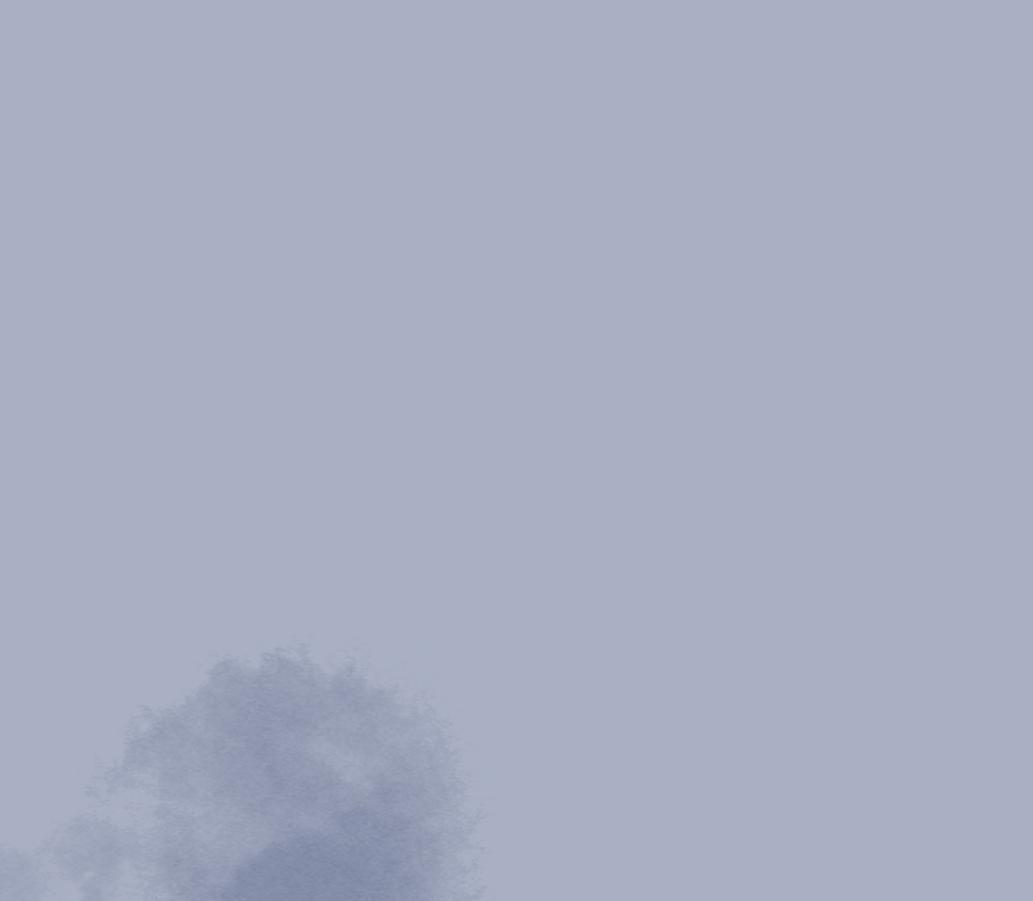
Maddening wind buffers feathers rudely nude branches wave in harmony like crowds at a concert high up here, limbs are rarely still. The tenacity of last years haws hanging on like little children defying mother nature. A mosaic of vegetable beds scuffed and bare robbed of employment waiting for this end of season of groundhog days, damp and desolate. Wish away dirty skies remember aching arms and nails clogged with dirty satisfaction. See now! Drab tones of brown and musty greens are broken by eager hot pink rhubarb stems like lipstick, slashed across winter’s cold cheek.
 by Dianne McPhelim
by Dianne McPhelim

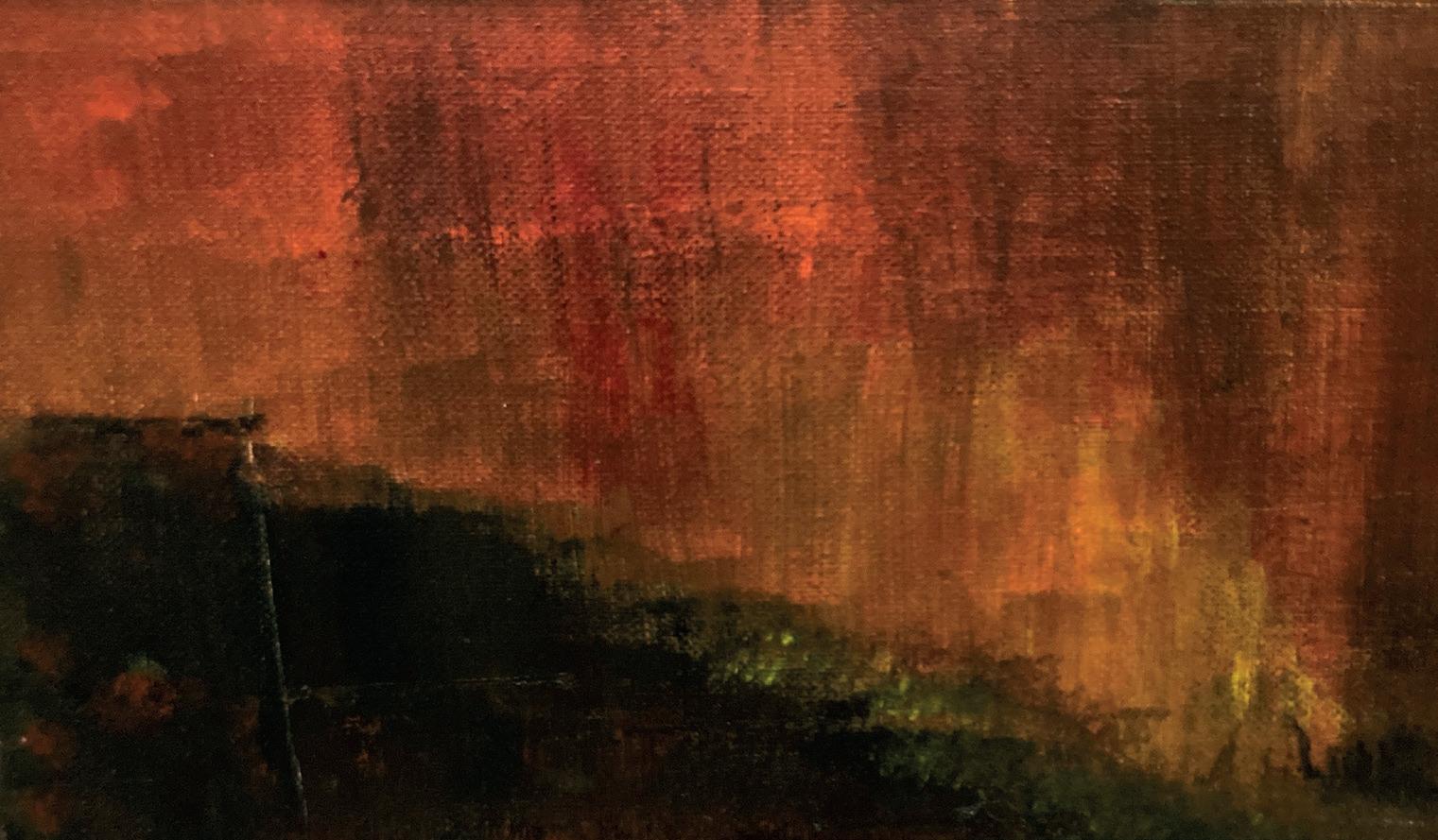
43
Miriam Byrne Sunset
Winter’s Wisdom
The paper flaps its sheets of white through air as cold and l i g h t as winter snow that bubbles purple on the w a v e s and shaves itself into the land etching froth and foam and frost Knowing nothing is ever l o s t

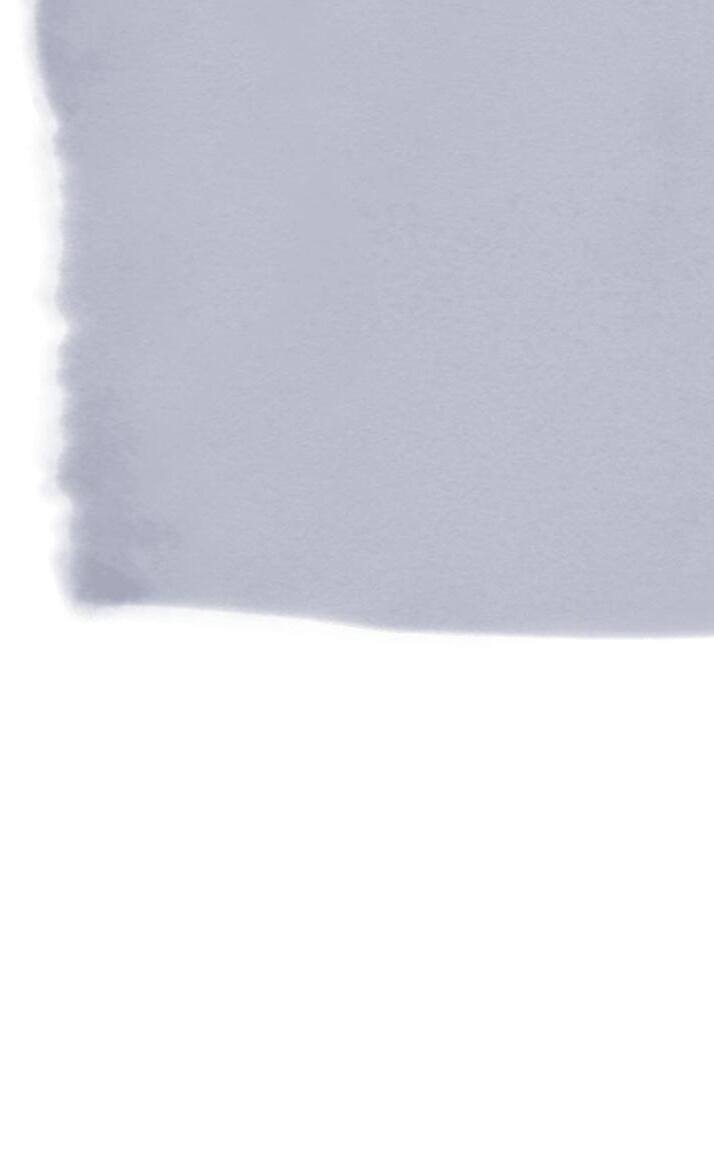



b u t s h a p e d .
As seasons cast a Glance at what has passed a n d m a r v e l at the silver lace that has been spun w i t h g r a c e
And threads its tale across the strand L i k e w h i s p e r s s t i r r i n g i n t h e s a n d .
by Sorcha O’Malley
44
Martina O’Connor
Immersive Landscape
240cm x 160cm
Acrylics and emulsion

45
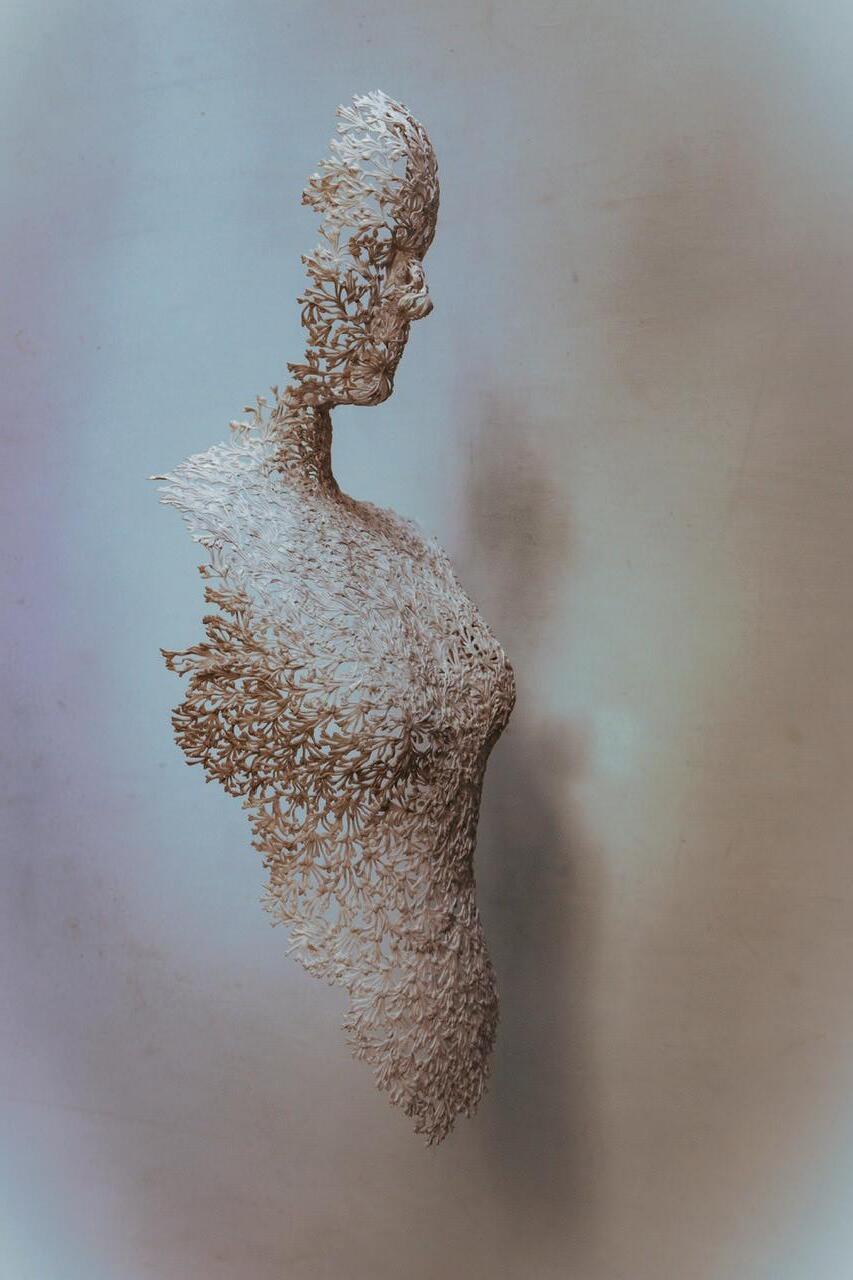
46
Nina Fern Inesse (Lat. to belong) 78cm x 30cm x 17cm Sculpture, white biodegradable thermoplastic.
Roots buried in earth
Gripping soil as if it were dying, But it’s the tree’s lifeline
With its nitrates that let bud shoot –Shoot into stem, defying gravity.


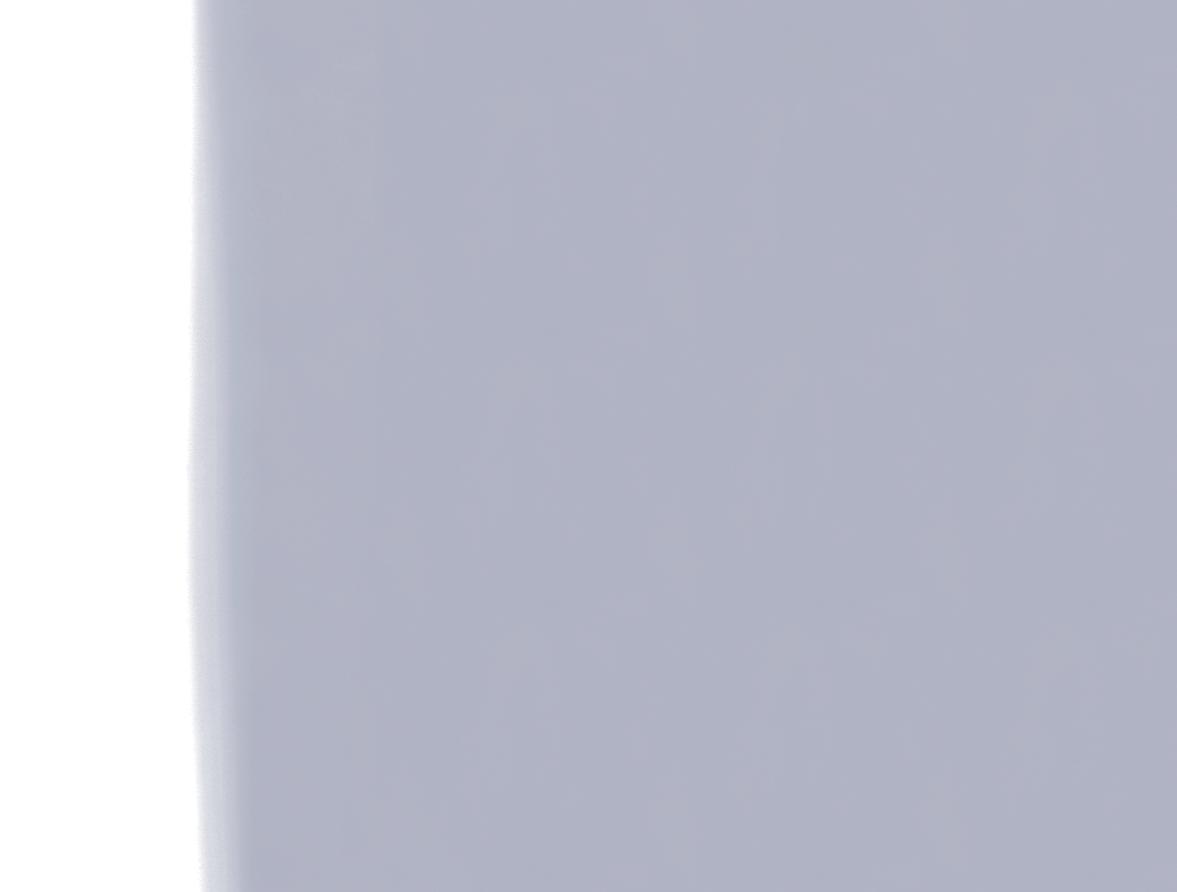
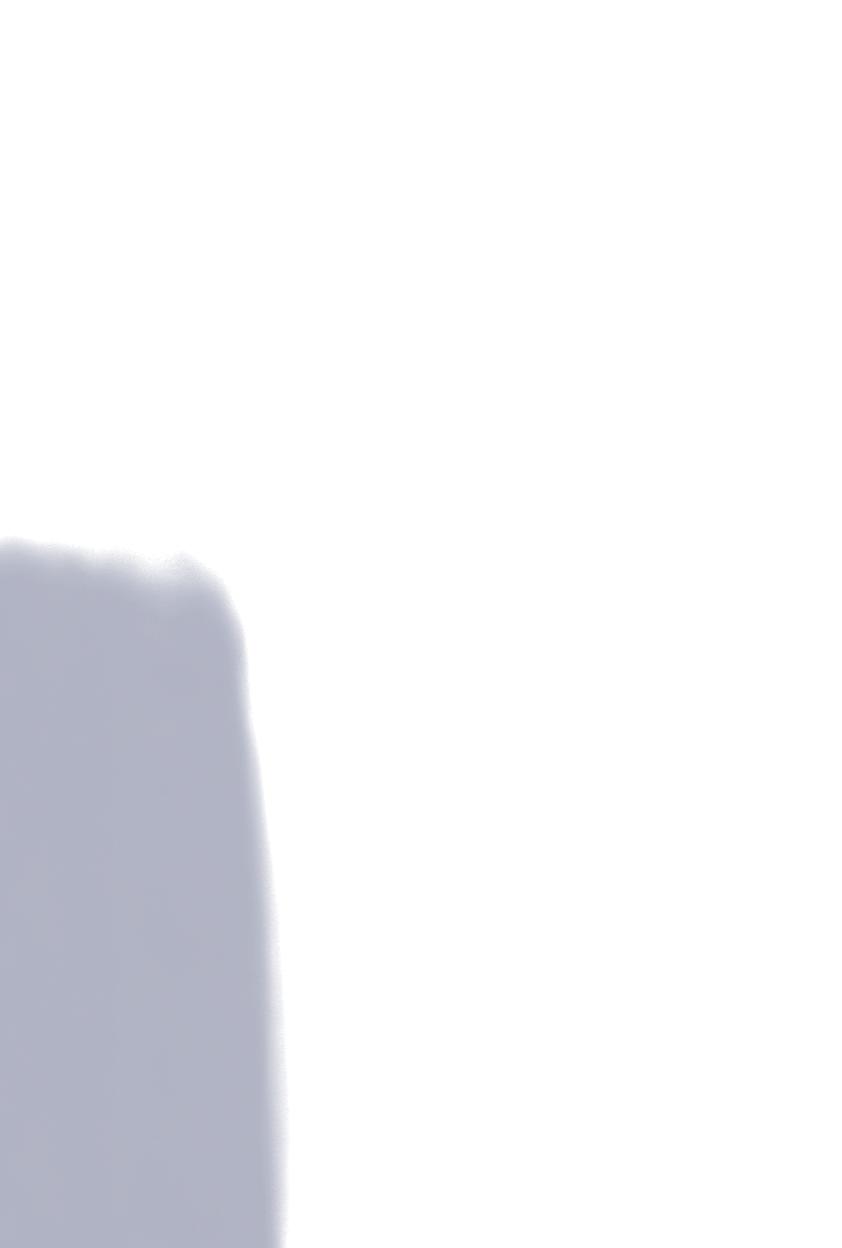

Trunk widening: Bark is the skin, Branches the limbs, Buds the foetus, Flowers the womb, Seeds the children, Phloem, xylem the veins
Pumping root to leaves, Who lay bare in sunlight, Suckling on sunrays and carbon dioxide That I expel.
With its blood create energy, Energy that keeps its heart beating Under the soil, and oxygen it expels Keeps my own heart beating above the soil.
 Tree by Hazel O’Grady
Tree by Hazel O’Grady
47
Looking Down at Mullaghmore Harbour
Two figures and a dog walk the distant beach, Like the young couple in 1987 who thought It was the most peaceful place on earth Not knowing that we would ever live here. On the headland
Brown boulders in the low tide
Take the brunt of the big waves breaking early. Black figures on their stomachs, beetle like, Flail on surfboards against the breakers
Below the green wooden cross
That remembers the dead and praysGo ndéana Dia Trócaire ar a nanamacha
God bless their souls.
Killybegs, across Donegal Bay
Pops out of the mist
And quickly disappears again. Small craft hide inside the harbour wall And redundant green nets rot on the jetty Held down by their bright orange buoys. Eagles Rock rears over Classiebawn, Looking out across the dunes.
‘The Pier Head’, ‘The Beach’ and the ‘Boat Club’ Triangulate the harbour.
Go bhfaighmíd go léir síocháin in ár gcroíthe. May we have peace in our hearts.
by Tony Keenan
48
Both lines in Gaelic are inscribed below the wooden green cross, referred to in the poem, that commemorates the dead of the 1979 IRA bombing at Mullaghmore.
Homes by the Sea
dark grey roaring foam white spittle flying waves creep up the sand hunting sandpipers tripping on the beach covered in shells breaking underfoot into pieces of what once was a home like the broken concrete littering the rocks homes slowly sanded away first to a shard then polished till only a bright nought remains
by Marc Gijsemans

Nina Fern
The Sweetest Bird
90cm x 44cm x 22cm
Post-consumer neoprene, acrylic gesso, platinum silicone, taraxacum, ranunculus.
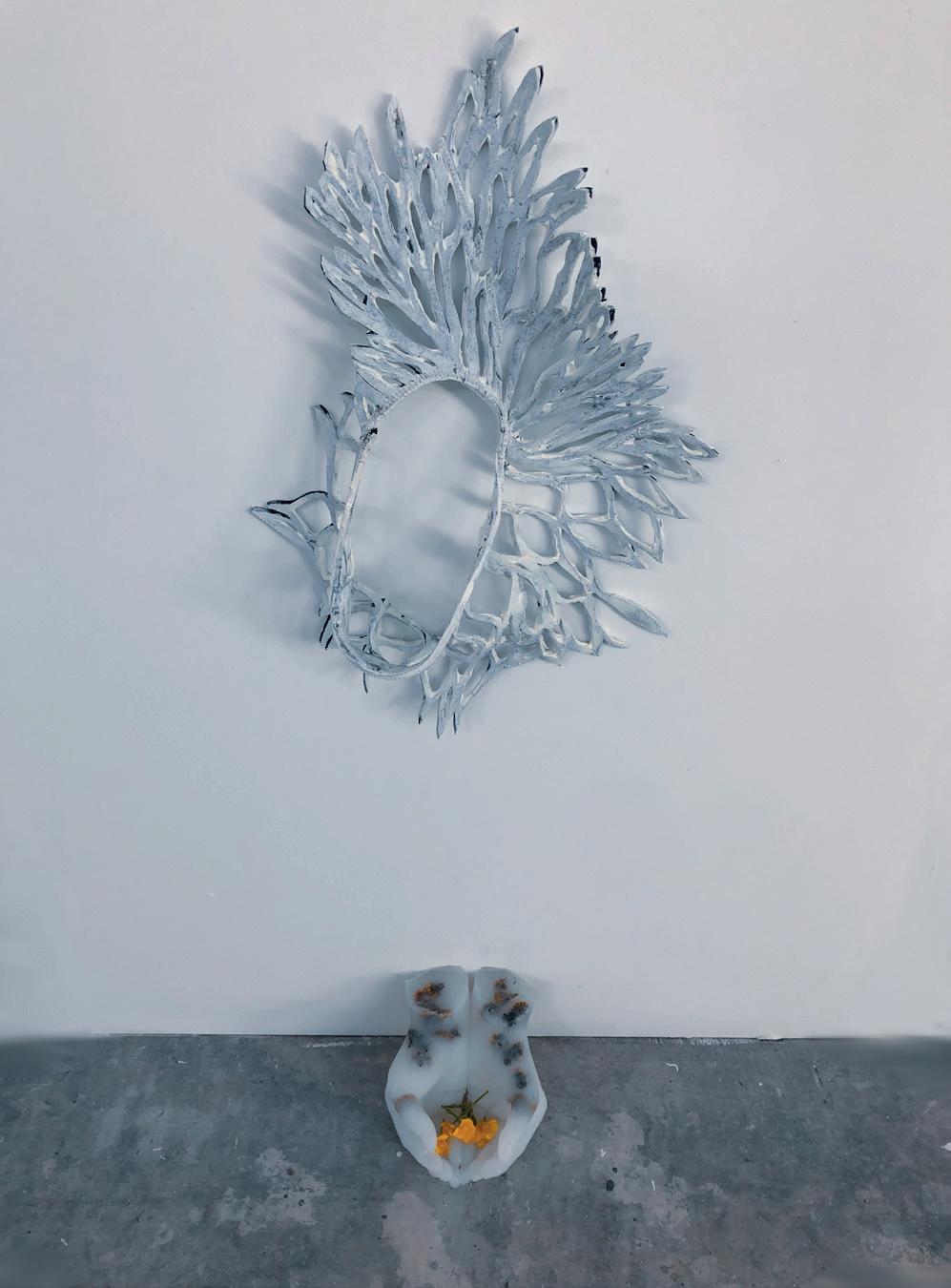
50
Upon My Dandelion Hands
Upon my dandelion hands; The mermaids - close behind, Presuming me to know.
I started upon the sands, Went past the tide. Extended - my bodice wholly; Made with pearl.
Upon I felt I would overflow; The sea, bowing with silver. A mighty look followed. The sea - withdrew.
by Nina Fern
51

52
Nina Fern Extended - my bodice wholly 170cm x 150cm x 70cm Post-consumer neoprene, thread.
Absence of Proof Isn’t Proof of Absence
I can’t stop myself from constantly wondering if I am tracing his footsteps, planting my feet in the same soft piece of earth that he did.
Did Dr James ever walk this road? Watch the sunset from here?
Sit and eat his lunch in this park, leaning against the same sturdy tree?
How many people have done this throughout the years? And how many felt like I do?
How many people came before just like me? How many?
How many had sad endings –forced back into femininity?
How many were buried as the men they truly were?
How many women spent their whole lives wanting something they didn’t know they could have?
How many knew but were too scared?
How many were silenced?
How many do we now hail as heroines? And how many go unremembered?
In a way, gladly, for it means they had freedom ‘til the end. But for me, looking back, I can’t see the invisible. Either they suffer in life, or in death for my satisfaction.
Dr James Barry (1789-1865) was a Cork-born army surgeon who after death was discovered to have been assigned female at birth. He is best known to have performed one of the first caesarean sections where both mother and child lived and is an important part of transgender history.
by S. H. Tuohy
53
The Last Dance
I’m interviewing famous ballerina, Anna Jaskula. She has danced in theatres around the world for some of the most distinguished figures of the day. Her performances in Swan Lake and Giselle have been described as ‘divine’ and ‘awe inspiring’ by composers and choreographers across the globe. So when she announced she was performing The Last Dance it sent shockwaves across the community.
Anna, you have just completed a breathtaking performance of the renowned Last Dance. How are you feeling?
Relieved. There were many times I didn’t think I would be able to complete it, but I persevered and now it’s done.
What was the reaction when you told others that you had decided to do this? Did you get a lot of support?
No, not at all! Almost everyone tried to talk me out of it. Everyone except my sister. She knows how stubborn I am once I’ve made a decision. It scared a lot of people when I told them first. The Last Dance is not only technically difficult but also a true test of endurance. The reason it’s considered a career ending dance is because of the damage it does to the dancer over the course of all the practices and shows. I was lucky I could do more than one.
Can you tell us a bit about the dance?
The Last Dance is based on a talented Malaysian ballerina called Mahia Noor. The story goes that she was in her home country when a tsunami hit, and the building she was in was almost completely torn away. Mahia survived by standing on pointe, on one foot, because she only had the smallest post to stand on. She stood there, perfectly balanced, for hours. Some versions of the story say she stood there for several days. All that time she had to concentrate, while seeing the devastation of her home around her. Then, instead of prioritising her own safety, she used her vantage point to direct people to safety. The amount of emotional and physical stamina she had is something I aspire to every day. Getting the chance to express how she must have felt, the challenges she must have
54
gone through, was truly one of the greatest honours of my career.
You are the first star of a performance of The Last Dance to ever agree to an interview. Why is that?
Historically, dancers who have spoken honestly about the dance have been ridiculed, and faced a lot of judgement from their peers.
Why are you choosing to share your experience instead?
I’m not becoming a teacher, or continuing my dance career. If the people I worked with judge me, I won’t suffer for it. More importantly, I want future dancers to know the truth before they decide to follow in my footsteps. I wasn’t given any warning… and things could have gone a lot worse.
Is this in regards to the rumours that The Last Dance is cursed?
Yes.
Do you think it is?
I know it is.
You sound very certain. How can you be so sure?
Because I experienced it. Everything the rumours described, or almost everything. It all happened to me.
When I practise, it’s just myself and the music. The same motions, the same song, over and over again. Performances like this take so much training to push your body to do something that’s only done in bursts, as it connects from one motion to another. I knew I’d have to train harder than I’d ever done if I wanted to do this perfectly. And I did want to do it perfectly. That’s part of why I chose it. There was no room for failure. You do it perfectly or your whole performance is ruined. You have to be Mahia Noor for those few hours.
Thinking back, I did feel like I was being watched when I practised,
55
but that didn’t surprise me. There’s usually someone around - other dancers, choreographers or stage technicians. It was only when it got late that I noticed there was someone still in the room. A figure who was just watching me, not practising or anything. I just ignored them. I had a routine to practise. Then one night, when it was just me, something happened that changed everything.
I was midway through my routine when a woman appeared right in front of me. She was so close I thought her nose might touch mine. I’m a bit embarrassed to say that I screamed, and lost my balance. Falling isn’t new to me, but I was lucky I didn’t hurt myself. When I looked around again, she was gone.
Do you know who she was?
I knew, but I didn’t want to admit it. I’d heard the rumours, but I put it down to overworking myself.
Except that the next night, at the same point of my routine, I heard breathing right behind me. I knew I was alone, but it sounded so real.
What did you do?
I continued my practise. I was determined to get the dance done right, and I had a deadline. I couldn’t cancel the show because of a ghost. I accepted that she was part of the practise. Things would move, she would whisper behind me, or appear in front of me. A few times she even pushed me.
And you still did the dance?
I think she was testing me. Making sure that only the strongest dancers could follow in her footsteps. Part of me thinks it’s to stop people who aren’t ready for it from trying. By the time the curtain rose, nothing could make me fall. From the moment I lifted my foot, I remained steady.
To those who are considering performing the Last Dance, I’ll say this:
Make sure you’re prepared. Make sure you get it right. Mahia Noor herself will be judging your every move.
by Aoife Murphy
56
Composition
Emitting radio waves
Standard 440HZ
Ascending and descending
Melody and rhythm
Strings vibrate

Voices in unison
Bang of a drum
Intro with a hook
Bass guitar groove
Soaring chorus
Turn it up to eleven!
Dance to the beat
Scales of major Minor and diminished Chords and notes…






…Fading…………..












…………………out slowly…………..
by Damien Kelly
57
Backstage and Bitter
Most people hate the idea of being on stage, but I quite enjoy it. Not because I can’t get enough applause, or that I have some troubled past that pushed me towards performance. Ironically, I think it’s because conversation is difficult, and dishing out wit and charm can be exhausting. It’s nice to be on stage, where you’ve rehearsed the conversation hundreds of times. Where your cues and responses have been written for you. There’s something comforting about that.
Non-actors always ask, ‘What if you forget a line?’ A terrifying prospect admittedly: freezing during a scene; unsure of what to say; the eyes of the crowd and your fellow performers burrowing into you, pleading with you to come out with something. It’s a possibility that’s often brushed aside: ‘If you forget your line, just move on and no one will notice.’ It’s a risk you accept when you agree to step into the spotlight.
Any actor can tell you what it’s like to forget a line. What’s often overlooked is when someone else has forgotten their line.
Lulu was playing the lead character, ‘Millie’. Lulu was the quintessential ‘theatre kid’, the first in line for school musicals, with several lead roles to her name. Working with Lulu was an odd experience. All I’d ever heard about her was how her exceptional talent was the highlight of every production she was in. She was talented, I couldn’t deny that. She was a great singer too. But I found her frustrating to work with.
Lulu hadn’t learned her lines. She was involved with at least two other productions, so sometimes wouldn’t even make it to our one rehearsal a week.
There was no point in me getting angry with Lulu for not knowing her lines. All I could do was ensure that I knew my part as best I could. On stage, I would hope that actors knew their lines, not solely for the sake of their own performance, but out of respect for the people they’re sharing the stage with. One missed line can easily spiral into a missed cue, throwing someone out of position. The audience won’t notice if you don’t
58
*
recite the script word-for-word, but they’re sure to notice if an actor freezes in place and starts sweating through their costume.
I could cold-read lines for a year, attend a thousand rehearsals, and still the show wouldn’t feel real until the dress rehearsal. It’s that whimsical window when everything is ready: the set, the sound effects, the props, everyone in costume; a full run-through of the performance, minus the audience.
The dress rehearsal was going steady and we were ironing out the final kinks. Warm beams from the overhead lights bounced off our makeup, giving us a sort of ethereal glow. Everyone was ready, except for Lulu. I really hoped that Lulu would get her act together and learn her lines by the following night. After repeatedly flubbing the same line, Lulu was met with an eye roll from the director. I could see the director’s logic; if she hadn’t learned her lines in the last two months, how would she miraculously know them by tomorrow night?
I was conflicted. Lulu had always been relatively nice to me. It was everyone else she fought with, especially the director. One side of me saw a decent person who I wanted to see do well. But the part of me who’d endured months of performing with someone who refused to put in equal effort, wanted to see her fail. Perhaps I was just curious as to what blatantly forgetting a line looked like on stage.
Showtime at last. We’d been told a week prior that a mere fifty-five tickets had been sold, until tonight, 170 seats. Fifteen minutes later, all 200 seats were sold, a full house. I sat with Lulu in the makeup room. We were still running lines as we were being slathered in powders and creams backstage.
As our scene approached, I braced myself for the dreaded speech that seemed to evade her, no matter how many times we ran it. She took her position and delivered it…flawlessly. Her movement, enunciation, emotions, all brilliantly executed. I was flabbergasted. She’d done it, and
59
*
*
wonderfully so. And to think I’d been focusing on how I was going to swoop in and save it if things went wrong. What a relief, I didn’t need to say anything.
The theatre had become eerily quiet. There was a prolonged silence as Lulu turned to face me. Her speech had been one of hope and promise, so why was her smile beginning to falter?
I was so relieved that I’d forgotten the entire theatre was waiting on my next line.
As hundreds of eyes burned into me, I tried desperately to recall the last thing Lulu had said, but I just couldn’t remember. She had so many lines to learn that it could have been any one of them. It was an awful feeling, like trying to give an impromptu presentation on a topic you knew nothing about. I wondered if many people in the audience had noticed. I felt a trickle of sweat on my forehead. I didn’t know if it was from the lights or the disappointment that I felt in myself.
I don’t quite remember what I ended up saying- some jumbled mess of agreeing with whatever had just been said- while trying not to break character. What I do remember was Lulu’s decision to move on to the next cue, which I couldn’t have been more grateful for. I’d been so critical of Lulu for what I’d considered a lack of dedication. I’d always been praised for my ability to learn lines, the possibility of me losing my place hadn’t even occurred to me.
After the bows, we retreated backstage. I apologised to Lulu, and she shook her head, ‘Just remember, they don’t hand out the medals until everyone’s crossed the finish line’.
by Shea Fahy
60
Fake Gold
I check my phone and read every single article I can find about Kellie Anne Harrington. I don’t watch boxing. Ever. But I watch her. And I bawl my eyes out along with her when the flag is raised to Amhrán na bhFiann in Tokyo.
That week, my kids go round the room doing jabs and crosses, wanting to be her. I put my Kellie-Anne’s to bed and tell them it’s hard work and determination that gets you an Olympic gold. I tell them we’ll do cardio work-outs and boxing every day from now on.
On TV, I watch the open-top bus and Portland Row party. I decide to have a Kellie-Anne party at the weekend. The kids will dress up in boxing gear and take turns in a make-shift ring.
It’s Saturday and all the Kellie Anne’s barge into the kitchen and I’m unsure about how to deal with them. Some are sweaty having done their warm-ups, others complain they’re not ready. We clear back the table and chairs, mark up the ring, agree some rules. We spray-paint some jar lids in gold and tie twine through them so they can all have an award at the end.
‘But Kellie Anne’s a champion by herself’, they say. ‘There can be only one champion’, they roar in unison.
‘Okay, fine’, I say.
I ref some matches and award it to my sister’s Kellie-Anne.
‘That’s so unfair. I was the best’, ‘No I was’,
‘No way, I’m way better’, they wail.
‘Right’, I say, and call all matches a draw.
Then all hell breaks out. One shoves the smallest boy, another pulls hair, someone retaliates with a punch, another with a kick. I intervene and get hit in the nose.
‘Right, that’s it’, I shout, ‘I’m the winner! Me!’ I place the knotted medals from my wrist around my neck and shepherd them all into the hall ready for home.
‘You look like a Christmas tree’, one boy says, messing with the flashing medals in their fake gold paint.
‘That may be so’, I say, ‘but a win’s a win’.
‘But you didn’t really win’, he says.
‘And this really isn’t a Kellie-Anne party’, I say.
by Rhona Trench
61
a landscape for forgetting
I hold a single white sheet, a map traced edges of this country, its counties and borders: there is no blue for rivers, no red for roads, no elevations or compass to orientate only the flat outline of terrain and black circles, so many, they form thick clouds to the West. There is a single legend to decode: cillínunderneath spaces, ground to forget, beyond words or maps. Here, under seeling night and hard stars where mists shroud and winds wipe meaning from weathered stones, wind-bent hedgerows twisting from trunks as if to look away, a place where everything moves to forget the men came between dusk and dawn delivering their unnamed infants to the clay, unwilling midwives at boundary ditches, crossroads, holy wells, outside churchyards, beneath standing stones, in fields with lost names –Infants’ Hollow, Corpse Field, Strangers’ Hill. There are other rifts lost tellings held in the sediment here, all that mother ache from dark rooms still humid with the heat of birth and blood their weightless bundles, like birds’ pneumatic bones, taken from them, small bodies they never held names they were told they could never speak. Their grief shadows this place is mist, seeped into stalk and blade is the soft ground all they were told they could not say sod-choked and searching,
62
the map’s black circles, deep wells we can never know. But we have these dark coordinates because they could not but remember and sought others, troops of lost children, to lay theirs beside and set stones in the gouged ground to say you were mine. Alone with the spade and the night they spilled the sun’s stones, the grianchloiche gathered from the riverbed, around the small bodies planted there, seams of glinting silver to light their infants’ sky to blink towards others lost there to map them on a landscape, to say they were here.
by Una Mannion
Cillín

63
Tommy Weir
Sessuegarry, Sligo, 2018
Bare Bones & Shadows
There is ambiguity in everything interesting: memory, thought, language creates ambiguity…it’s what it means to be human…it’s what it means to be woman. That is why they burned our sisters at the stake, after raping and mutilating their bodies. That is why they locked our pregnant sisters away, disowned by family and society. Those people were an enigma; could not be tamed nor contained within the proscribed diktats of patriarchal power. Inquisitions don’t need a reason other than power to control.
So, to the question, ‘How do I describe myself?’ My own process of ‘selfinquisition’, not of control but of rediscovery.

Stripped down, naked. An automaton? No! A cyborg, programmed with all the infectious ideologies to fit the social credit system? No! A voice, yes, sometimes weak; to speak a truth to a people fear-filled, corralled. Cattle prodded into submission. The ‘over 60s’, the ‘over 60s with underlying health conditions’, ‘the under 60s with chronic illness’ - each group already identified and branded - not with a Star of David, but with up-to-date ‘Covid’ vaccine cert. Dispensable: their morbidity already programmed and recorded: cause of death, COVID.





64
The V sign, no longer a symbol of defiance, but of compliance. If I do not fit into this social credit system, then who am I? Within this system, ‘I am not’. I am ‘the other’, one of ‘them’, ‘they’, ‘the outsider’.
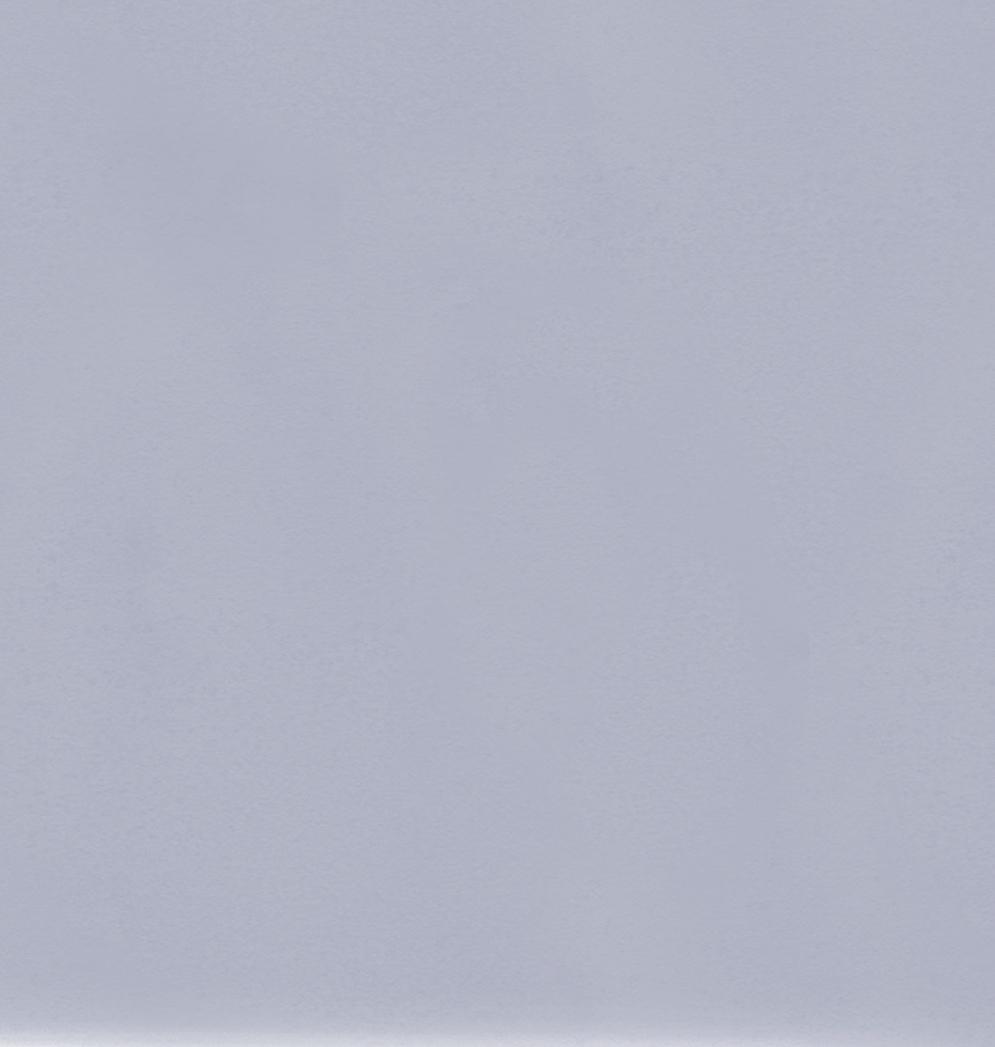
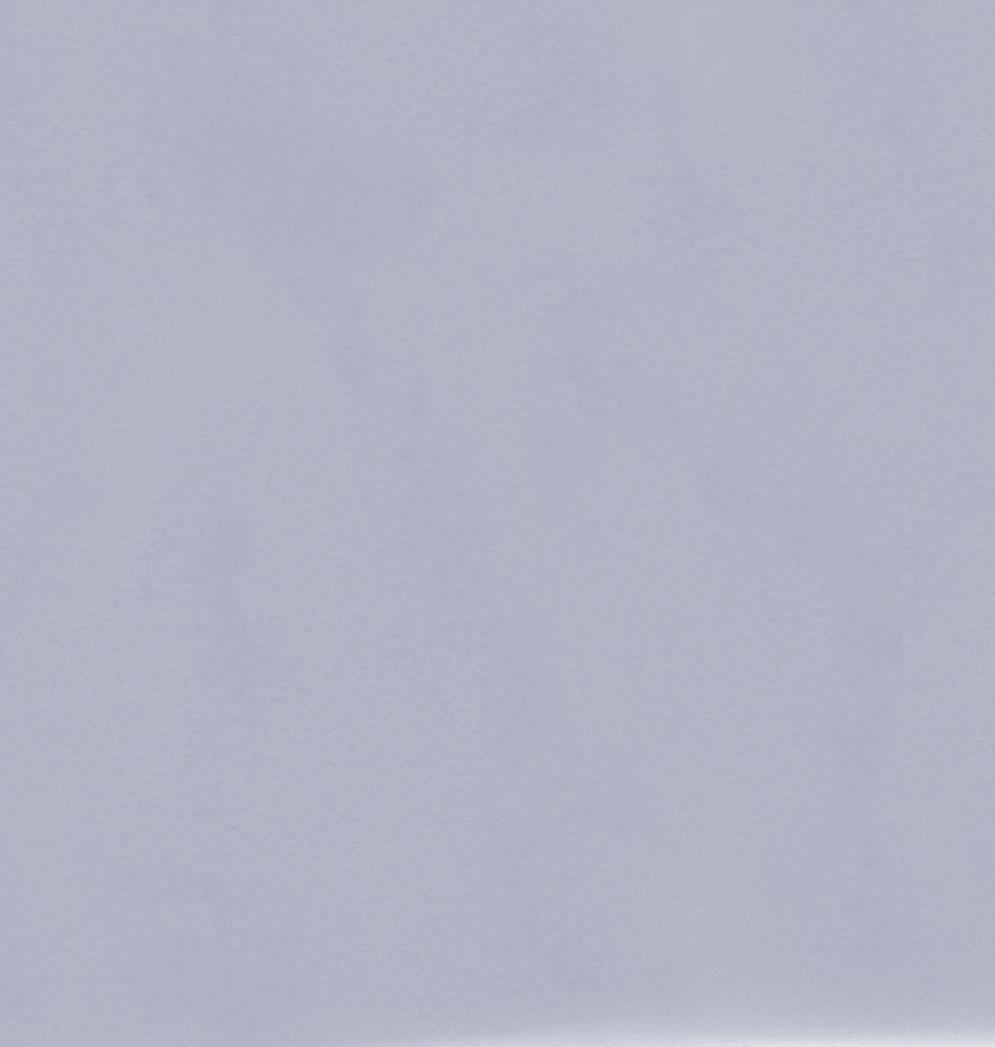


To ask a question has become an offensive endeavour. How have our human and civil rights been allowed to be so quickly and grossly eroded over a three year period? Where has my voice been? How has the voice of reason become ‘unreasonable’? Silence is the deafening echo of a dying people: a silence that ricochets back from the tombs of our ancestors. Bare-boned, ragged people call from the shadows: Beware! Beware!
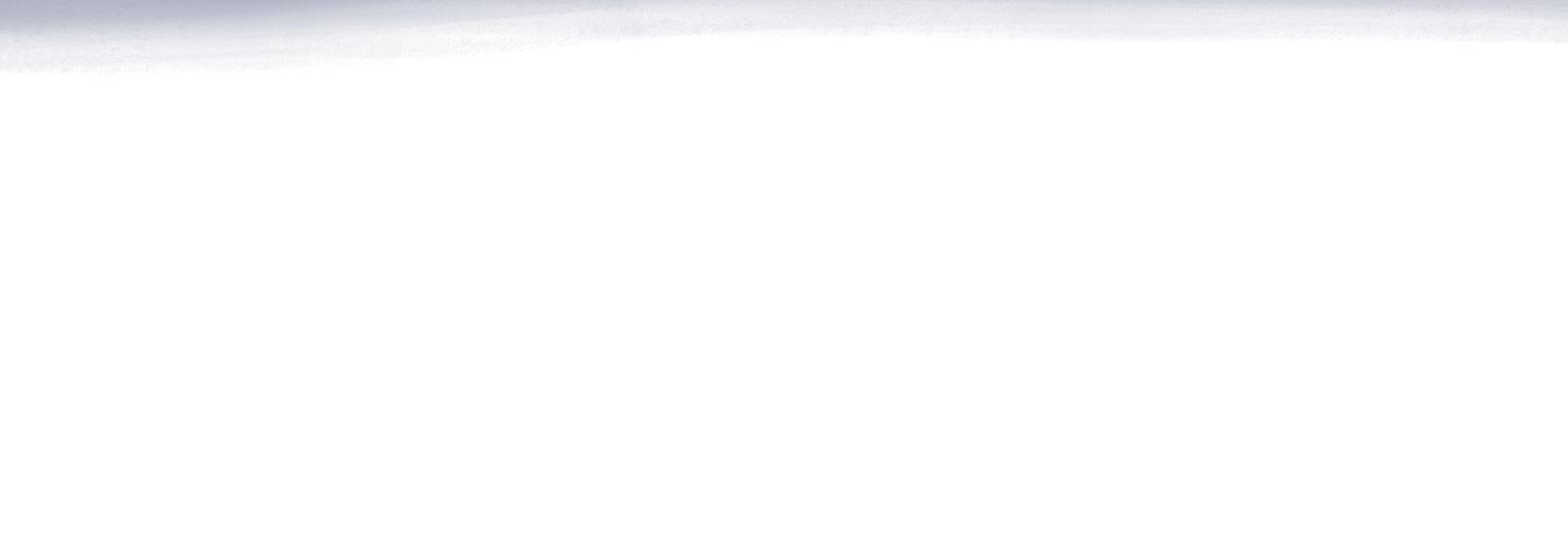
Frida Kahlo, the Mexican artist-painter describes herself thus:

‘I don’t give a shit what the world thinks. I was born a bitch. I was born a painter. I was born fucked. But I was happy in my way. You did not understand what I am. I am love. I am pleasure. I am essence. I am an idiot. I am an alcoholic. I am tenacious. I am; simply I am…’
I was born a teller of hidden, secretive stories; stories begun before I was conceived. A writer, a stripper of pretence, a precocious child who didn’t learn her place. To those who do not know me, I AM what you see. Bare bones and shadows.
by Sheila A. McHugh
65
French Motormouth
The Covid lockdown over, I take the ferry to France and head on to the motorway.
After a while, hunger forces me to stop at the Aire de Bretonneux, a gas station with a sandwich shop. Proud to be able to use my school French, I order a sandwich.
‘Take-away or sit-down?’ These are the only words I can filter out of the waterfall of words the woman behind the counter aims at me. She speaks like a machine gun, a French motormouth!

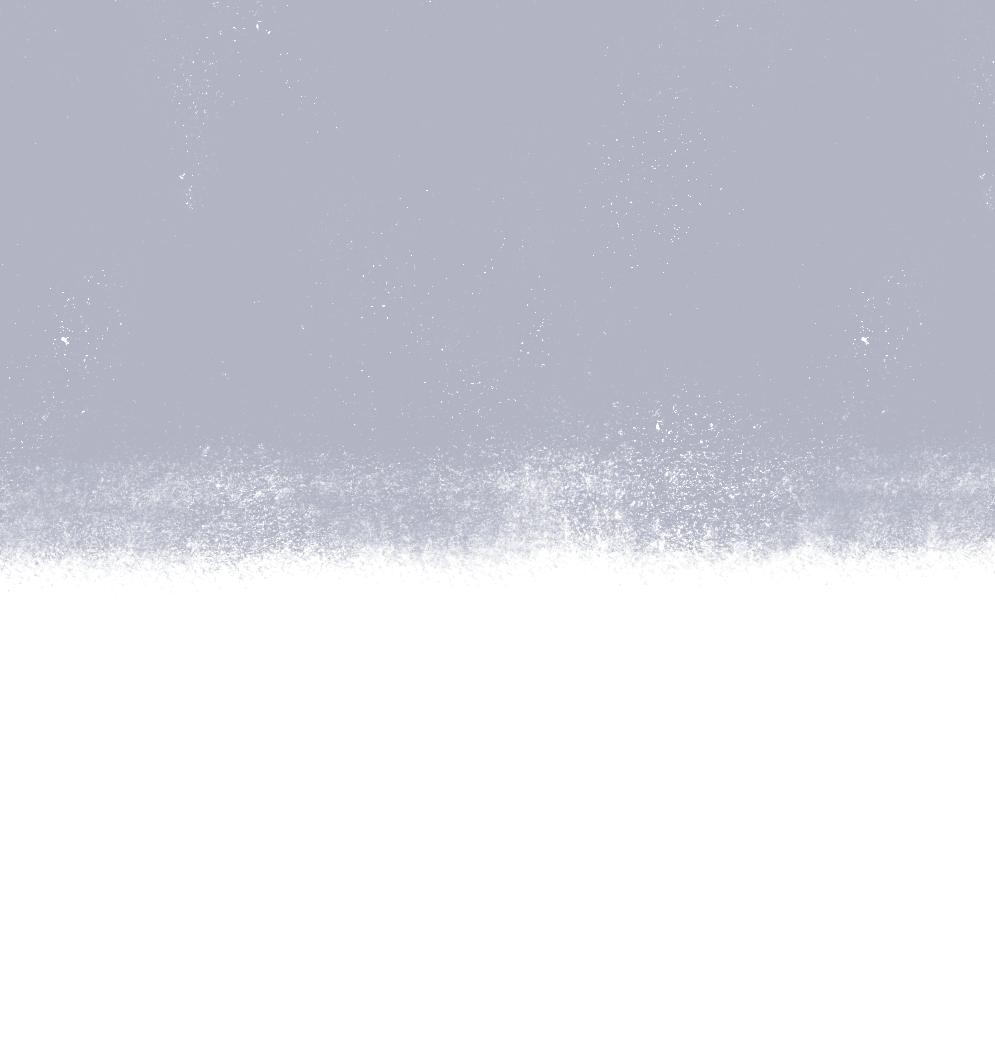
I mimic her, be it several kilometres per hour slower, ‘Sit-down, s’il vous plaît.’
‘Avez-vous une carte sanitaire,’ she fires back at me.


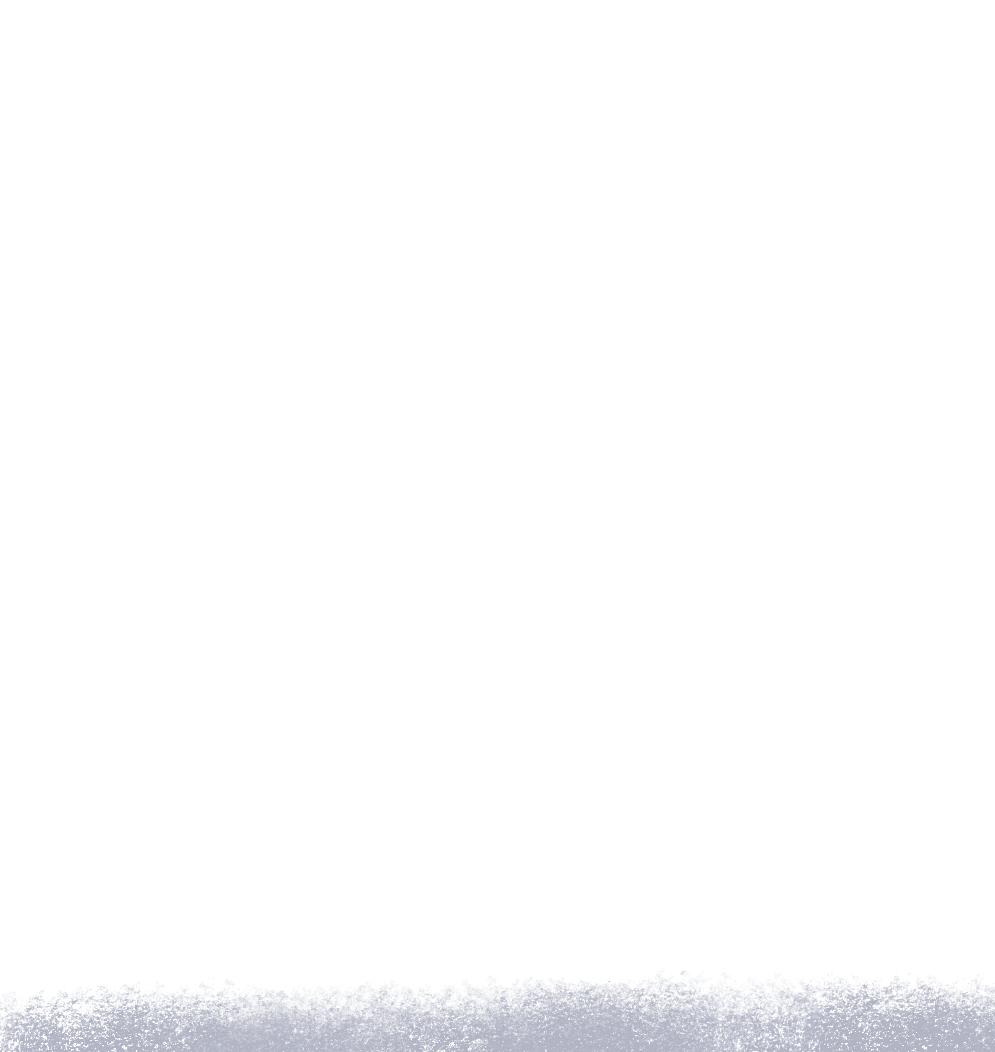

I’m baffled.
I’m getting on in age, and I’m perfectly aware of that, but I didn’t know that one needs to attest one still has all of one’s sanitary facilities here in France.

My bafflement obvious, and impatient as she is, she repeats what she asked about the sanitary card. Same machine gun speed, but louder this time. I’m convinced she exists in a parallel dimension, somehow connected with ours. People here can speak at supernatural speed. By now, my bafflement doesn’t allow any production of school-French words at all.
‘Avez-vous une carte sanitaire,’ she says again. A lot louder this time, as if increasing the volume will also increase the possibility that I suddenly, magically, will produce a card that will prove that I can be trusted to go to the toilet on my own.
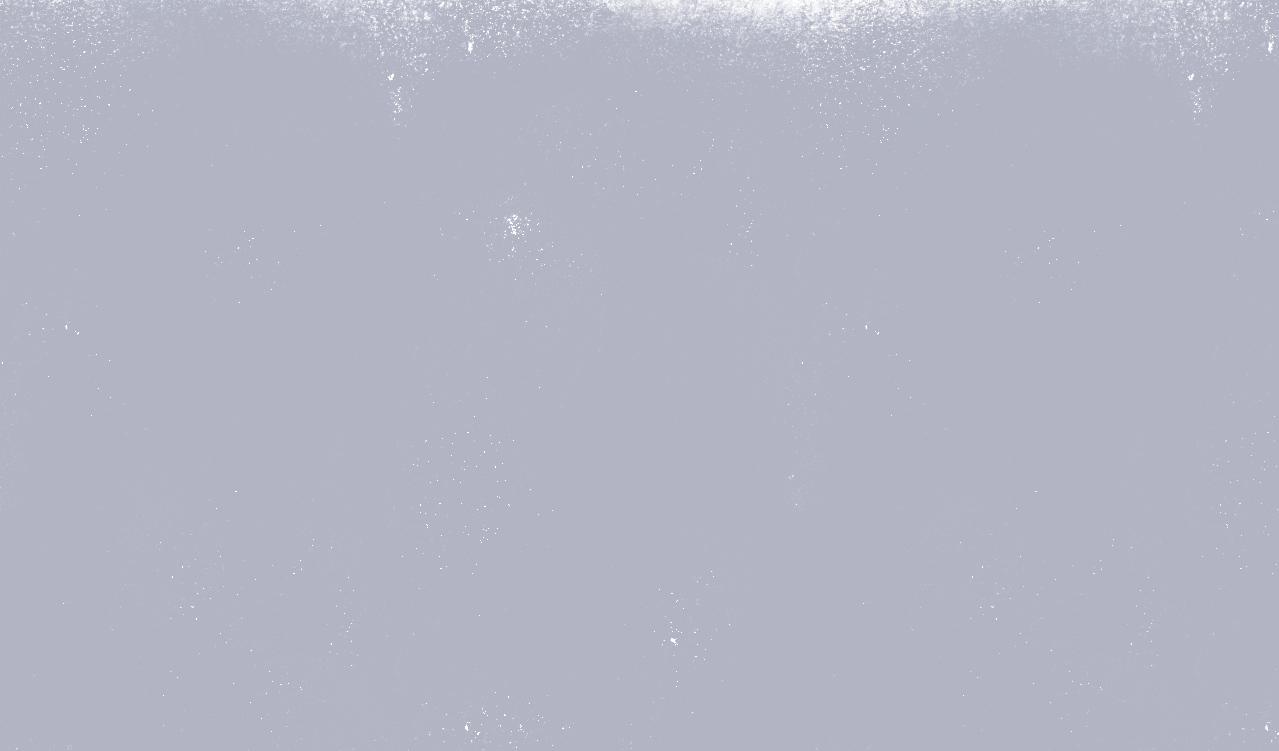
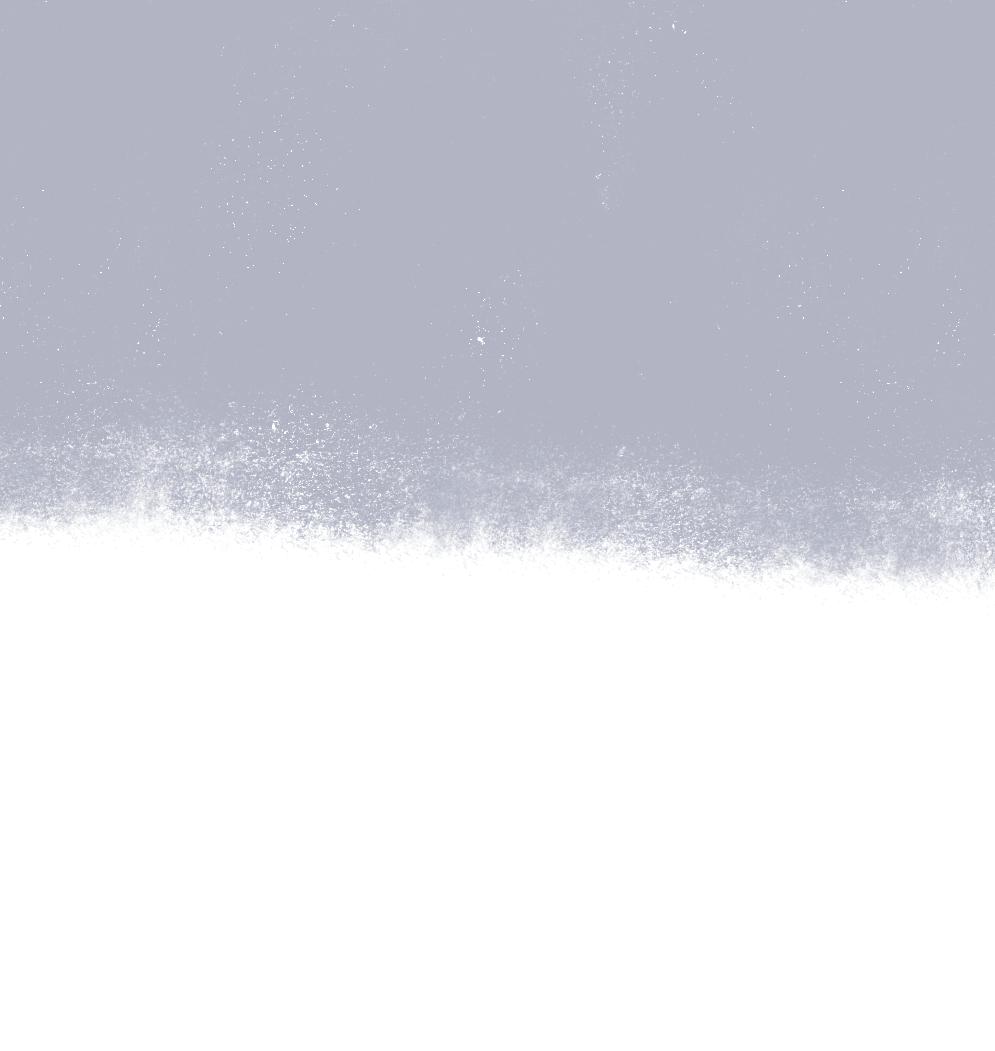
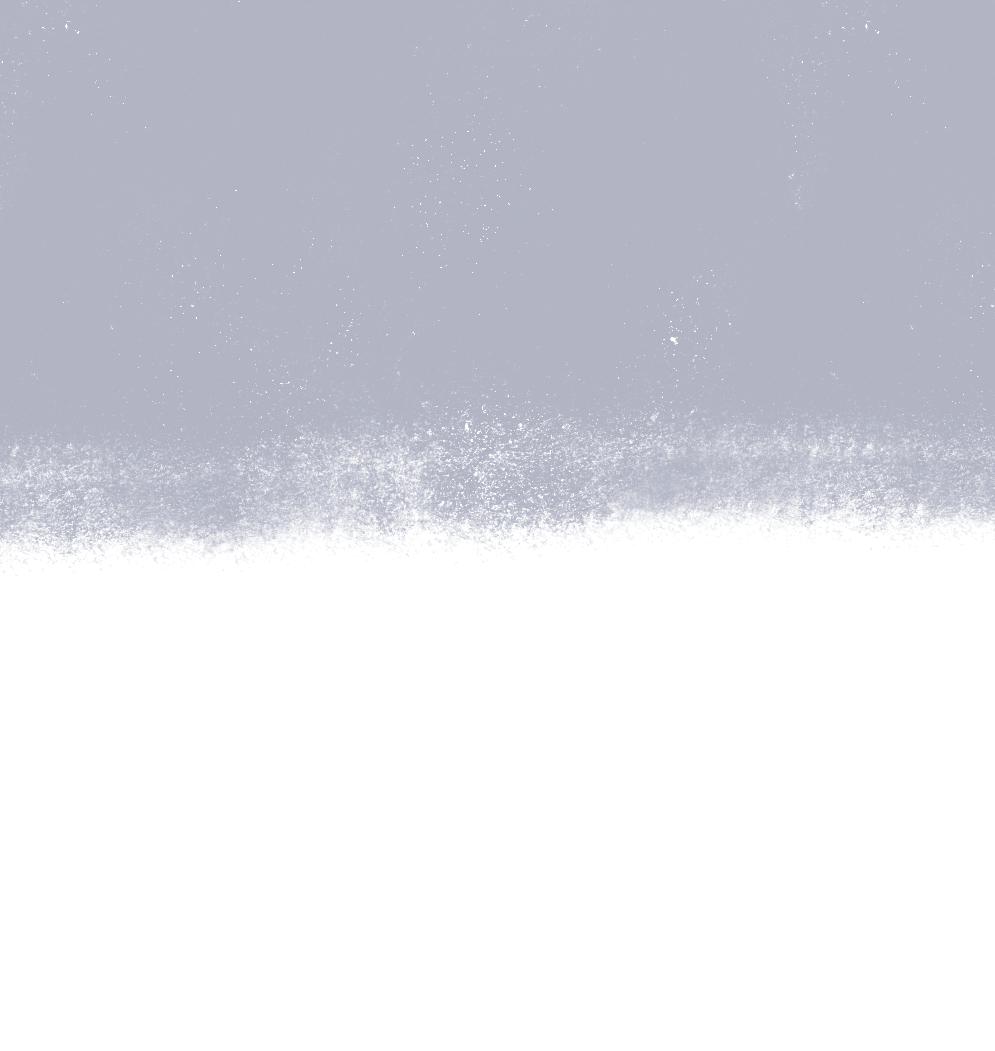
I feel my face burn red hot while I desperately try to formulate a sensible French sentence to inquire why I need a sanitary card to eat my sandwich. But she’s way ahead of me and blocks my efforts by screaming the same sanitary words, again, and again.

This screaming actually saves me; her colleague looks up. This one seems to be more at ease in the bafflement department. She points at a tiny flyer pinned low on the wall next to Motormouth.
It says, ‘Ici Pass Sanitary obligatoire.’ Underneath it, there’s a translation, ‘European Covid Certificate mandatory.’


 by Marc Gijsemans
by Marc Gijsemans
A Bridge Between Two Lands

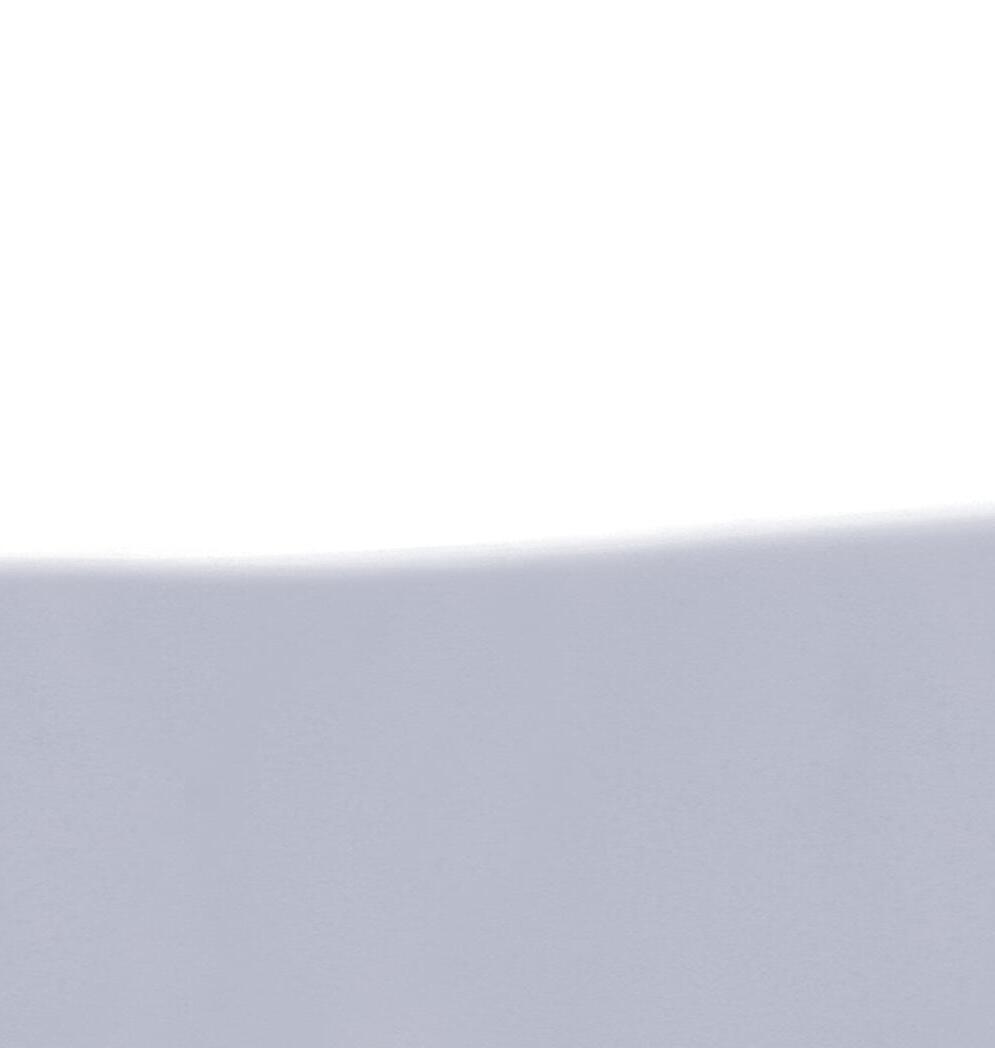
Thirty, thirty-one, thirty-two. I can’t help but count the steps like I did as a child. I learnt to count on these steps. These steps between our building and the next building over — where my older sister moved to when she married. My grandmother would hold my hand and as we stepped down the steps to go to the market or up them on our way back, we would count each one we took. Even as a teenager, bounding up and down them two at a time, I would count the steps in my head. I couldn’t walk these steps without counting. Except for the last time.
The last time, I counted my family members. I counted the men with guns. I counted the possessions I could carry. That number grew smaller, first because I couldn’t carry everything, then because I couldn’t gather everything up again, whilst scrambling to my feet after I was hit with the butt of a rifle and fell. Then I either bartered some things for food and safety, or they stole my possessions from me. I counted the days since, then the weeks since, the months since, the years since.

Four dangerous country borders, one big and fast river, two hostile seas, six NGOs, endless words in many languages I don’t speak, countless pairs of eyes glaring, judging, imploring, dead, hopeful, tired.



68
At home I was known by my name, maybe sometimes by my family name. As soon as I had to leave my home, I became known by new names with ‘Internally Displaced Person’, with ‘Asylum Seeker’, with ‘Refugee’. At first, they welcomed me to my new home, my new life. But because of the rules which state that people like me cannot work, the people of my new home grew impatient with me, and blamed me, and others like me, for many of the problems they were having. I understand how people can be worried about their economy, their way of life, but surely they can empathise with a people who lost all of that and their place of being, in one fell swoop. When people used to shout at me for coming to their land to live for free, I would try to explain that I did not want to live for free. I simply wanted to live freely. My home, which they forced me to leave, was much nicer than where I had to live as a refugee. The food, the games of football on the street and the lazy summer days on the riverbank — these were things I considered far superior to anything this new home was offering me. I did not leave it because I wanted to. I am grateful to have been given a home in a new land, where I am safe from the horrors of my home. But this new land comes with its own horrors.
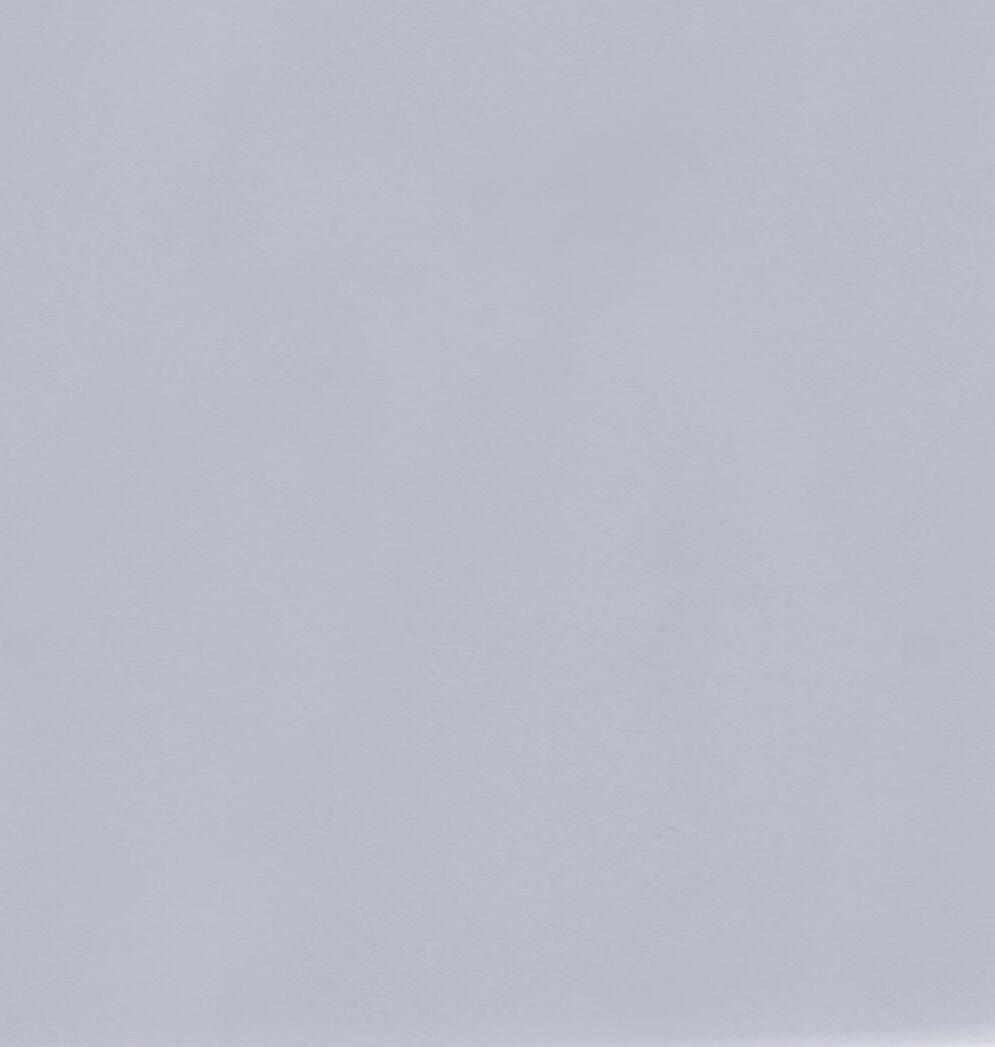


Now I stand at the top of the steps I learnt to count on. Looking at my home, the home they forced me to leave and had dreamt of coming back to for so long. But it is no longer mine. I am a bridge between two lands now, not belonging fully to either.

 by Teresa Heffernan
by Teresa Heffernan

69
_________
Today I saw a car with a Ukrainian registration
The chariot that bears the human soul
Stopped me in my tracks
In the car park of a once empty hotel
The big shiny black car mourning with a prosperous look
Other Ukrainian cars, all black. Their whole life, or what they had room for After packing the people.
My first car, Miami blue Yellow stripes, two doors
My first feeling of adulthood
I could live in this
Three decades on I hurtle along You can cover more distance in a car
What can you ever really see when whizzing by? Choose what to focus on to prevent a mind crash or

Slow down.
Treat it like a deadly weapon
When I learned to drive
Must stay between the lines

Safety in the rules
Which side am I on?
Collaboration by inaction?


my father told me

Today I saw a car with a Ukrainian registration
It stopped my cousin in his tracks
A refugee from Rhodesia in the 1970s
I can’t get them out of my head

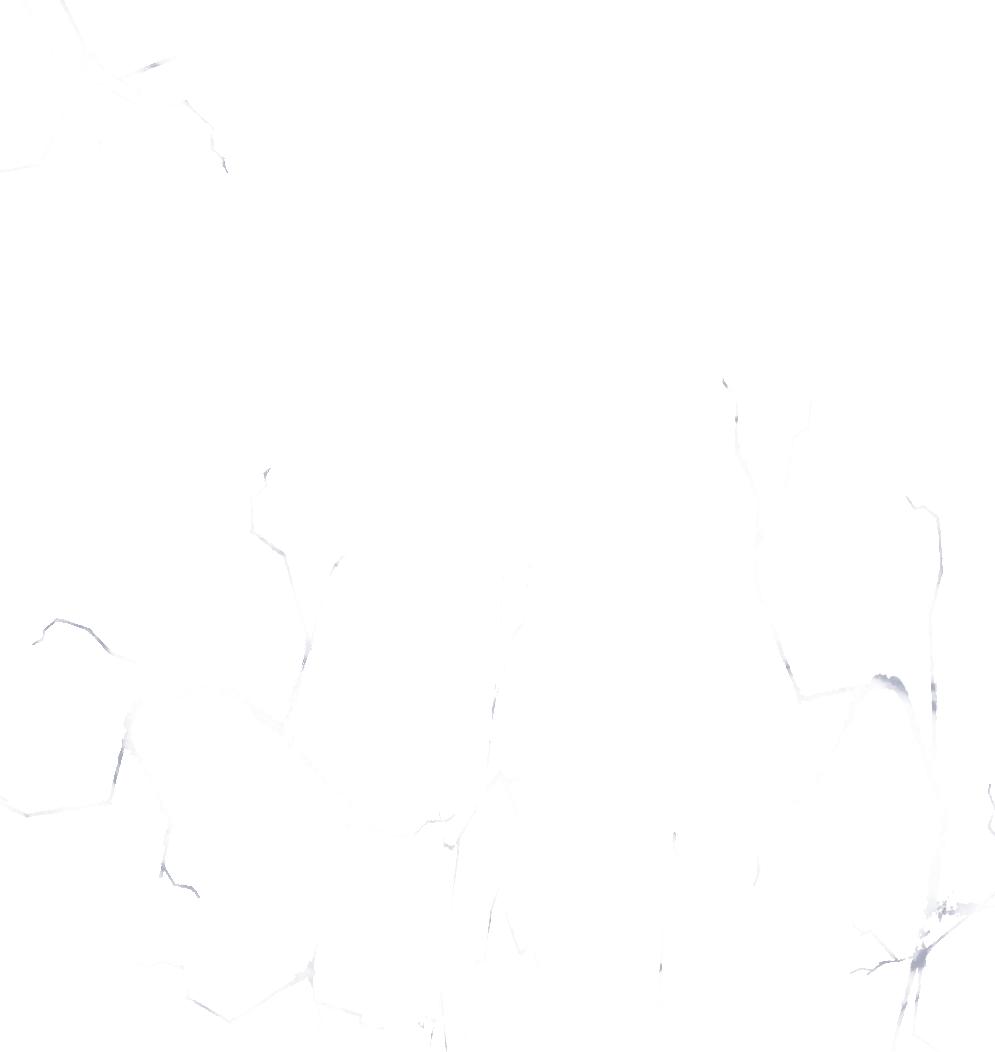

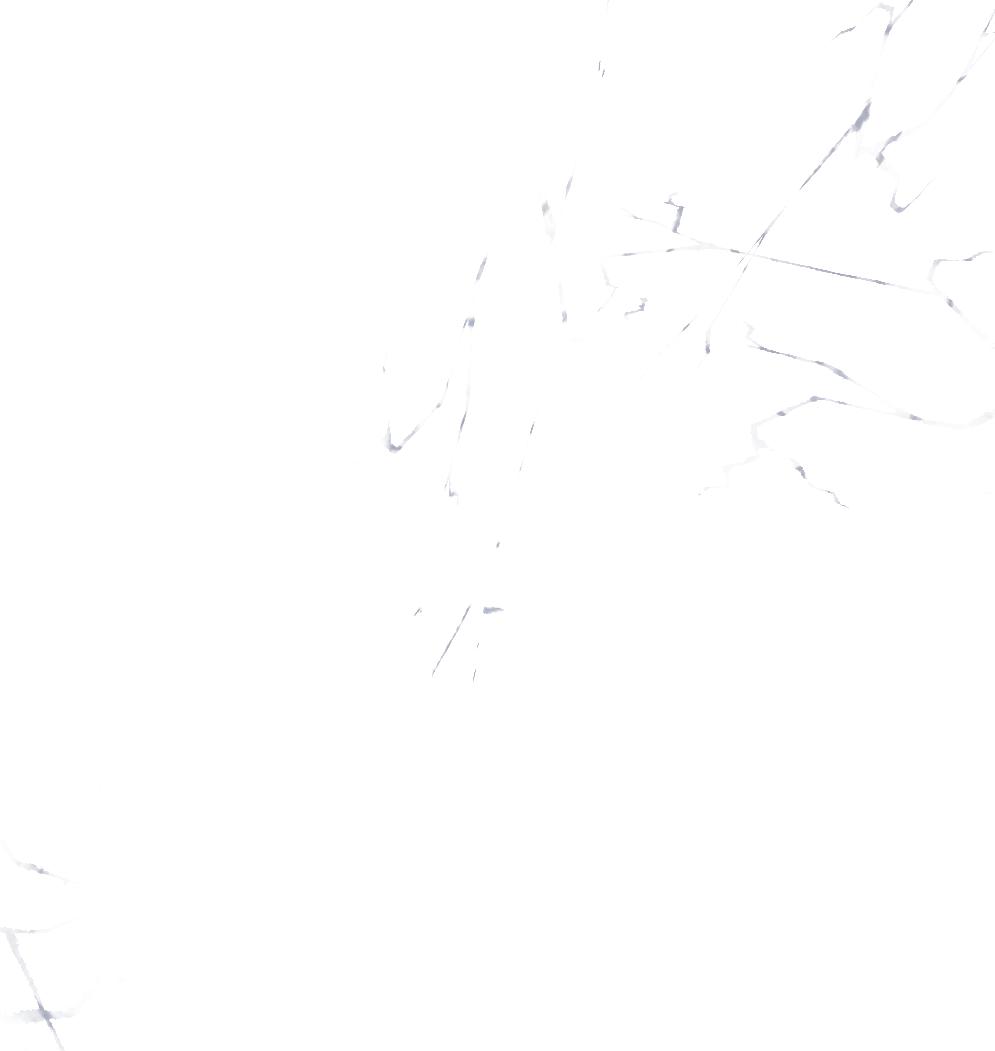
Three decades on he carries his Ukraine
I was on the wrong side then.
Child battles in back to be heard Horn beeps to give a battle cry Car is my home, my castle Car is my tank
Could I have fled in my blue and yellow car
What would I have packed
What people
What things
What (March 2022)











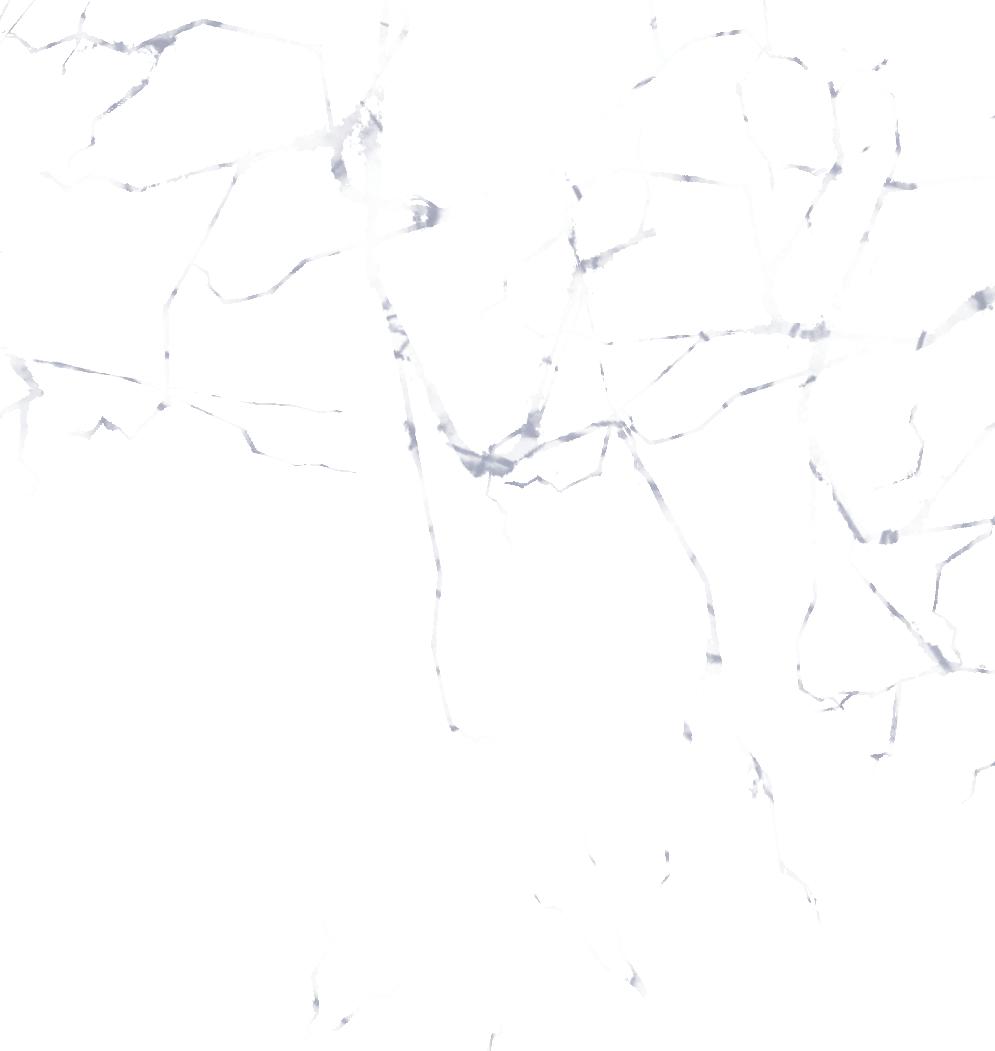 by Maeve McCormack
by Maeve McCormack
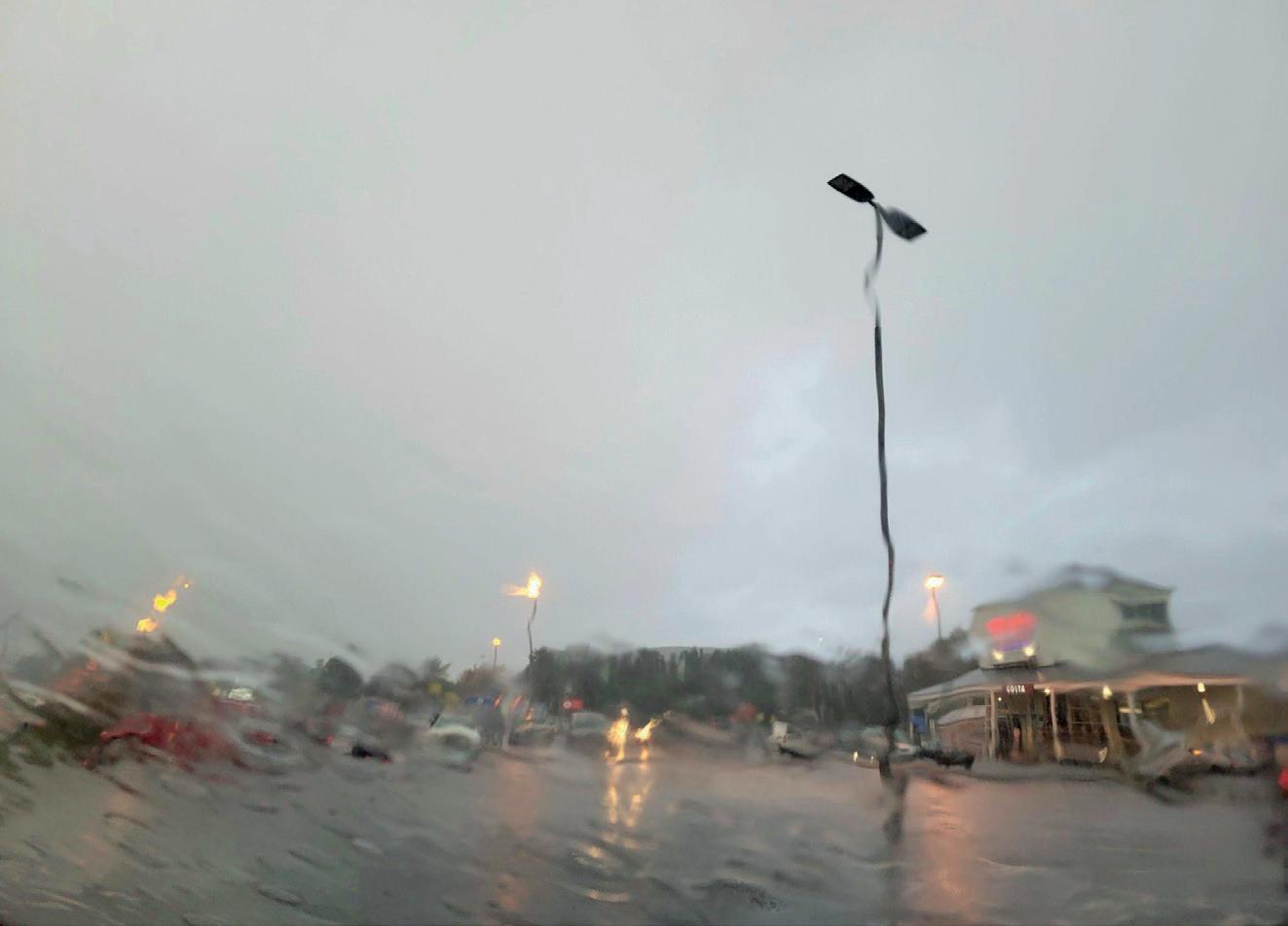
72
Michelle Gannon
Untitled Photography
Jeans Man
A jeans man who can reach for things on high shelves
The person I tell things to A good person to have in your corner
You don motorcycle leathers to take a jar of pee to the hospital in below, be-low temperatures. You’re the person who asks, “how was your day?” Because you don’t come from here You’ll hear a phrase and wear it out often in the wrong place. You say, “I catched a cold.”
Your first gear is duty.
You sing your answers and compose songs out of our conversations. A musician, an engineer, a dreamer. Just for fun you mount massive mirrors on stilts to reflect the moon onto a stage built on the back of a truck and invite a band to play. You bring people together. We fall in and out of each other.
In Ladies Brae you pull a sheep from the mud.
You work hard, worry about the world. You tell me about a group of women making a sewing factory. Your first love is ice-cream with guf* and cream that comes already whipped. You can bear a grudge and, yet, be squishy like toffee.
by Rosaleen Glennon
73
*Guf soft meringue
Brooklyn Bridge, December 27th



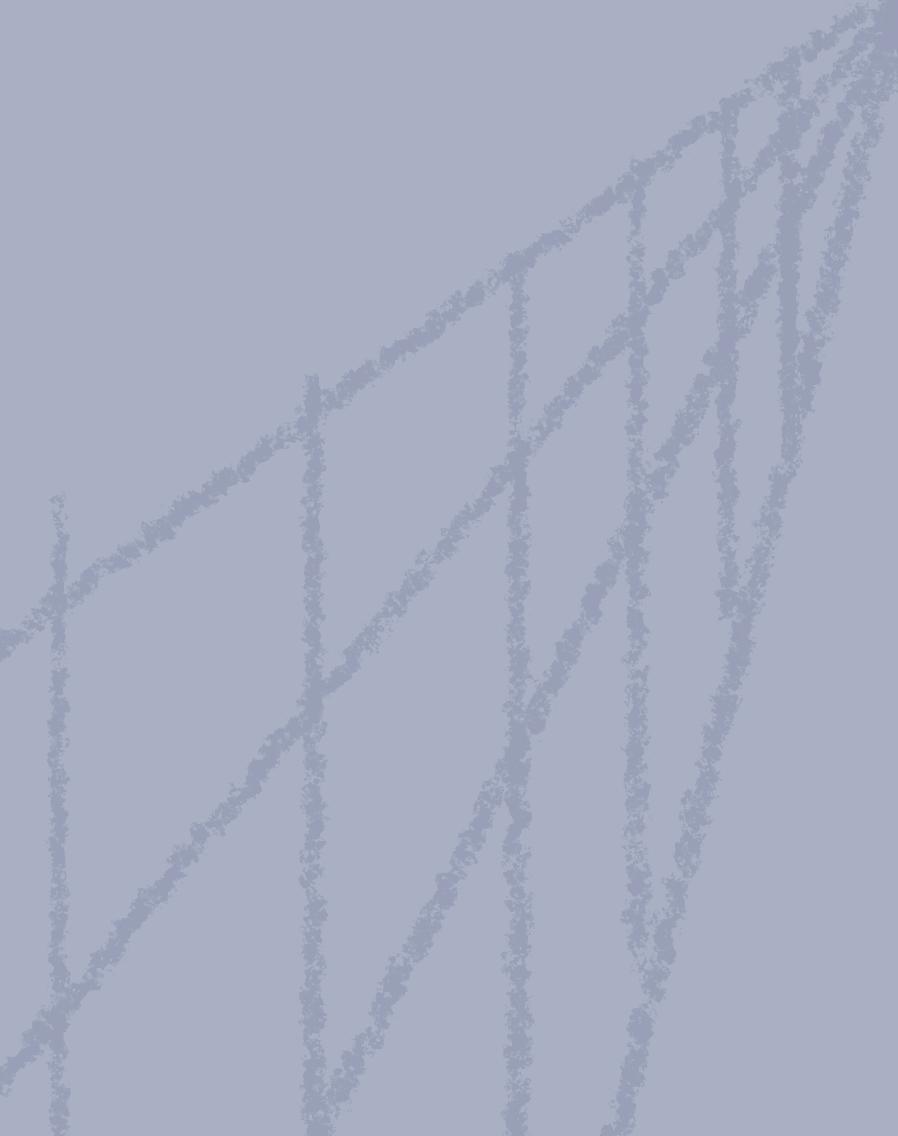


The day after St. Stephen’s Day I walk across the Brooklyn Bridge for the first time. It is not the colour I expected. Its great steel girders all sprayed a smokey taupe to match its stone towers, which brings to mind Edinburgh sandstone but is actually granite above the water, limestone below. The wooden slats of the pedestrian walkway underfoot are narrow and delicate in their worn, sandy, wood-grey. The wire bins, chained at intervals along the way; the street lamps with New England silhouettes, dotted in sequence on alternate sides; the endless criss-cross of supports and bolts and clamps, all cloaked in a uniform of wet sand. A cohesion of colour which gives me the sense that I have stepped onto the back of some enormous creature whose precise symmetry emerged, multiplying, from the very bed of the river below. Its cables climb in front of me, each vertical held in place by its own exquisite brace along a stout pipe, met by ascending horizontal cords of tension, to form a lattice of diamonds and squares that soar up to meet their tethering points on either side; a taut fence of suspension held in the balance by the watchful, sandy towers. It is a passage which draws me in, repeating parallel lines sucking me like sirens along this great conveyor, leading me to its inner portal which sits between two great apexes- two knowing eyes watching steadily as we on our human feet stream unconsciously through, crossing from here to there. On the threshold, an artist readies his easel and prepares to sketch. I take photos of all the little details: the bolts and nuts and welds, the care of the workmanship, the comforting sequences, and I store them, to be examined later with my love at home who is not himself. I take one of me, red woollen hat and cautious gaze

floating before these sentient gates, and send it to him immediately, to let him know he is with me. Beneath my feet, through the springy wooden slats, cars flow like schooling fish, rushing along the same line as me, their mighty bridge carrying them across the river below, as it courses right to left, wanting to wash us all out to sea. Around my head the cables pass in hypnotic rhythm, and it is no longer clear what moves -me, or everything else or none of us at the same time. Far below, on the Brooklyn shore, a couple on their wedding day have their photo taken along the banks. The sky is grey but will clear to a cold blue later and a brisk wind whips the bride’s veil behind her. I take a photo of them also, framing them between the girders, but they only show as a black and billowing white blur on my screen. I move on and as I begin to crest into Manhattan, I look forward into the crowd. I see a man as tall as me and we lock eyes over heads. He holds my gaze openly and when we pass, we both look back and catch eyes again, and smile. I turn and keep up my pace. I sense him before he arrives and his gentle tug on my shoulder is pleasant, anticipated. His face is warm and clear, and he tells me he is on a walking tour, but he would like to ask for my number, to maybe take me for a drink later. His clothes are clean and neat. He tells me he is from Belgium and, at first, he hears that I am from Iceland, but once I enunciate better, he saysAh Ireland, maybe sometime I will be there or maybe sometime you will be in Belgium?
I say I am only here for one night and he says he is the same, am I sure? We are smiling at each other and I nod, no thank you. He is already parting, but nods sincerely back and says, of course, he understands.
I have reached the end now and am turned to face the beginning, watching as he jogs gently away.






 by Alice Turpin
by Alice Turpin
Crossing Paths

The building was one of those small-scale Brutalist abominations that had sprung up in the fifties. Ruth sat in the dingy waiting room. Two rows of cheap plastic chairs lined the narrow space, with small, high windows providing the only reprieve from the grim semi-darkness. Prison-like, or at least unpleasantly institutional. Ruth was baffled by the kind of lifeless thinking that had put such utilitarianism in vogue; her abhorrence of it was visceral - as natural as turning her face to the night sky.
The door opened apologetically. A wiry figure slipped into the room and sat himself opposite her. Ruth unintentionally studied his face – a lingering art school habit – and thought how pleasing the line of the jaw and the striking dark eyes would be to sketch. There was a softness to his demeanour, despite his angular build. A fluidity that would lend itself to a work of art. His gaze, ‘til now averted, briefly cast over her. Ruth, suddenly aware that she had been staring, blushed.
‘Sorry, you really remind me of someone.’




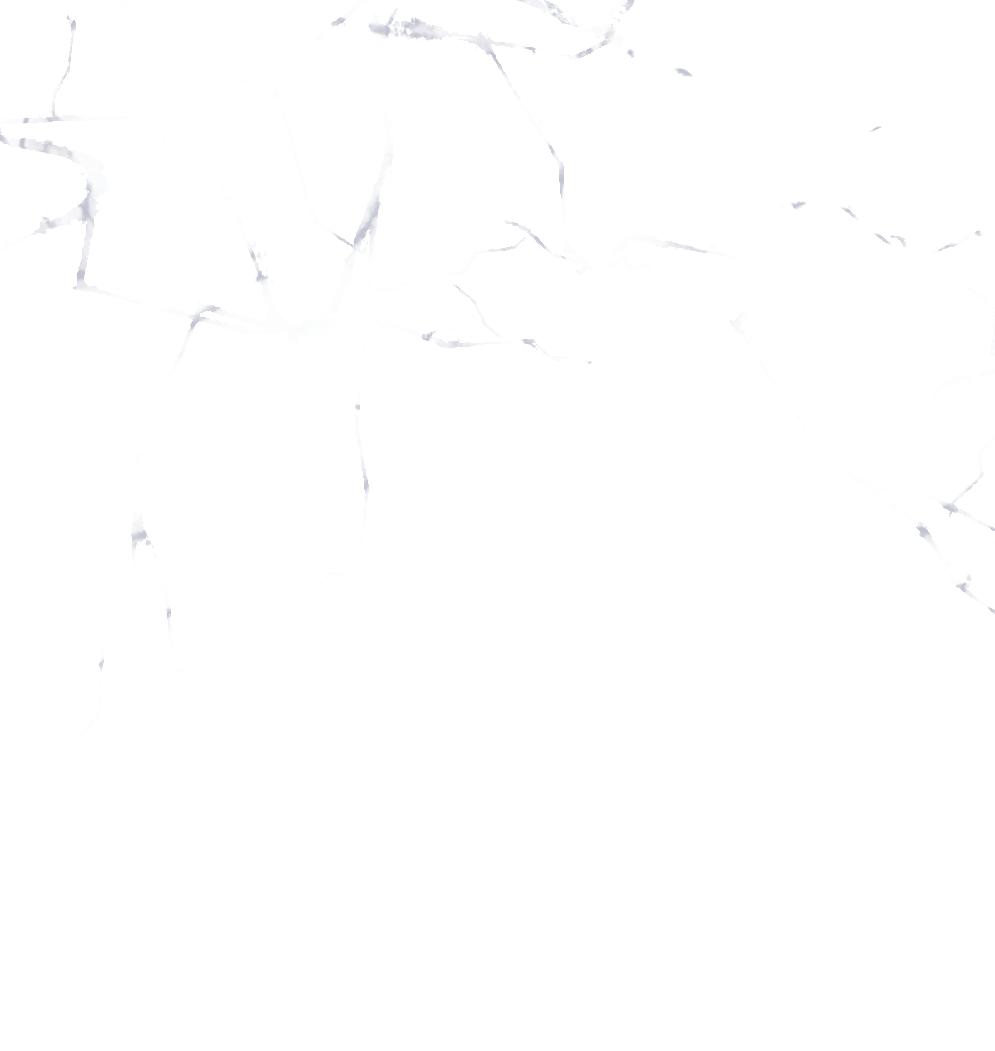

Jon smiled.
‘Yeah, I get that a lot,’ he lied, ‘One of those faces.’
He had noticed her momentary blush when their eyes met. Something in the immediacy of her apology, and her slightly downcast disposition, made him want to grasp her hand; tell her It’s okay! I watch people too! He smiled sheepishly instead, caught between a sudden longing to speak to her and his dread of these exact social situations. He watched as she absentmindedly leafed through an ancient magazine, her loosely gathered hair falling across her cheek with each tilt of her head. She looked tired and slightly vacant. Jon had the sense that he was seeing her through a thick pane of glass. His intensifying urge to speak to her was quashed by the unbearable prospect of small talk, so his voice remained
captive, safe to speak freely to her only within the confines of his mind;
Sometimes, sad-eyed stranger, the extraordinary shimmers within the periphery of the very ordinary (I think you know this) and these brief, happenstance moments become a sort of sustaining treasure... Can I tell you a story? Once upon a time, long long ago – before ‘Les Murs des Je t’aime’ had come to be – I met a Russian sailor who collected ‘I love you’ in the language of every port he docked in. It was a momentary crossing of paths in a dingy back alley – though not so dingy as this place... The pub side door swung open behind us occasionally, to free a plume of music and cigarette smoke. I can still see the tangle of moonlight and streetlight, the eager scrawl in his small notebook, and his sincerity. Such tenderness in that simple pursuit; an homage to the universal search, our persistent longing to hear those words: Táim i ngrá leat... no matter the tongue, and despite the futility of trying to hold mercury in the mouth and shape it into meaning, don’t we all yearn for such whispered benedictions? It takes so little really, to light the hollows of the heart, and something like recognition flickered through me just now when you -
The nurse called her name;
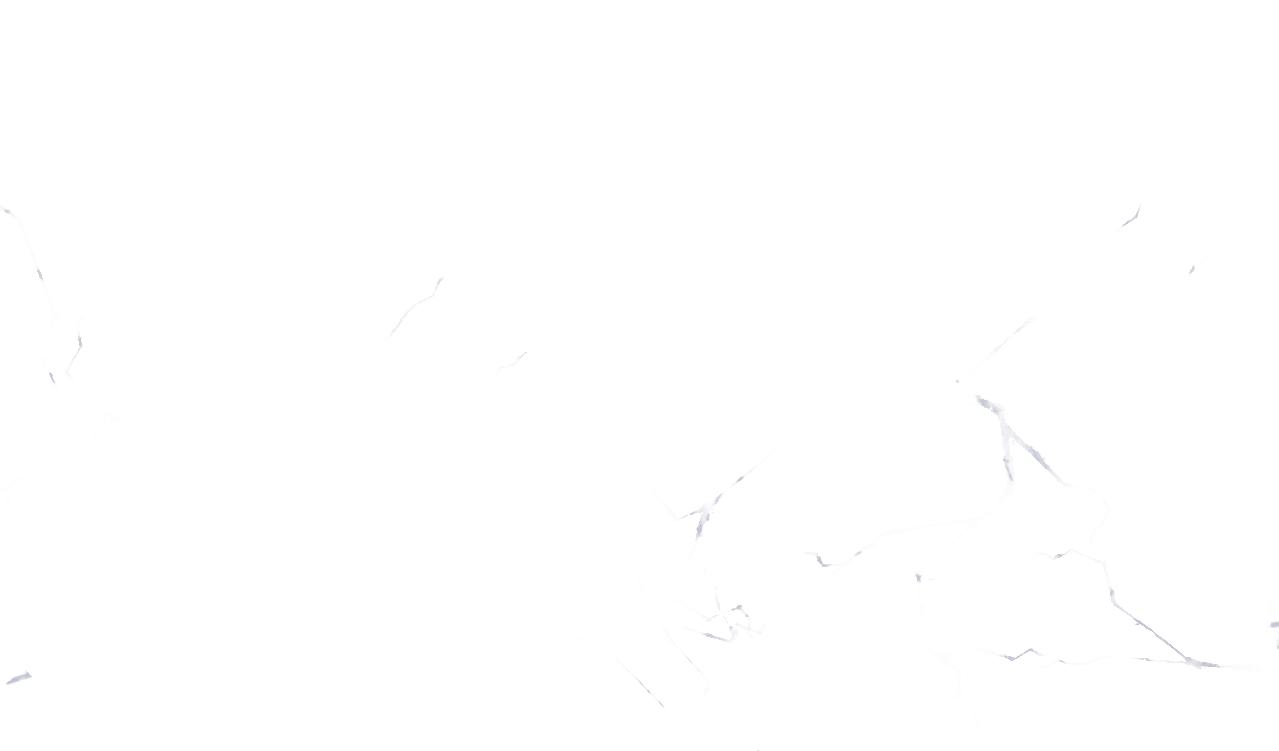


‘Ruth Connolly?’


She stood, gathered her bag and coat, smiled warmly at Jon, and walked towards the door.
‘I hope you find my lookalike!’ he blurted, and felt instant regret. ‘Mind yourself.’
Ruth, still smiling, ‘You too.’
He felt hope rising in him as he thought he heard the silence of her momentary hesitation, lingering, by the door. But her footsteps echoed along the cold corridor, and she was gone.

 by Sarah McGrath
by Sarah McGrath
WHITE NOISE
Part of a series of images that reference time, transience, memory and place.
 by Séamus Grogan
by Séamus Grogan
78
Focusing on visuals or artifacts that contain an emotive charge, the images propose an alternative way of seeing that redefine an experience of place. It suggests pace and time alter the observed realities, creating a type of abstract realism.
Utilising Photographic and Filmic processes, real imagery is observed but then abstracted by composition, juxtaposition and repetition. The curated images aim to broaden and deepen the viewers experience by engaging them through the use of actual and conceptual imagery.
In the ‘White Noise’ river series it proposes an analogous illusion of surface that twist, turn and divide depending on the pace, to somehow mimic the surrounding reality. Taking cues from historic photographic observations it interrogates the transience that has obliterated the remembered reality here. The delicate threads that linked the previous reality with the present have long since disappeared.
79
It Doesn’t Have To Be
It doesn’t have It could be the Movement of Water in lakes Slow and consistent
The river channel Between the lines Fast and persistent
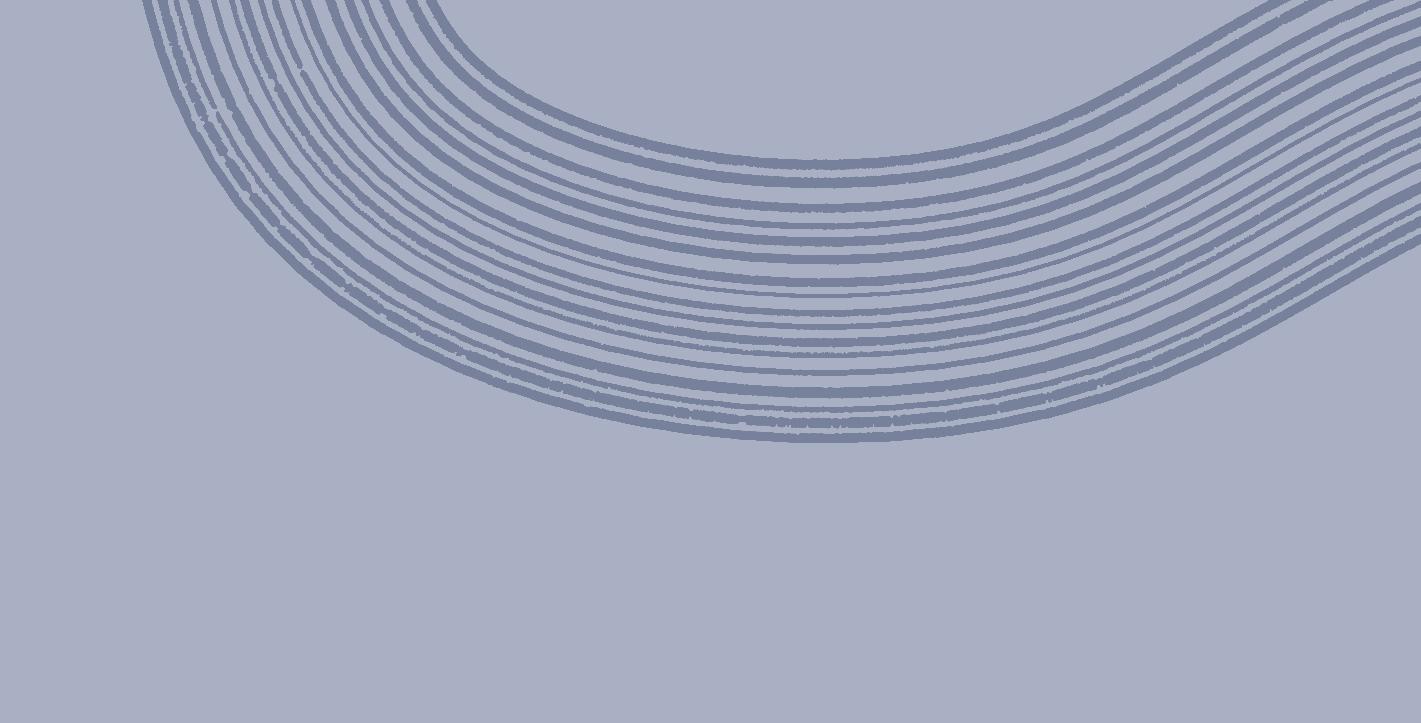
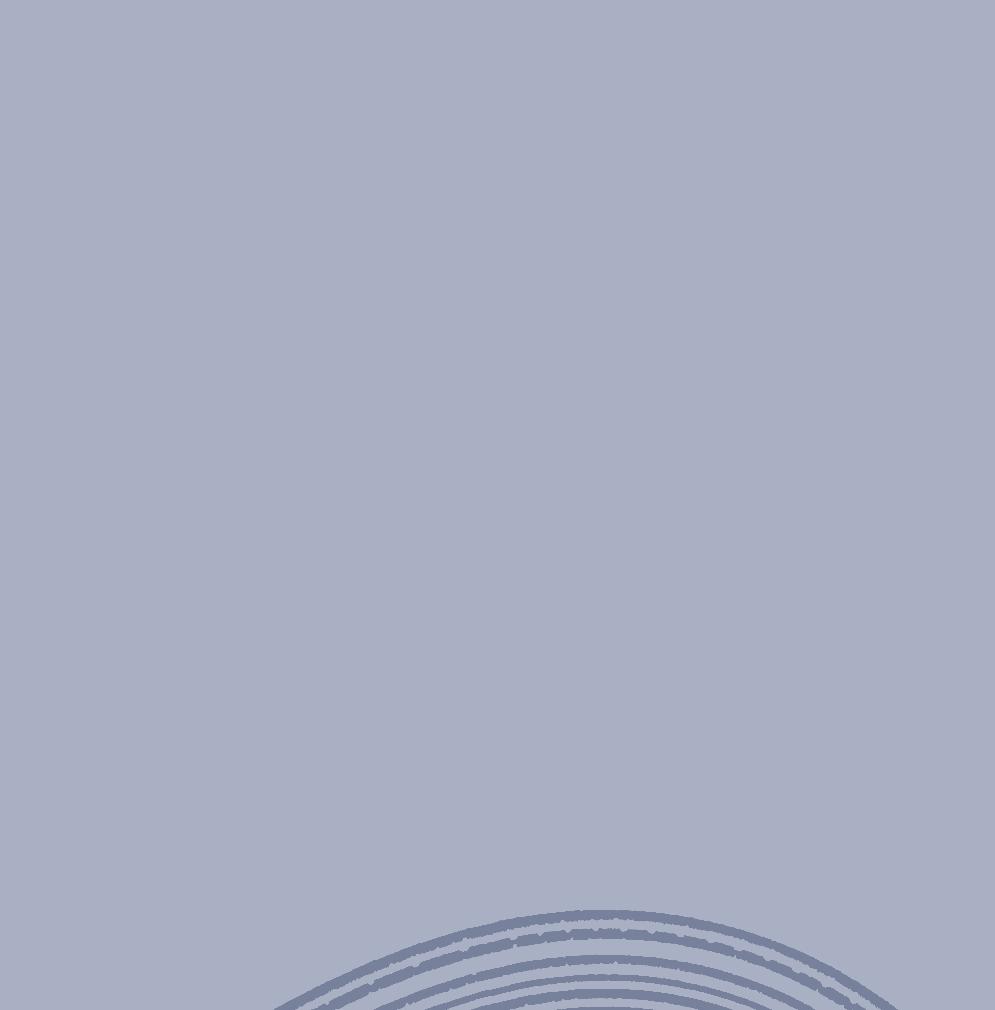


It doesn’t have To be a pattern



















A sunset sky or a Lighthouse lantern Maybe a halo star Draped in satin
by Paul Hamilton
Lamination
150cm x 170cm
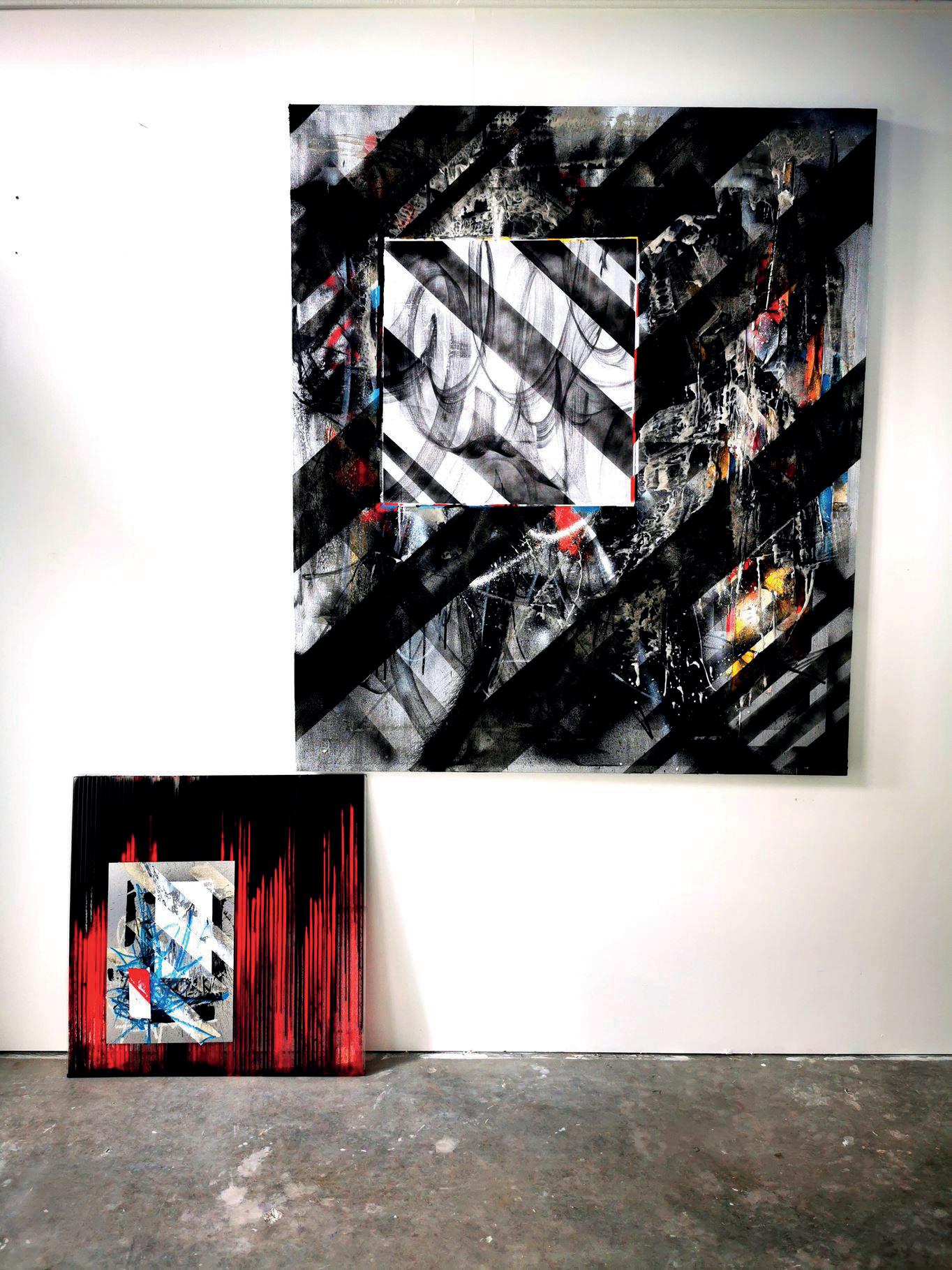
Reverb
70cm x 70cm
81
Gavin Mc Crea
Show Me The Way
There was nothing particularly unusual about today, except that when I arrived home from work, my house was no longer there.
I had slept well enough, considering how cold it gets in the guest bedroom, and got up nice and early to make my usual porridge with low-fat Greek yoghurt and organic honey. I left for work at 8:15 am, as always, and arrived in enough time to brew myself a nice coffee before I sat down at my desk. I was in productive form, so I didn’t finish until 7:30 pm. On the way back, I stopped twice: at the Chinese restaurant to pick up dinner, and then at the off-licence, just to treat myself. None of this was out of the ordinary, which made the absence of my abode all the more mystifying.
There weren’t any signs that the house had ever been there – no driveway or foundations, not a single brick or crumb of concrete. There was nothing but a quarter of an acre of fallow land, just as the site had been when we bought it. Everything else looked perfectly normal on the road, with lights and shadows dancing on the drawn curtains of neighbouring houses. Outside, the calico cat that belonged to nobody stalked along, throwing me a curious glance before dashing up a tree. An auburn leaf fell in the opposite direction, settling silently on the ground. The only change was the wide, empty space where my dwelling once was.
It frustrated me, because I had put in a long day’s work and felt I deserved to wind down. Now, in my left hand I held a bag of duck spring rolls, chicken satay, Singapore noodles, and unnecessary prawn crackers – so much food, and no utensils to eat it with. In my right hand was a bottle of not inexpensive Redbreast 15-year, that I was now tempted to quaff straight from the bottle.
I left the whiskey and my quickly cooling dinner in my car, still parked in the middle of the road, to investigate my absent house. I walked along where my driveway once was, and right through where the front door should have been. I had always liked the marble floors of the hallway –the grass and mud felt far too agricultural.
A house couldn’t simply disappear without someone noticing it, I thought, so I rang next door’s bell. ‘Mr. Foley? I’m looking for my house, and I’m quite hungry, so I wonder if you could tell me what happened to it?’
‘He won’t help you,’ a familiar voice called from behind me. ‘He’s
82
watching an old film about the future.’
I turned to see the calico cat, descending gracefully from the tree. Sure enough, Mr. Foley turned the volume up on his television.
‘The old grouch. Did you see what happened to my house?’
‘I certainly did,’ she replied, pacing slowly towards me. ‘I’ll tell you, if you make it worth my while.’
‘I don’t have much to offer,’ I told her. ‘Would you like some chicken satay?’
‘I’ve already eaten. What about your whiskey?’
‘How do you know about that?’
‘I tend to notice all the little things that go on around here.’ She grinned smugly, the way only a cat can.
‘That sounds a bit tedious. Anyway, the good crystal was inside the house, so I haven’t got it.’
‘That’s fine. Just pour some out on the ground, and I’ll lap it up.’ The cat sat on the road licking her coat clean while I reluctantly fetched the bottle. She slurped up the golden liquor the instant I dribbled it in front of her, much too quickly to truly savour it.
‘So, my house?’
‘Oh yes.’ She paused, no doubt feeling the tingle down her throat. ‘It was blown away.’
‘Blown away? My five-bed, four-bath dormer was blown away?’
The cat nodded slowly and deliberately.
‘By what? It hasn’t even been windy today! That leaf didn’t even blow away, it just fell straight down from where it was hanging.’
‘I don’t know what to tell you. I was sitting right there in my tree, minding my own business, and I saw the whole thing get blown away.’
‘But where to?’
83
‘That, I don’t know. It just, sort of, flew up into the sky.’
‘Oh.’ I wrinkled my nose. ‘And what about my wife?’
‘Was she inside the house?’
‘She usually is.’
‘She probably got blown away too, then.’
That, in particular, was a shame. It meant the chicken satay would go to waste. At that moment rain started to fall, quite heavily, straight down onto our heads, so we made a dash for the car. The cat made herself at home on the passenger seat, plucking the fabric with her claws.
‘Would you mind?’ I asked.
‘Sorry, force of habit.’
I looked out through the window at the barren quarter of an acre.
‘I’m going to miss that house. I spent a lot of time and money building it.’
‘I wouldn’t know. I never had a house. I just curl up wherever I can find some shelter. This car will do nicely tonight.’
‘For sleeping, at least. But I need to have a shower before work tomorrow.’
‘Just lick yourself clean, like I do. It’s quite effective.’
‘As long as I look and smell good.’
The whole ordeal had ruined my appetite, so I only ate the spring rolls and some of the noodles, both lukewarm. Since I don’t like peanuts, I tipped the satay out on the side of the road. After a night cap – straight from the bottle, ashamedly – the cat and I settled down to get some sleep. I closed my eyes, content that even if my house never returned, at least my office would still be there tomorrow.
by Stephen O’Leary
84

85
Marta Baptista
Orange Window
30cm x 40cm
Acrylic on wood board.
Jacob
Colder inside the tiny cruiser than outside. But with lighter and spoon, away he would fly. Sitting on his case of oils, tubes hardened beyond use, he beamed himself up. He glanced sideways; a garden gnome stared back. It marred his escape, the dusty sunrays in front of Diogenes’ huge pipe distorted by the gnome’s strident reds and greens.
He woke to ducks pecking at the hull. Barely dawn; a light from the Eel Pie Hotel ruins. The nights they’d had there, before everybody scattered. They didn’t need to. The cops had said he’d walk if he named his supplier, and he’d been shit scared of prison. But he’d never have squealed. He’d seen what happened – in those ruins - to a guy who did.
He shivered and ached, his stomach burned. Only mortals needed food. Eddie might be parked by the Swan, maybe he could pay with the gnome. Not that Eddie’d have use for it. But he had a mother. Though not all mothers wanted gnomes.
‘A fucking garden gnome?’
‘You could give it for Christmas.’
Eddie chewed his lip.
‘Alright, give it here. I’ll give you a fiver for it. No, no, I ain’t got no gear. Where’d you get this anyway?’
‘The boat.’


‘Just – “the boat”?’




‘Yeah, I don’t how it got there.’
‘Nod, nod, wink, wink.’

The fiver was a sympathy shag. Years ago, Eddie had been the one buying from Jacob and the other Burke’s Peerage escapees. Just pot, that’s all Jacob sold. And all the dude used back then; it helped his nerves. Till prison wrecked him completely, poor bugger.
Jacob shuffled towards King Street.
A man with two little girls skittered to the other side.
‘What’s wrong daddy?’

‘Keeping you safe.’
‘But he’s nice, he drew a picture of me.’ ‘What??’
Jacob didn’t hear the rest. He remembered the little girl. Her mother gave him a tenner. He’d sketched loads of locals, and people who came to the rugby internationals. He remembered their names still. But he couldn’t draw humans anymore. He could only draw the gods now, and write their messages.

Jacob settled himself on a spot of pavement outside Supadrug. Julie came out for a fag. ‘You’re late today love,’ she said, ‘Saving yourself for the rugby crowd?’ She gave him face wipes, cough medicine and dry toast. At her insistence, he nibbled. Every nugget stuck in his gullet. He’d have stomach cramps anyway; with the few crumbs he risked diarrhoea. The boat’s shit bucket was already full. He’d have to empty that before Tom returned to throw him out. Julie hoped he’d get a flat before then, she’d put his name down. ‘Just think – central heating!’ But that wasn’t what he asked the gods for.
He broke for the public loo for fifteen awful minutes. Resuming his spot on the pavement, a garden gnome stared out at him from the phone booth. Not the same one. No beard. Did it look like her? For twelve years, he’d been hoping she’d call.
The shop ladies emerged in their street coats after six. ‘What’s that doing there? Not very nice, is it?’ Julie took umbrage, certain the gnome had been placed by whoever had been gluing Hobgoblin beer labels inside the booth lately. ‘Let’s put it in here for tonight.’ She put it inside the darkened shop.
The Orleans Park boys’ Mini Cooper slowed, camera phone trained on Jacob, then panned across to the booth – ‘Shit, it’s gone!’- then to the backseat, piled high.
‘Never mind, plenty more. Told you he’d still be there. We’re going to have to make four runs, your car’s a shoebox. This is going to get sooo many likes!’

‘Wonder if he makes much?’




‘Doubt it. He keeps getting skinnier. I hear his family’s loaded thoughdad’s a famous artist.’




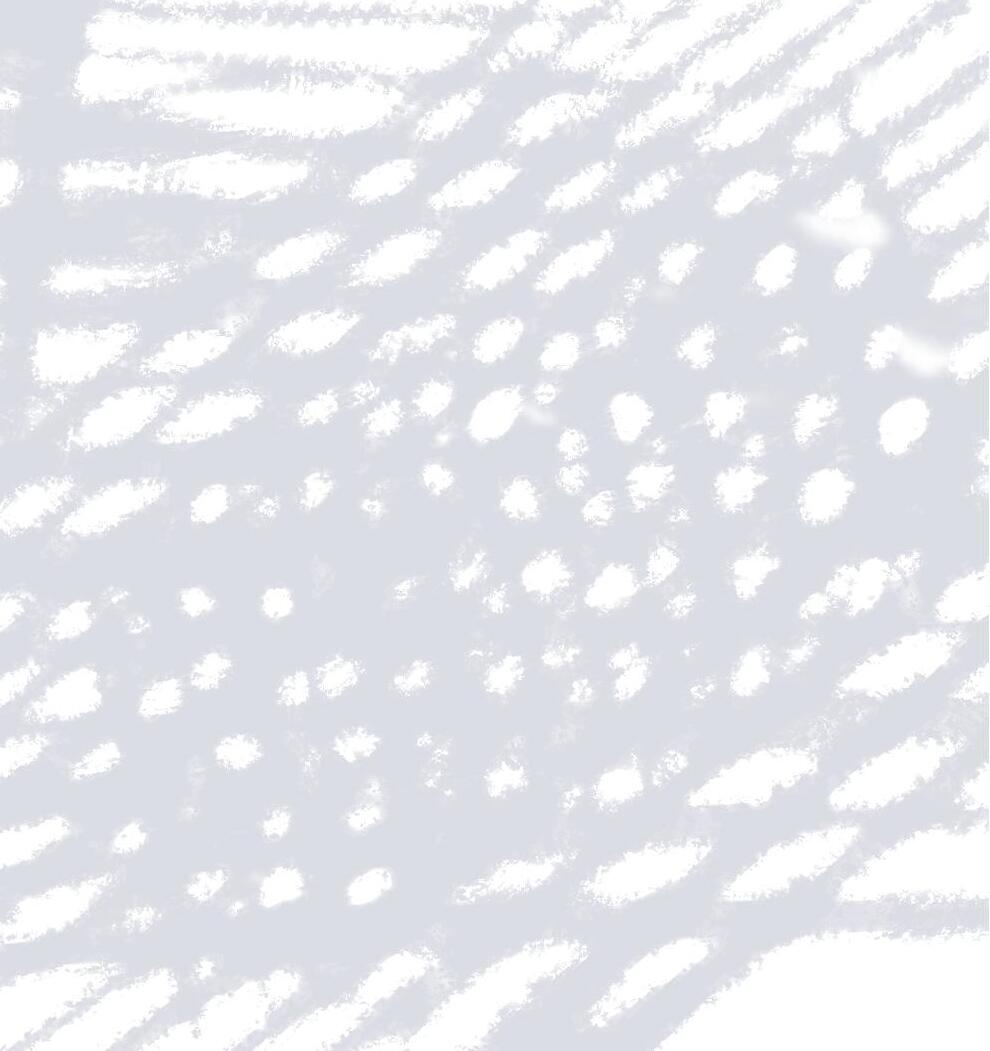
‘People always say that about the homeless though, don’t they?’

It was a good night. He greeted people by name as they dropped pound coins onto his saucer. In the money; fifty quid and a hamburger for the ducks. His body was so empty, his spirit would commune with the gods without need of man’s substances. If he could just find the strength to get back to the boat.
He picked himself up, the coins ballast in his pockets. Pilgrim’s progress, he thought as he inched along. Years of it. Rewarded by so many revelations. Which he tried to pass on, but only the Orleans Park boys, who reminded him of his younger days, listened. They gave him hope, said they were spreading the word on Facebook.
Tethered to a moored barge, the cruiser was lower down in the water than usual. The rope securing it gave slightly as Jacob stepped onto the deck. He slid the hatch, descended the ladder – his foot touched something. There were garden gnomes everywhere, covering every inch of the floor. Awful for them if they were in the head too. Laughter rose up in him, hurting his ribs.
Picking his way towards the berth, he shoved enough gnomes aside to lie down. They weren’t all plastic; some seemed to be concrete. Being among them took him back in time, to the wee hours in tiny garrets with the guys… the talk, the music, on a higher plane…. their own magic circle. That was why he hadn’t gone with her. Normal life couldn’t hold a candle. Yet all the others went for it in the end. He held a gnome to him and slept.
Heavy with its cargo, the boat couldn’t ride the winter tide. With the tossing, the rope securing it to the barge came undone. The boat drifted to Eel Pie Island, hit the pillar of an abandoned pier, and took on water. By dawn, it was completely submerged. Gnomes bobbed in the Thames from Richmond to Kingston.
The outpouring of grief for Jacob was huge. A shrine of flowers and notes grew outside Supadrug. ‘So talented when he was younger.’ ‘Gentle.’ ‘Kind.’ ‘Missed.’ ‘We wish we’d…’
 by Sharon Keely
by Sharon Keely
Marta Baptista
Set of Stones
40cm x 30cm
Acrylic on canvas.
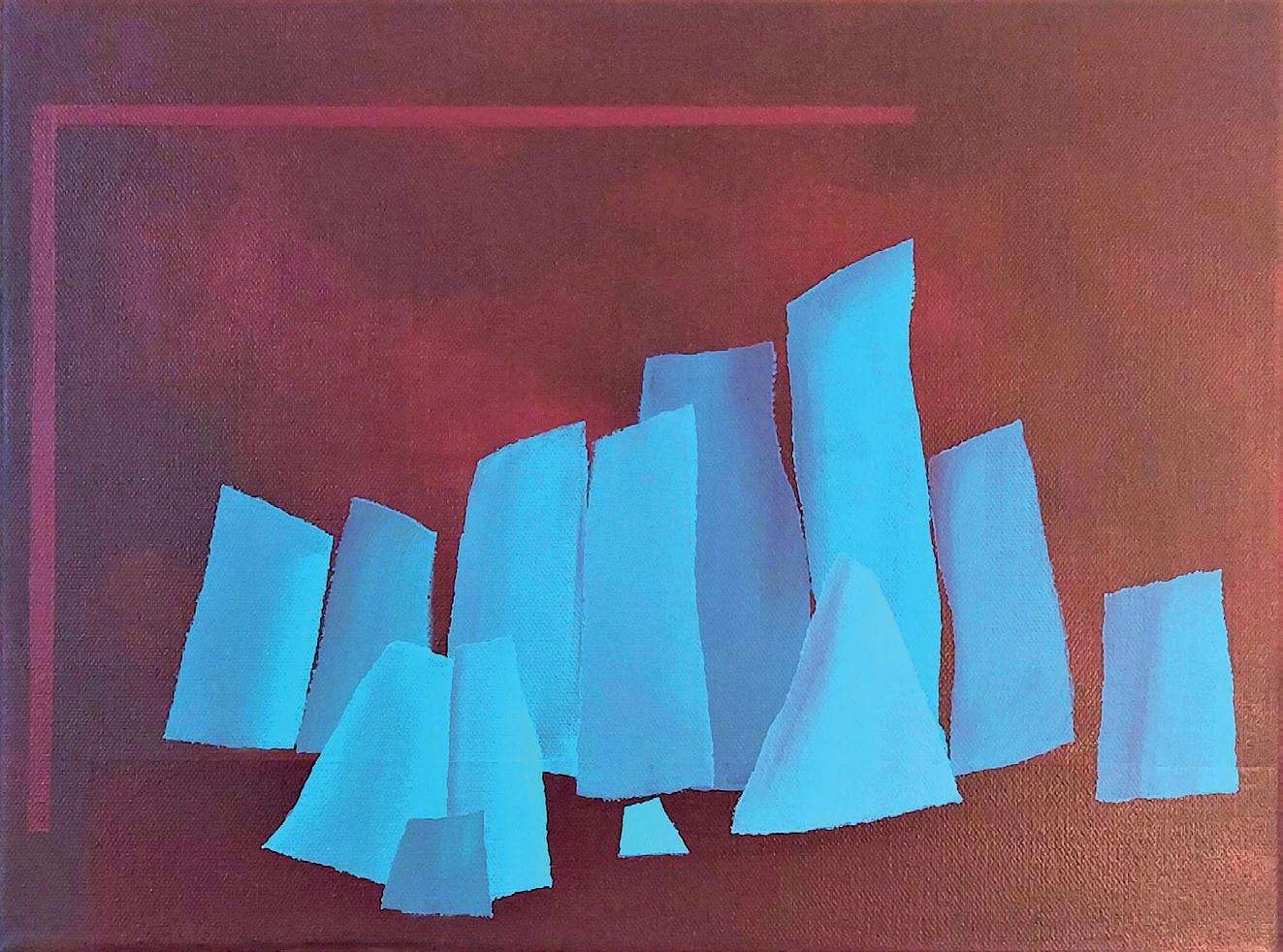
89
Starflowers
I woke up in an utter stillness.
I didn’t know then that we were surrounded. Not that it made much of a difference, the fact of my ignorance or their presence.
Clambering out of the tent, my eyelids soaked in sleep, I didn’t notice anything especially unusual at first. My insistent bladder claimed all my grimy attention. That and stuffing my feet into nasty-critter free shoes.
It was only when I finished the sloppy knots on my boots that I really noticed the quiet. For a moment, I sank into it, like a stone in water. So different from my usual city nights. Even the yips of dingoes were absent, enlarging the span of the star-soaked sky overhead. Just me and the wind, rippling through the low-growing scrub.
Then I yawned and my too-full bladder diverted me. I filed the quiet away to this being the Outback and nothing more.
Insane as that sounds now.
With bleary eyes, I stumbled along, scanning the red ground for spiders and snakes. Listening for the scratch-rattle of paws on the fringes of the tents. Dependent on the ropes of solar-powered bulbs strung overhead like fresh teeth.
Hoping I wouldn’t scream if a Huntsman spider stalked out of the dark. Hoping someone would hear me if it was worse.
Just in case, for luck, I stomped out each footstep. Raising red puffs and staining my boots and bedraggled trousers a deeper ochre.
I don’t know why that didn’t wake them.
Or anyone else.
Especially with my cursing of that last can of beer. Only half-drunk too.
But it didn’t.
Each of the minibuses were parked in a neat row at one end of the campsite, close to the toilets and the shower block. All encased in a yellow-grey cinderblock structure.
Not where I would have settled.
90
I thought later that maybe it was the water. The drinking tap was located on the other side of the buses.
All the pipes buried beside the access roads and running along behind the toilets.
When I was sure I was reasonably safe, I raised my head, cutting through the buses to the cinder block building behind. Jogging now, bladder too full and utterly awake.
The glow registered on my periphery, but I instantly dismissed it. Before memory pulled my brain into motion and shortened my steps not six feet from the toilets.
This was the Outback: there was no urban glow.
Curious, I pivoted towards a gap in the fence and shuffled closer to see.
They lay on the rough tarmacadam road like a lavender blanket. Sixlimbed, I thought. Small enough that I could have held the largest between the crook of my arm and my wrist, with room to spare. And I’m a small woman.
It was enticing fur. The tip silverish and deepening down into a late sunset purple.
They all seemed to be asleep. Snuggled together in little groups. The odd one lying on its own but close enough to reach out and touch its fellows.
A yearning to pick one up and smooth its fur under my fingers settled somewhere under my ribs. To cradle it as I would cradle one of my cats.
I murdered that impulse before my hand drifted too far from my chest and my feet carried me any closer.
Took the same axe to the next two thoughts: pull out my depleted phone or go rouse someone else.
The aliens could be a mirage. A projection. Feral. Peaceful.
If I disturbed them the consequences were incalculable.
But whatever I chose, I was not going to die pissing myself.
by Jennifer Flynn
91
As I was shooting pictures at a party, I dropped my prism lens. It broke but I kept shooting. When I developed the photos, I was shocked to see that broken things could also capture beauty. Just a different kind of beauty.
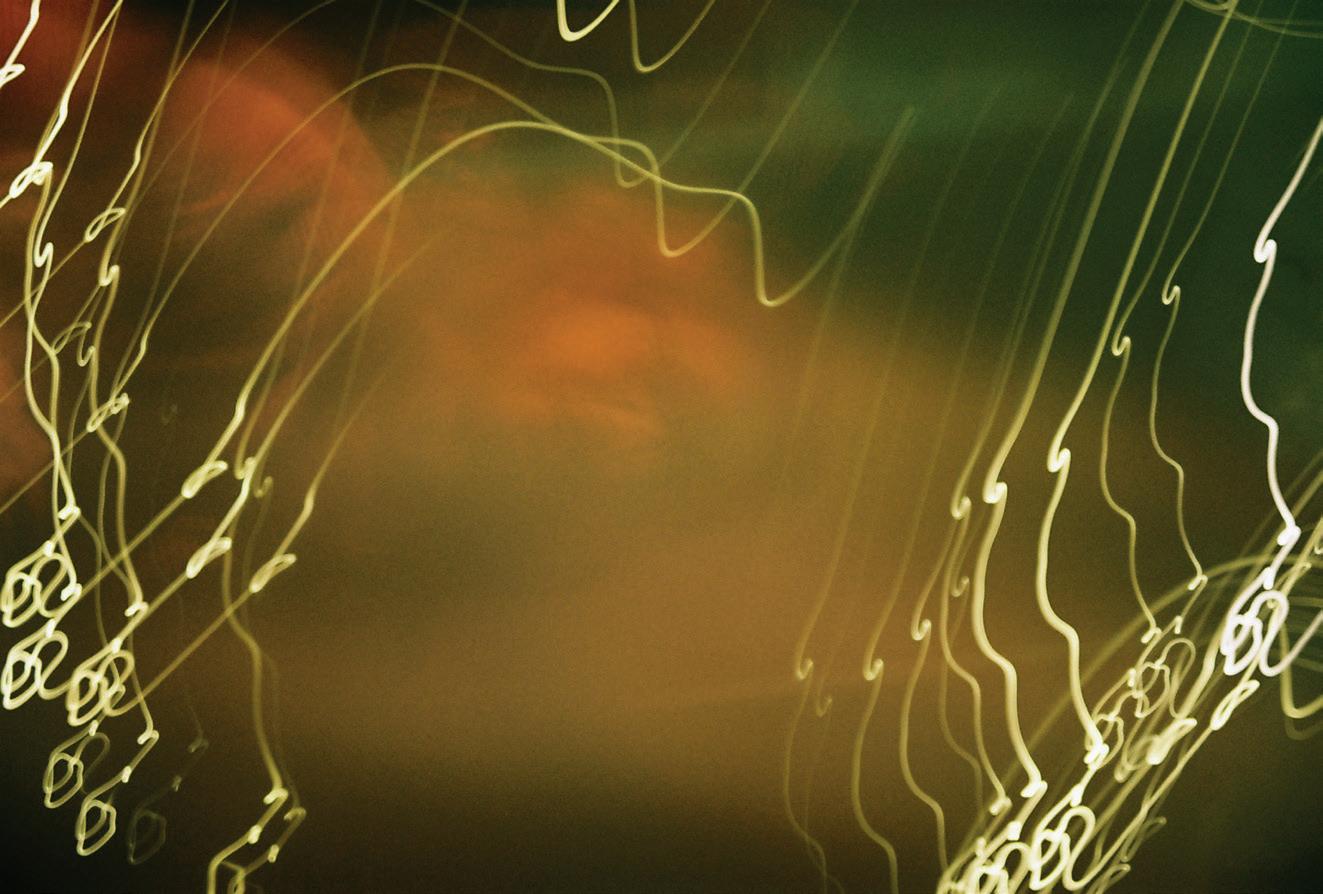
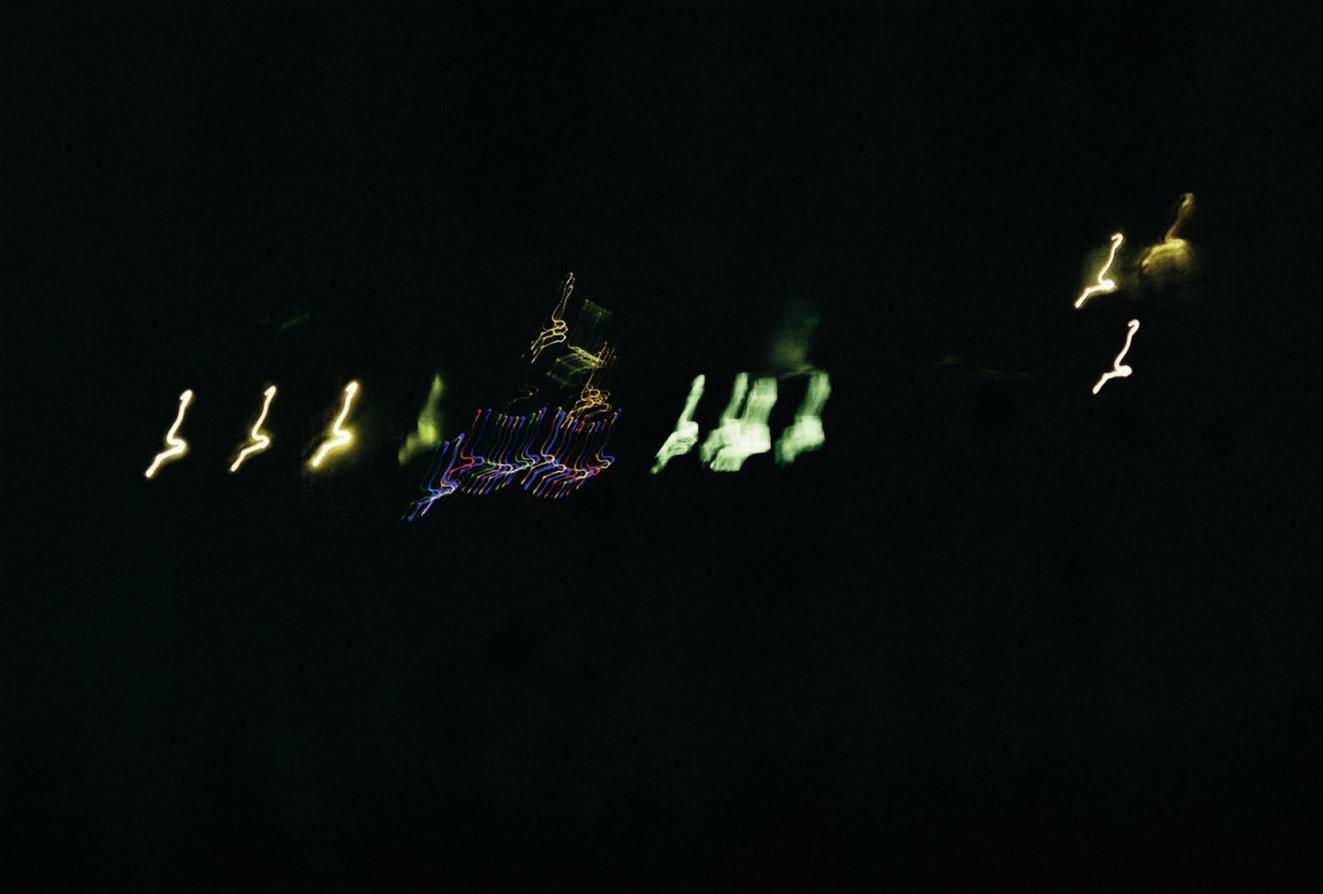
92
top: Liv-Andrea Banner Fregatten
bottom: Liv-Andrea Banner Erinyes
New Year’s Eve
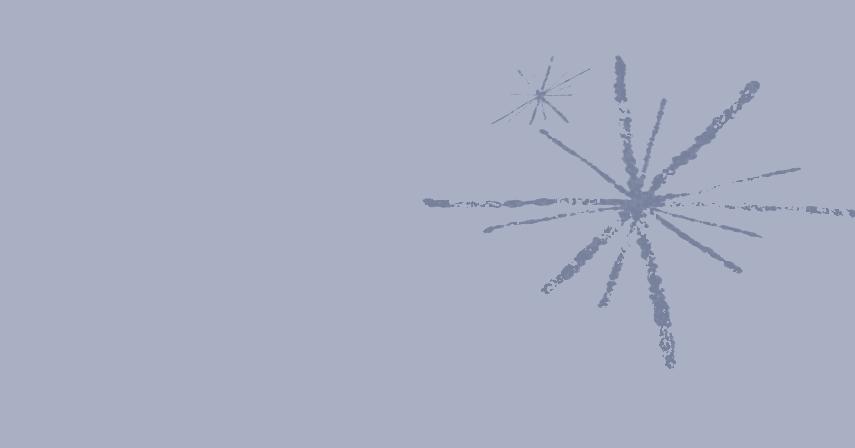



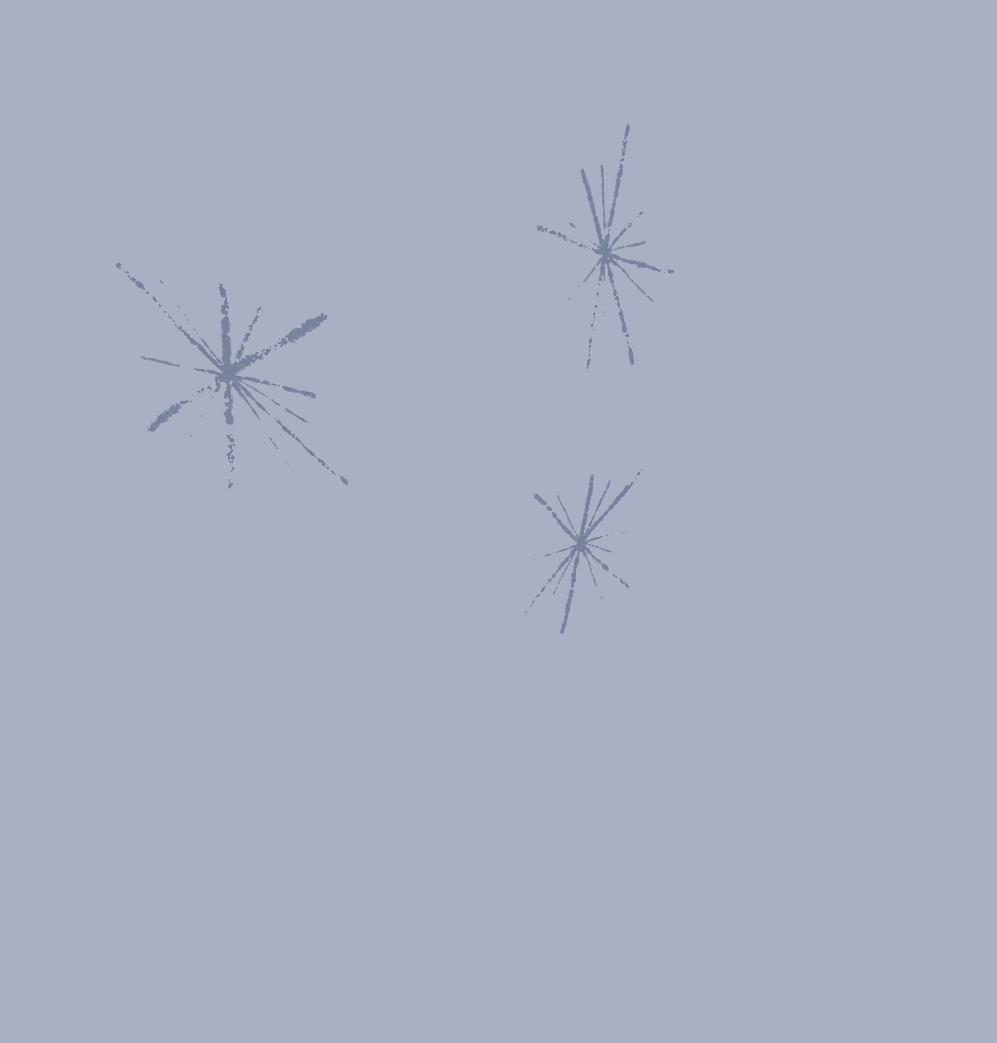
farting tuba thunderous polka beat cooling my warmth for my otherwise lovely neighbours if only they wouldn’t shoot guns in the air at midnight

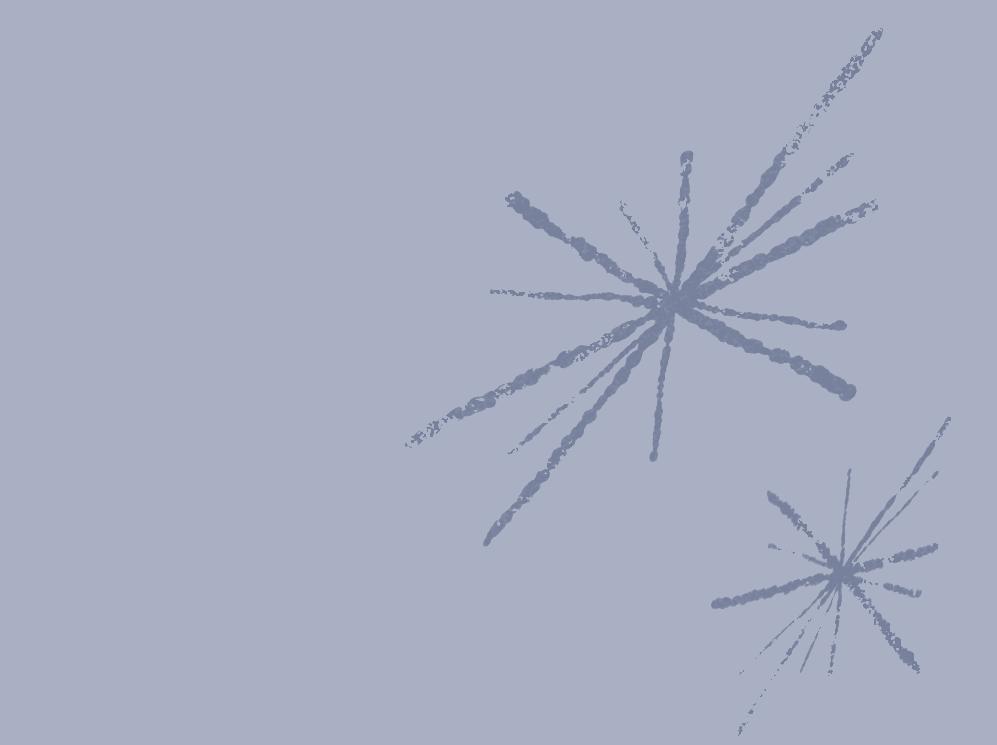 by Sharon Keely
by Sharon Keely
Ziggy
Yardie, wha’ gwaan’ mon. Me iguana, everyting’ cris, ‘cept for d’coconut me get d’blame mon! Over d’brown dog... me just chillin’, everyting’ irie mon, chillin’ in me yard when come runnin’ d’chicken me bein’ frame mon! Was d’human ya mon, me frame. Psst… me seek redemption.
Ya mon, me seek redemption. Me frame for crime me no commit mon, over poison coconut me was just chillin mon, was d’human Psst… chill mon, me no poison no dog for chasin’ foofool chicken me was just sleepin’ in me yard...
Ya mon, me was just chillin’ when d’dog mash up me yard... Psst… redemption me pay no mind to no chicken d’brown dog mash up me yard mon, over chasin’ d’goddamn coconut d’white dog always lookin’ for food mon, d’fat belly white dog
t’was d’human mon, they spray d’poison —me get frame mon, by d’human
Me didn’t shoot d’sheriff mon. Psst… me gwann’ tell them, was d’human everyting’ was irie mon, me was just chillin’ in d’yard when d’brown dog come n’mash up me bredren, and then roll up in d’dead, sick dog sick in da head mon. Me need redemption.
d’sun, for d’bones mon. Me have no business with any coconut d’human only like d’chicken from KFC mon, they kill d’dog instead of d’chicken
94
D’human mon, d’get all vex, when d’dogs bust up d’yard chasin’ d’goddamn chicken
me d’scapegoat mon, psst… for d’goddamn human Ya mon, me wasn’t d’one to throw d’coconut if me had d’chance, d’brown dog he be catchin’ d’coconut from me yard, in d’sea mon, those sharks have a field day mon… redemption. Me cool n’ all mon, but wha’ gwaan’ with d’crazy big dog...
Incomin’, me so sick n’tired of hearin’ that out of d’big dog he so sick mon, he think me some sort of poet over talkin’ about some KFC chicken
me no talk no poetry mon, me just want redemption listen mon, soon come. D’grey dog, he got his, by d’human me just stay here ’till d’time come, and me just chill in me yard ‘till d’brown dog, he eat d’poison coconut.
D’brother Bob sang d’song of redemption: Emancipate yourself from foofool dogs, None but ‘incoming’ can free d’coconut... Have no fear for d’atomic chicken, Cause none of them wanna stop d’human... Me just want d’freedom, in me yard...
by Sarah O’Keeffe
95
An Origin Story: Guinness and Statistics
Statistics are all around us. Millions of us care about the outcome of elections, which are based on statistics relating to votes. However, few people think about statistics while supping on a pint of Guinness.
One of the most common statistical tests used is the Student’s t-test. You might think this test was developed to model the weather or monitor disease. But no. Its origins are far more vital to our daily lives than that. This test was developed to ensure the delicious taste of Guinness is maintained.
Guinness is a simple beverage made from four ingredients: water, barley, hops, and yeast. Of course, there are closely guarded secrets regarding the production process, but the key is in striking the perfect balance of these ingredients to recreate that distinctive, creamy stout flavour in mass production.
The quality control exerted by Guinness today is plain to see. They have dedicated testers whose job it is to make regular visits to every bar in Ireland that sells Guinness to ensure its high standards are being met.
However, to understand the origins of this level of quality control, we must go back to the early 1900s, when Guinness was already a world leader in the brewery industry, and they were keen to maintain that status.
They succeeded through sheer innovation, recruiting the brightest academic minds to apply the scientific method to the brewing process, including one of the most underrated and greatest minds of the twentieth century: William Sealy Gosset (1876-1937).
Gosset graduated from the University of Oxford in 1899 with firstclass degrees in mathematics and chemistry and went on to work for Guinness as a Master Brewer. Through his advancements in statistics, he revolutionised the process of quality control for mass production in industry, and his statistics remain amongst the most widely used today.
96
The first statistics test I was taught while studying Psychology in the 1990s at the University of Glasgow was the Student’s t-test. This is also the first statistics test I teach students at ATU Sligo nowadays.
It might be tempting to assume that the name of the test is derived from this fact: it is the first statistical test taught to students. This is not the case. ‘Student’ was a pseudonym used by Gosset because Guinness employees had to publish their work anonymously to prevent their competitors from getting a whiff of the highly innovative scientific methods they were implementing.
One of the early problems Gosset encountered at Guinness is at the very core of the development of the Student’s t-test. Guinness was already creating huge quantities of the black stuff that was being distributed worldwide and the bosses were concerned with ensuring that every batch they distributed complied with their lofty standards.
Back then it was typical for craftspeople to test every individual product before distribution. Even though there would have been a queue of Irish folk willing to do this job for Guinness, stretching from St James’ Gate in Dublin to the Cork coastline, this was simply not tenable (or advisable).
There had to be some way to test the quality of Guinness that did not render half of Ireland drunk, and Gosset’s bosses turned to him and his mathematical mind.
Gosset recognised this as an academic problem. Even though he had sampling techniques to work with, there was a major issue with the statistical tools available.
Statistics were literally a century behind the statistics of today. By the turn of the century in 1900, statisticians understood the general phenomenon of the bell-shaped normal distribution. This distribution captures the order of most naturally occurring phenomena such as the height of people, hence the term ‘normal’. Most peoples’ heights are bundled around the middle peak of the distribution, which represents the mean or average height, with fewer smaller people to the left of the peak and fewer taller people to the right of the peak. This is the natural order of things:
97
Statisticians had developed mathematical proofs for the ‘standard normal distribution’ by 1900. However, these proofs were based on measures from whole populations and large sample sizes.
This was a major issue for Gosset and Guinness in an industry where the vast majority of product is to be sold for profit, with the smallest quantities possible to be used for testing purposes.
Gosset started with a rudimentary sampling procedure from a large dataset of malt extract. He had an extract with a very large number of samples from which he could be relatively confident about the content. He first drew many two observation samples from the extract to test the accuracy of such small sample sizes.
He noticed that about 80% of the measurements from two samples were within 0.5 units of the target measure of contents; with three measurements there was an 87.5% chance; and with four measurements, a better than 92% chance. With eighty-two measurements, the likelihood of getting within 0.5 units was practically infinite.
Gosset’s bosses at Guinness were ecstatic. This would allow them to make intelligent decisions with confidence to maintain quality control of their stout better than anyone else in the beer business.
However, Gosset was not satisfied with this approach, which he viewed as too much of an approximation, so he sought to decipher the exact mathematics underlying small sample sizes.
He convinced Guinness to allow him to take a year’s sabbatical, during which he joined the lab of Professor Karl Pearson at University College London. There, he worked out the numbers, showing mathematically that even small sample sizes follow a normal distribution, and formally developed the Student’s t-test in the same format as it is used throughout the world today.
So, whether you are a student of statistics, a Guinness drinker, or someone who has benefitted from real-life application of his statistics (that is all of you), Gossett deserves your gratitude. The world we live in today would be a very different place without Gosset or Guinness.
by Martin O’Neill
98
The Work
The work must never be finished. It must never reconcile, nor linger too long in any one moment. It must always be elusive, never conspicuous. It must take on a life of its own. It must not be, but do. It must dance around impressions, flirt with interpretations, demand critique, pose questions, but provide no single answer.
It must terrify and excite, ignite and incite, inflate, elate, create anew, again, and again.
The work must carry on.
by Stephen O’Leary
99
Days Without Nights
A Novel Excerpt
As George stepped out onto the porch, he was hit by sharp beams of sunlight.
Having arrived late the day before, his eyes had not yet adjusted. When they left Toronto, it had been pouring rain for three weeks straight. The sky had been nothing but a dull grey mass. Now the sky above George was so bright and blue that it caused his vision to blur. For a moment everything was white, and then the silhouettes of the new world broke through. The north Atlantic Ocean unfolded like an eternity beyond the porch. The way enormous blocks of ice soaked in the sparkling water made it look like a giant fizzy drink. He spotted Eric and Yvette at a table and began walking. Yvette was wearing her usual Toronto Blue Jays beanie. Like a third eye, the little blue bird sat proudly in the middle of her forehead. Once it had almost resulted in them getting kicked out of the university bar, all because the bar owner, Tom, fancied the Boston Red Socks. The two had since mended their relationship. George suspected that the old American had taken a liking to Yvette and her long red locks. George rubbed his hands together, regretting the decision to leave his gloves in the room.
‘Morning,’ Eric greeted him with a slight smile.
‘What are you sitting out here for?’ George asked and sat down.
‘Nice to get some sun,’ Eric shrugged.
‘And the air is amazing.’ Yvette put on a pair of sunglasses and took a sip of her coffee.
George inhaled as the breeze flew by. The Greenlandic air invaded his nostrils and covered his senses like sedation. Yvette was right. It was amazing. Somehow it was sharp and crunchy while remaining soft and round. It felt wet on the skin and tasted like salt in the mouth.
‘Smells like Christmas’ Eric noted.
‘Sure does’ George shivered. They decided to move inside, where they ordered breakfast and more coffee. Eric started explaining the program for the day. He was usually the one in charge of planning. Not necessarily because he enjoyed it, but because he couldn’t relax if anyone but him did it.
‘Around 11 o’clock the boat will pick us up. We’ll sail out west until we
100
reach the glacier. This is where we’re conducting the first water test’.
A waitress collected their empty coffee cups.
‘Water test? Sounds interesting.’ she noted.
George helped her stack the cups before sending her a smile.
‘Very much so,’ he said.
‘You folks from America?’.
‘God no, Toronto. Sent out by the University,’ said Yvette. ‘So, you’re scholars’.
George sat up straight as she walked around him.
‘What kind of testing are you doing?’.
Eric cleared his throat.
‘We’re monitoring the concentration of Phytoplankton along with the salinity concentration of the water.’ The words rolled off his tongue as if he was reading from a script. The waitress looked a bit overwhelmed.
‘Well good luck with that’.
After eating the last scraps of bacon and eggs, they went back to their rooms. The little hotel only had two floors. George had been lucky enough to get one of the upstairs rooms which looked over the water.
Fittingly named the Ice Fjord, it was the most majestic thing he had ever seen in his life. That morning it seemed idyllic and hypnotically calm, but last night several of the icebergs had calved. The sound the icebergs made when they released chunks of ice reminded George of a cow giving birth: intense and hollering. As if the constant flicker of sunlight slipping through the broken curtain hadn’t been enough. He might as well get used to it - the Arctic Circle this time of year was all day with no nights.
The hotel lobby had a fireplace. Around it stood cosy linen chairs and couches all equipped with sheepskins and blankets. Little wooden figures stood exhibited in a glass case. George studied them curiously. One figure was of a hooded man wearing an anorak closely resembling the one he had just put on. Perhaps he should buy it before they went home, as a little gift of remembrance. His father had told him to enjoy every moment of the trip, even the tough days. One day all you have are memories. He unzipped his jacket. He couldn’t wait here for too long, otherwise, he would burn up. He suddenly noticed his sister sitting on one of the sandy sofas. Eric sat beside her. The two were engaged in conversation too low for
101
him to hear. Alma fluttered her long lashes and leaned in closer as Eric showed her something on a map. A lock of her lengthy hair fell onto the map. Eric swiped it over her shoulder with one swift motion.
‘Good to see you’re awake, Alma’.
They looked a bit startled. Alma smiled at him.
‘I just had breakfast’.
‘Any plans today?’ George dropped down in the chair opposite them.
‘As I was telling Eric, I think I might just walk around town. Get to know the people’.
George nodded.
‘I suppose we’re gone for most of the day.’ He looked at Eric, whose strong jaw twitched.
‘We’re home before supper, I’d say’.
‘Probably, but don’t count on it.’ George looked at his sister.
‘We’ll try our best to be back by supper. So, you won’t eat alone.’ Eric pushed the hay-coloured hair back.
‘I think I’ll manage,’ Alma’s voice was soft and overbearing. Alma was doing a bachelor’s in anthropology. Her main thesis included research in the native community back home, but when she saw an opportunity to tag along on George’s research trip, she didn’t hesitate. She said it was an amazing opportunity to connect the indigenous ties between Greenland and Canada. Their father had agreed. All the memories he had been looking forward to making would now be polluted by his stubborn sister. Just because she didn’t know how to make her own.
by Liv-Andrea Banner
102
Revolutionary Smoke
I


A Tan was lying against a fence with his pipe gripped between his teeth. One of the boys gave it a pull, at the same time giving him a kick. Another shouted: ‘You idiot, don’t you know a dead man when you see one?’
II

I opened the door and walked out with the pipe in my mouth. There were about thirty British soldiers outside. I acted without knowing, brought up the gun and fired.
III

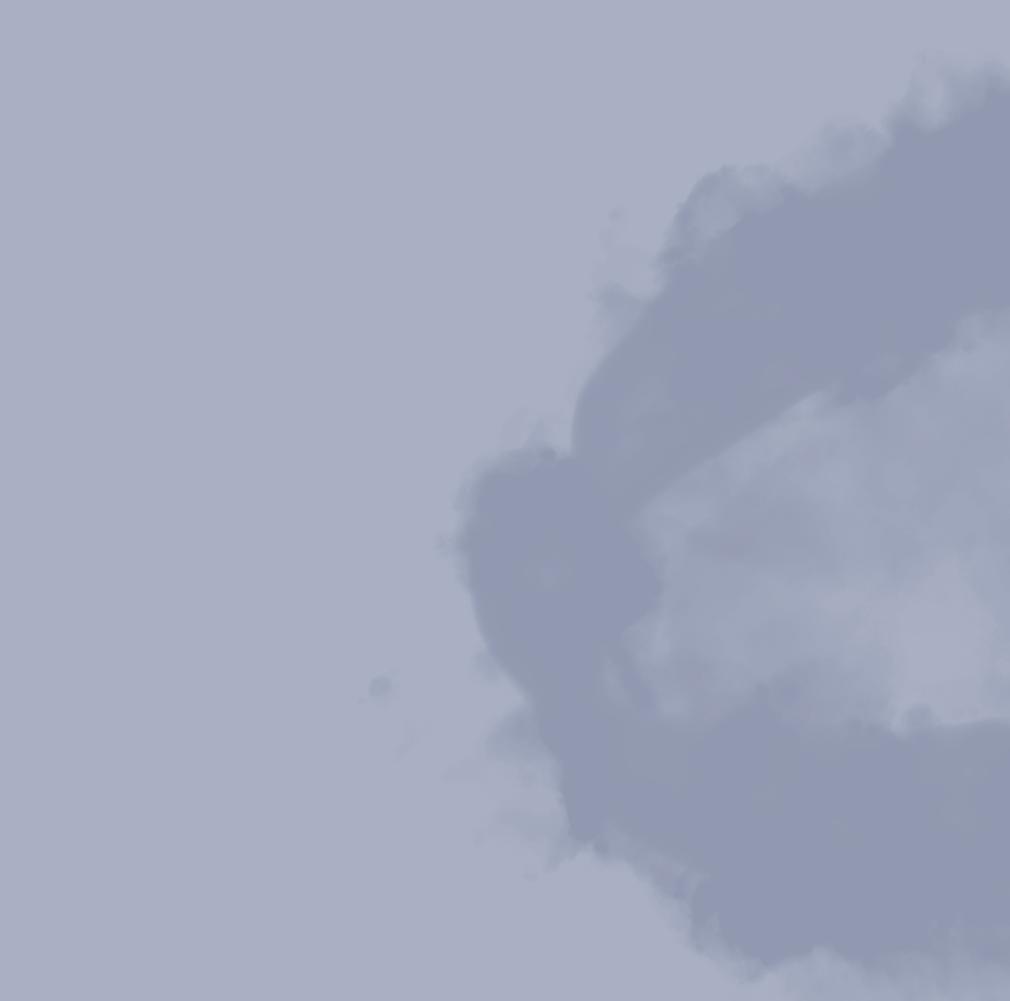

I got up on my stool and looked out through the prison window. I saw a warder puffing his pipe in his back garden, sitting in the sun.
IV
He was unbribable as regards offering him money. But if I gave him a piece of plug tobacco and a clay pipe, he would let me do anything.
V
I saw Dev crossing a landing with a pipe in his mouth. ‘Now and again, I put an empty pipe in my mouth to pretend to myself I am smoking.’
 by Marion Dowd
Extracts from the Bureau of Military History. Witness Statements of I Daniel F. O’Shaughnessy (WS1435); II James Foran (WS0243); III John Shouldice (WS0679); IV Thomas Pugh (WS039); V Robert Brennan (WS0779).
by Marion Dowd
Extracts from the Bureau of Military History. Witness Statements of I Daniel F. O’Shaughnessy (WS1435); II James Foran (WS0243); III John Shouldice (WS0679); IV Thomas Pugh (WS039); V Robert Brennan (WS0779).
Sheridan from Cavan
‘That’s the house where General Philip Sheridan was born’, my mother would proclaim on the monthly Sunday trip to Killinkere. This voice came from a face with shapely jet-black eyebrows (all natural), clear skin (also natural), and thin lips covered in a decisive smack of matt lipstick. She was the leader on these expeditions, keeping us children distracted over the two-hour car journey. Above the top of the passenger seat, we could see the back of her dark hair and the shoulders of her petite tailored green linen dress. The house was an unoccupied stone cottage, with a plaque to himself on it. The road was narrow enough, the car slow enough, to read the inscription: ‘The birthplace of General Philip H Sheridan 1830 to 1888’. Mammy was proud to share the parish with the Cavan man, a career officer in the Northern Army during the American Civil War. An exotic hero from up the road. For the four children in the back of a 1969 Ford Cortina (blue, with white roof), this landmark heralded the last outpost of the journey from Dublin that started after early mass and ticked off each colonial landmark in order of appearance. The Royal Canal (Dublin), the house of the President (built for the English Monarch’s Viceroy), town of Navan (in Royal County Meath), and Virginia, the Planter Town named after the Virgin Queen. Turn off here, pass Sheridan’s birthplace, then it was Killinkere and Granny’s house.
Regular trips continued, and rumbling started in the back of the car. Older siblings grew into wise, judgemental teenagers. Muttering about, ‘do you know what he did?’ I wondered why you’d put a plaque on an empty house, and why his family did not live there anymore. My questions were lost in the barrage of other demands for information. As the journeys clocked up, I tried to make the connection with the American cavalry as I knew it from Sunday matinee cowboys and Indians. The Indians were the baddies. When called up, or needed, the cavalry would ride in to aid brave white cowboys and save the logcabin farms. I tried to connect the army of dusty bugle-bearing heroes, frequently led by John Wayne, to this General Philip Sheridan of Cavan. I could never make that leap, always thrown by the American accent. My three older siblings humoured our mother, but over the trips, the diminishing Sheridan was tossed around like a tumbleweed. There would be guffaws from my brother as he scoffed at the house and scoffed at the General.
104
‘How do you know he was even born there? Maybe he was born in Killinkere, maybe he was born on the boat on the way to America, maybe he was born in America.’
I argued inwardly for what I believed was the case of truth – if there was a plaque to confirm it, his parents must have put it up and of course, it was true. I was only learning to grasp concepts of time, generations, and memorials. False news and revisionist history were yet to be recognised by any of us.
As I grew older, my mother listened as I listed off the journey markers for her. Her Sunday hair was grey. She had stopped dyeing it as she clutched at straws in her attempts to combat the pernicious anaemia and crucifying periods that drained all her energy. Her skin was too pale and clear, eyebrows still jet black, matt pink lipstick intact. She sat tightly in the front seat, conserving her energy for the flurry of arriving in Killinkere and getting the chicken into the range as quickly as possible to have dinner ready for one o’clock.
While he may have fought against the Confederate pro-slavery forces, Sheridan was far from a hero in today’s terms. Guilty of war crimes against civilians, leaving them homeless and starving, and, later, genocide against the Native American population. He was a New World Coloniser, committing war crimes in the name of freedom in the American Civil War, then afterwards carrying out acts of genocide while clearing the ‘wilderness’, now known as Yellowstone Park, of its Native American hunter-gatherer population.
The first time I drove myself to Cavan on a Sunday was on my motorbike, for my granny’s memorial mass. She was dead a month. My mother, a non-smoking teetotaller, greeted me with an offer of Powers Irish Whiskey and a cigarette out of a packet of red and white Carrolls Number 1. It was half past nine on a Sunday morning. Her hair was flat and grey. She may have been wearing trousers. I don’t recall, but I assume she put on lipstick going to mass.
The last time I passed by the house with the plaque, it was derelict and overgrown. Sitting in the passenger seat, I automatically registered the outpost for my two children in the back. My husband nearly fell out of
105
Did I know who this man was? Did I know His knowledge was from the extensive reading he had done around American Native Cultures and Sheridan’s role in their genocide. I listened and nodded.
My mother listened on all those journeys too. She did not argue with us. What would she have achieved by facing off against a gang of selfrighteous teenagers who were out to make the world right for everyone? She listened and offered no opinion until asked, trusting us to find our own way of dealing with histories. My last memory of her in her home place is standing in the kitchen between the range and the dairy in Killinkere, in navy trousers and a cardigan. She was recommending a
the car with astonishment. I what he was responsible for? book about Native Americans.





 by Maeve McCormack
by Maeve McCormack
106












107
Michelle Gannon
Photography
The Violinist
The man with the long grubby overcoat has a particularly strong musty odour. Everyone he passes smells him before they see him. The stench comes, not from the coat, but from his hair, which is down to his shoulders and has not been washed in many months. The man’s name is John but no one uses it anymore. His mother called him Jack, until she died. Now he doesn’t know if he is John or Jack.
Every day, John walks the short distance from his terraced house on the river to the big supermarket. He buys bread and sausages usually with tea and milk whenever he needs them. On Saturdays, he buys a cake. His mother always liked to have cake on Saturdays.
When John returns home, he hangs his grimy coat on the hook in the dimly lit hall and puts away the groceries in the bare kitchen. Then he picks up his violin and begins to play.
Mark and Joanne bought the house next door, in the spring. One day they are painting the bedroom walls. The haunting melody drifts in through the open windows and they smile at one another. Soon the paintbrushes are abandoned and they make love on the sheets covering the floor. Daniel rents the house on the other side. Daniel is sitting on his back doorstep, smoking a cigarette when he hears the tender music. Daniel begins to cry. He is thinking of his boyfriend who moved to the other side of the world. Daniel had been too scared to go with him. He picks up his phone and writes an email.
The next day Mark and Joanne walk past John with his shopping bag. They make a face at one another and giggle. Daniel looks out of the window and feels sorry for John. Then he looks at his new suitcase and smiles.
John goes home to his violin.
by Susan Stewart
108

109
Miriam Byrne Face 2
The Battle of Blythe Road
Demon Est Dues Inversus vs Perderabo - As Told by The Fifth Sibling.
1900 was an ominous year for the Yeats’ household of Bedford Park. Our lives lived in parallel with the occult and supernatural. It was 1887 when our family moved back to London. I was the youngest of the five Yeats siblings. Everyone knew of Willy, most knew of John, some knew of Lilly and Lollie, none knew of me. They jeered my youth, proclaiming that all I had to do was lie long and dream in my bed, of the matching of ribbons for bosom and head.
The feud between Willy and Crowley was labeled a battle of dark and light, the fruit of evil and good. It was nothing more than the ego of two grown men who should have known better. Envious of each other’s triumphs in fields they themselves craved to excel in. Sooner than coming together and endorsing each other, they preferred to spar, their sword blades making a rapturous music.
Magic may have been at the centre of all my brother did, but it was diluted with pride and prejudice. The year had but begun, the golden dawn of a new era. Willy devoted many hours at 36 Blythe Road, his church, and his university. Since he was initiated, he endeavoured to reach the inner circle. Many laughed at my brother when he blathered on about such matters as magic vaults. Willy believed profoundly in what he followed and had scant time for anyone who was not of the same mind. Danger no refuge holds; and war, no peace. He spent days and nights locked up there, his glistening eyes gazing off into the middle distance and Madam Blavatsky’s own glistening eyes peering into his, to see what she could find in their depth. What dreams of dark folk, what visions of hybrid men amongst the sand, learning to chaunt a tongue, man did not know.
Crowley was determined to be admitted into the fold. He sought to be as great a poet as Willy, and Willy was unnerved and intimidated by Crowley’s rapid progress with magic. Willy declared, “I do not think that a magical society should also double as a reformatory.” He announced Crowley a person of ‘unspeakable life’, based on nothing more than mere
110
rumours of Crowley being a dabbler in matters homosexual. Willy had no interest or opinion on sexual matters of Crowley or anyone else: of a homosexual nature or not.
MacGregor Mathers had skulked off to Paris and was desperate for cash. He used the initiation fees as his own private revenue. Of course, this infuriated Willy, and most of the others, and they sought to overturn MacGregor Mathers. Crowley, slithered his way to Paris and joined forces with MacGregor Mathers. Together they concocted a plan that would have Crowley break into the Temple on Blythe Road and steal the magic vault, vanishing it away to Paris, where they would form a new temple. Crowley broke in, but instead of taking the vault and leaving, he changed the locks of the temple and installed himself there.
It came to a head on April 19th. Willy received information that Crowley had briefly left the Temple. He wasted no time in changing the locks Crowley had installed. Willy waited on the street, outside the temple, with a professional boxing acquaintance. I don’t know how long they waited, Willy and his burley companion. Willy reported, ‘What rough beast slouches towards me? I thought. Around the corner came, dressed in full Highland regalia, with sheath and dirk, the buffoon! And what had he upon his face? A mask of Osiris!’ Willy bellowed, ‘And what came sloughing around the other corner, their knuckles dragging along behind them, mere minutes after I dispelled Perderabo? A gang of thugs!
‘Master Crowley?’ the one who had somewhat mastered human language asked; his single eyebrow coming to a point in the middle. I dispatched them to Brook Green.’ My brother’s braggadocio was loathsome at times. It was a good while after the event that my brother told the story. For the same day as Willy changed the locks and dispelled Crowley, he moved into the temple himself. For more than a week he lived there to prevent break-ins.
Crowley sued the temple. The temple used its resources to gather unfavourable information on Crowley, which I am sure was not a laborious task. There was a court case, but whatever information was collected on the plaintiff, it was enough to have the case thrown out of court. Another occasion of celebration for my dear brother.
They made Willy Imperator of the temple. A glorious cause of elation for
111
him. The joy was soon overshadowed. Our dearest mother died later that year. By the time she died, she had been unavailable to us for some while. She was not in her own mind the last few months of her pitiful existence. She dwindled and extinguished like a blown-out candle, only a faint whiff remained. Maud Gonne was lost to Willy, which was a thousand times more difficult for him than the loss of our mother. Something I never thought possible happened; he ceased writing poetry.
His hallowed Troy, who he had regarded as his own, he discovered was another’s. Not only belonging to another man but also to a child. All he had conceived of: the silence and love; the long dew-dropping hours of nights spent together, embraced under the stars above, gone. My brother, strong and virile and full of colour, before our eyes became a thin grey man half lost in the gathering night.
My brother, gently arose and rebuilt himself. In 1923 he won the Nobel Prize for Poetry, and his nemesis was in the tabloids as ‘the wickedest man in the world’. I never could resolve which of these headlines gratified my brother more.





 by Teresa Heffernan
by Teresa Heffernan

A Reaper’s Visit.
Can these be the final days? Hours? Minutes?

It’s crossing the lake. Border your doors, Make no mistake.
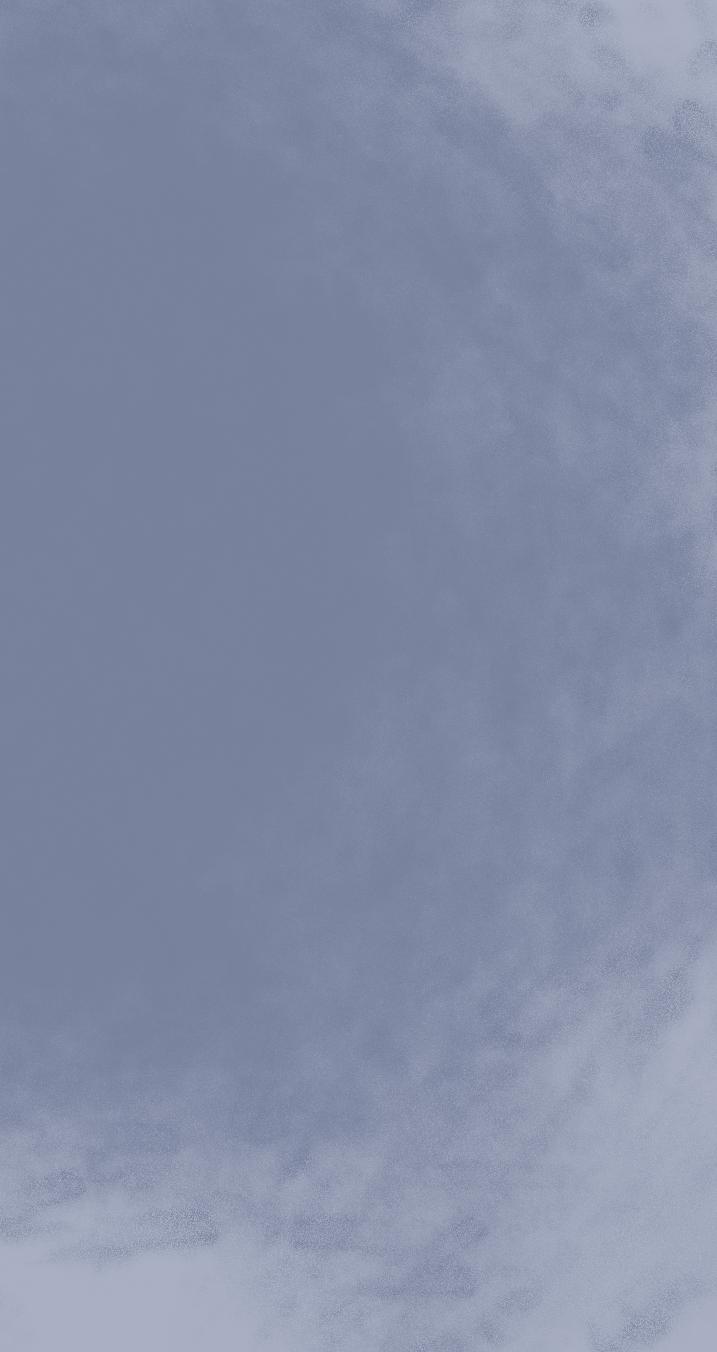


O’ Blackened Shadow, here once more.

Eye at the peephole. Its one mission, My father’s soul.
O’ Deathly Entity, horrid apparition.
Unholy screams. We have lost. Or so it seems.
O’ Soul Collector, what would it cost?
Father, I am not ready to understand Death in its face, Father, please save your breath.
Father, I am not ready to take your place. Do not drown yourself in dirty death.
by Maria Hamill
Conversation from a Graveside
A folded copy of the Racing Post and your peaked cap rest together on top of the chestnut coffin. Together, they summarise your life more eloquently than the priest ever could. But he’ll put on a good show; smoothly dipping into his bag of religious tricks, kept for such occasions. ‘He was a gentleman / well-liked / hardworking’. Insert name here. Crammed in the front row, like a cityscape outline sits your legacy. Adults dressed in obligatory black; still and sombre. Between them, children poke and twitch like squirrels. I slip into a middle pew, listening to the polite shuffle of others behind me.
The congregation, for the most part, are of your generation. Old school churchgoers who never missed a Sunday mass in their youth and see no reason to start now. Men remove hats as they enter the church, resting a knotted hand on each pew while they walk - as if testing if it will support their weight. The women wear sensible shoes and satin headscarves tied under strict chins. Their spindly legs are covered in thick brown stockings - the kind once sold in old drapery shops alongside hair ribbons on the main street. The windows were always covered with toffee-tinted cellophane, making the mannequins look jaundiced.
Despite hinged hips and grinding knees, the older folk stand, kneel and sit diligently throughout the sermon. In front of me, a frail-looking woman responds resolutely to every refrain with a voice that belies her delicate figure. Several layers of clothing peek from her coat collar, like the curling pages of a damp book. As fingers thumb pearl rosary beads, her skin, the colour of old cobwebs stretches over huge knuckles like tree knurls. I notice her knitted hat is on inside out and the tag, at my eye level, is as distracting as a wasp.
There is no shelter in the small graveyard from the stinging March wind. I tuck myself by an imposing granite cross, politely greeting the occupants below, and lamenting the lack of trees. Callow fields roll gloriously away from low stone walls, but the dead don’t appreciate the view. With vestments flapping like ship’s sails, the priest begins, despite the two elderly men still strolling up the path. I glance over, wondering
114
did they know you or are they here for the day out. They casually lean worn elbows on a convenient headstone to rest, as if ordering a pint at the bar. Oblivious to the burial, they begin to converse, distracting me from the sermon. Their conversation ranges from the price of petrol (scandalous) to recent grass growth (up a bit for the time of year) and how you, the deceased, will miss going to the bookies. They only pause in their dialogue as your coffin is lowered, removing tweed caps with ruddy hands and sighing in unison.
Heels shiver into the soft ground. One by one the family toss daffodils into your grave. The first clod of soil lands with a wet thump as a boy steps forward to read from a sheet of paper, firmly gripped against the buffeting wind. Your grandson, reading your favourite poem. He begins, but doesn’t have your bravado, and we can’t hear him. His mother cuffs him gently on the shoulder, mouthing ‘Speak up’ and the boy shouts, just as the priest lowers the microphone to the child’s mouth. ‘A man awaits his end/ Dreading and hoping all’ blasts across the cemetery, loud enough to wake the dead. For a second, a cold sun flashes through a tear in the clouds, and I hear you laughing.
The rest of the homily is carried away by the wind. The elderly men sigh, push themselves upright and fix back on their caps.
‘Sure the weather helps.’
‘T’was a good send-off.’
‘He wouldn’t have hoped for much better’ agrees his companion. Hands clasped behind bent spines, the men amble away, silent now.
by Dianne McPhelim
115
Pockets of Reassurance
Incongruous comfort
In memory filled pockets
Sticky and gritty
From a life
Of building walls
Chasing cattle
Planting daffodils And handing out A Silvermint to a crying child.
Remnants of tobacco threads
From a habit


Long since abandoned With brutal determination.
A well thumbed Relic of Padre Pio
Authentic in the anguish and prayers Committed
Through its badge of blessing.
Rusty debris
Navigates its way Under fingernails seeking solace In this trove




Of lingering legacy.
by Celia Keenaghan

117
Yvonne McDermott St. Gobnait
Checking In



At first glance, it doesn’t look too bad. It certainly seems to have changed since weekly visits to my grandmother filled my teenage Sundays. The bright and airy reception space resembles a conservatory, with its comfortable faux leather seating, contemporary coffee bar, and sunlight streaming in through the floor to ceiling windows. Various dracaena, yucca, and bamboo plants shield the cappuccino ladies from view, but the rich coffee aroma wafts through the air and the wall-mounted signs direct people to various places, including the Garden Room and the Rehabilitation Centre. As we move down the institutional corridor, with its colour coded lines etched into the vinyl, and turn a corner past the obligatory chapel, where candles are lit to alleviate suffering, the belly of the monster reveals its hideous truth.
There’s more glass here, but this time the continuous line of windows exposes the wards where motionless statues are denied any last shred of privacy by a moving audience of busyness. On the other side of the hall, single rooms resemble cells with small windows almost at ceiling level; dishevelled beds; lonesome faces. We enter the second ward through the shabby, teak-stained doorframe. On the opposite wall, matching exterior windows face us, sitting high above the clunky radiators with much of the daylight blocked by dreary window boxes. As if a bird’s eye view of the outside world would be too torturous for the prisoners within.

Six single beds are lined up, three on each side, in a space originally designed for four. When the extra beds were moved in, no adjustments were made to the frames holding the paper-thin privacy screens, so the middle patient invariably finds themselves sharing their bed with



a curtain. The cheap wooden unit beside each bed comprises a single wardrobe, an open bedside table, many of which are positioned on the wrong side of the bed rendering the shelf space useless to bed-ridden patients, and a few drawers lined with a thick layer of dust and the scent of death. The beds have thin mattresses, lumpy pillows, and an assortment of sweet wrappers, used tissues, and rosary beads, primarily because the patient next door has forgotten which bed is theirs. An over-the-bed table with a wooden top and cold metal legs glides easily on castors, and three times a day holds a plastic tray with food best avoided. And finally, beside each bed, a wooden-framed chair with a high back and padded armrests fights for space with mobile blood pressure monitors, wheelchairs, and labelled Zimmer frames.
As I take in my new surroundings, four sets of eyes watch me intently; two of the women are smiling, one is semi-comatose, and the fourth lady is beating the bed table with her walking stick while roaring ‘NURSE!’ continuously.


ʻWhich colour would you like,’ asks one of the paramedics who had moved me the short distance from the local general hospital, ‘red, or purple?’





And so, my preference for the armchair in the muted heather tones decides my fate, and I end up sitting next to the bed where my grandmother took her last breath thirty-four years earlier.
by Marie Lavin


120
top: Laura Grisard Decadence Sculpture.
bottom: Laura Grisard Natural Vincit Sculpture.
Good Grief
An Essay
If a jellyfish becomes too emotionally damaged it starts over. Turns out they start to regenerate their DNA and, in a process, not far from mortality they go from full-grown jellyfish to polyps. They may do this as many times as required until they feel they’ve lived a satisfying and peaceful life.
At this stage, they sink towards the ocean bottom’s soft bed of sand. My mother told me this on a walk once. In my next life, I want to be a jellyfish.
Joan Didion lies in front of me. Her blue nights untouched. My aunt is dead, and they’ve given me a book. I’m 21 and hers is the second dead body I’ve seen.
Four years ago, when my sister succumbed to her illness, they gave me endless hours of therapy.
They gave me obscure looks in the hallway at school. They gave me a box of her belongings.
I only kept her old bathrobe, emerald green and woollen, still with the smell of her cigarettes woven into the fabric.
My father places a cup of tea beside the book. The tea only he knows how to make.
What will I drink when he is gone?
I normally like sitting in the kitchen. The cream-coloured cabinets hug you from all sides like a blanket. Now they merely remind me of the suffocating pillow I scream into every night.
‘I don’t feel well’.
My father stops and looks at me.
‘Are you sick?’ he asks, with a kind of worry you only hear from parents who have already lost one child.
‘I don’t feel well in the head,’ I say.
I sip the burning tea. It’s a sharp-edged sword on the tip of my tongue. ‘That’s normal. You’re grieving’.
‘What if it takes four more years before I’m alright again? Like it did when Sonja died. And then when I’m finally happy again, someone else dies’.
121
*
We sit in silence. Even the rain has quieted.
‘I always thought people from your generation were better at embracing themselves. You can freely choose who you are. Sexual orientations and all’.
‘It’s not a choice, Dad’, I snap.
‘Alright, but these are your beliefs?’
I nod stiffly.
‘Yes, I believe people should live as they are’.
‘Yet, you don’t allow yourself to be who you are’.
I swallow the last mouthful of tea and stare down at the black leaves on the bottom.
‘Then tell me what I am’.
My dad laughs so powerfully it sounds like thunder.
‘You are sad. Allow yourself to grieve’.
That night my father’s voice circles in my head.
Allow yourself to grieve.
Allow the waves to swallow you. Drown.
I hold on to my bed sheet. I have been holding on for the past few months. If I let go, I fear that grief will take over. Spread through my body like the illness that killed my sister and then my aunt.
If I let go, I’ll drown.
Waves of black hair. Hair that once belonged to Sonja. She had an earthquake for a belly laugh. She never felt guilty for taking up space. That’s why there is so much space left.
So much emptiness.
She drank coffee from an I-heart-Patrick-Swayze mug. I wonder who kept the mug.
When they said it was terminal, I wondered if there is a connection between terminal death and the terminal you go to when waiting for an aeroplane.
‘You are sad’, my dad said. I am broken, I think.
I am a glass vase.
You drop a glass vase on the floor, and it’s broken. You glue it back together and we can pretend the vase is whole again. But you can still see all the cracks. You can always retrace exactly how it was broken. It will never hold another flower because the cracks make the water leak.
The vase is crying.
I release my grasp on the bed sheet. Warm salt bubbles run from the
122
corners of my eyelids and the fairy lights above my bed blur. At last, I do not drown. I sink.
Cancer.
The word crackles between my lips. Cancer sounds like bones breaking. It sounds like worlds crashing. A word I identify right away. Cancer- An itching birthmark might be a sign of cancer, though it likely isn’t.
Likely just isn’t good enough.
A hand grabs my elbow, and our eyes meet. Piercing green behind the horn-rimmed glasses.
‘What are you up to?’ he asks.
‘Nothing,’ I slide my phone out of his view.
‘Are you googling your symptoms again?’ His voice isn’t accusing; it’s almost understanding.
We’ve just exited the College cinema, after a screening of Vanilla Sky. Except I didn’t watch much of the movie. I was too busy checking an odd-looking birthmark in the sparse light from the screen. The itching of the birthmark is quickly replaced by the feeling of guilt. I can’t even enjoy going to the cinema anymore. I can’t even allow myself a few hours of distraction. I can’t even give my partner the presence and intimacy needed in a healthy relationship.
Through the relationship I was constantly burdened by my grief. It was especially my inability to enjoy the present out of fear for what might come. Whether it was the prospect of cancer from an itching birthmark or a possible breakup. The biggest lesson I learned from death is that nothing lasts forever. When my partner eventually left me, I came to realize that I knew exactly what to do. I knew how to grieve, and somewhere in that pain I learned how to move on. Life is like the waves on the ocean or the heart monitor. Whenever it settles to the middle, we flatline.
Perhaps that is my way of regenerating?
Like a jellyfish, I start over with new life experiences. A different kind of rebirth.
After all, I am thankful for what my five years in mourning have taught
123
me about living.
I know now that every ending is a new beginning, and I can tell you that anything worth grieving over is everything worth living for.
‘Do you ever think about the soul of the person when you’re doing an autopsy?’
When my mother, a forensic pathologist of twenty years, on a radio show was asked about the concept of a soul she answered this.
‘Never.’
‘So, you can’t feel it?’
‘No, because the soul is not a thing of the body. Your soul is the people you’ve loved.’
by Liv-Andrea Banner
124
Beachy Head






we used to drink in this pub what will you say when you hear what will you feel i raise this last one to us
by Sharon Keely
Toiréasa
Sister, you visit my house in search of silence, but your arrival fills my heart with sound. Taking care of you allows temporary motherhood, and I will forever accept. Spoil you, scold you. My lucky figurine and millions of hairbands. Steal my trinkets to have your memories, your coffee stains remain in mine.
Sister, complain, laugh and cry. I’ll bear everything. You’ve seen so much in your time. I forget that you’re a child. You met loss before you turned fourteen. When father fell, I wasn’t ready to take the mantle. Your visit allowed me to understand that now I am. We live in a world where danger surrounds us and you simply wish to be a child.
Sister, the nights I keep you safe are nights I treasure. You’ve added colour to my ghostly white. I have never felt closer to you, farther away from you. So much older yet so much younger. This house will never forget your presence. You have left your crescent mark on my walls. You hug me tight, a golden rarity. Dearest sister, I would die for you and I would live for you. I am your guardian now, but you are the angel.
by Maria Hamill
126

127
Michelle Gannon Summer Illustration

128
Michelle Gannon
Trian Uiì Bhroìgaìin
Gel print.
Clock
Time circles within Infinitely, it jumps and indicates Even when one sleeps or moves on, From desire or sorrow
It keeps flowing and following, This invincible notion That all souls strive to hold.

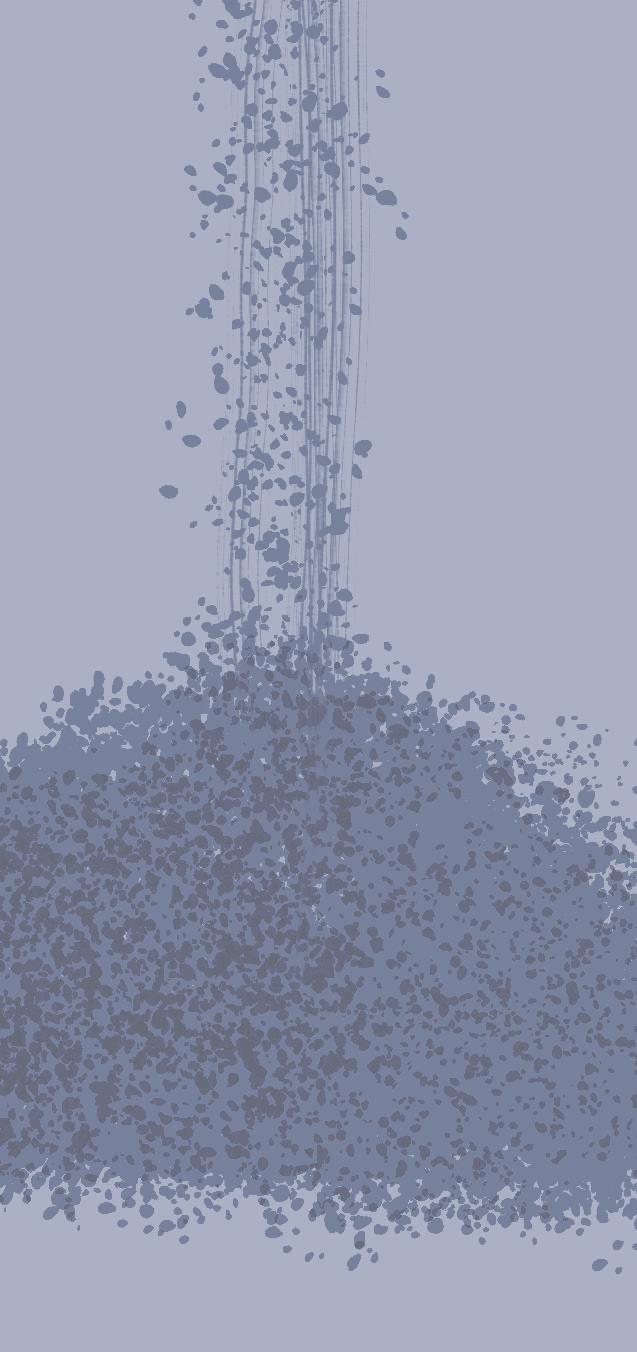

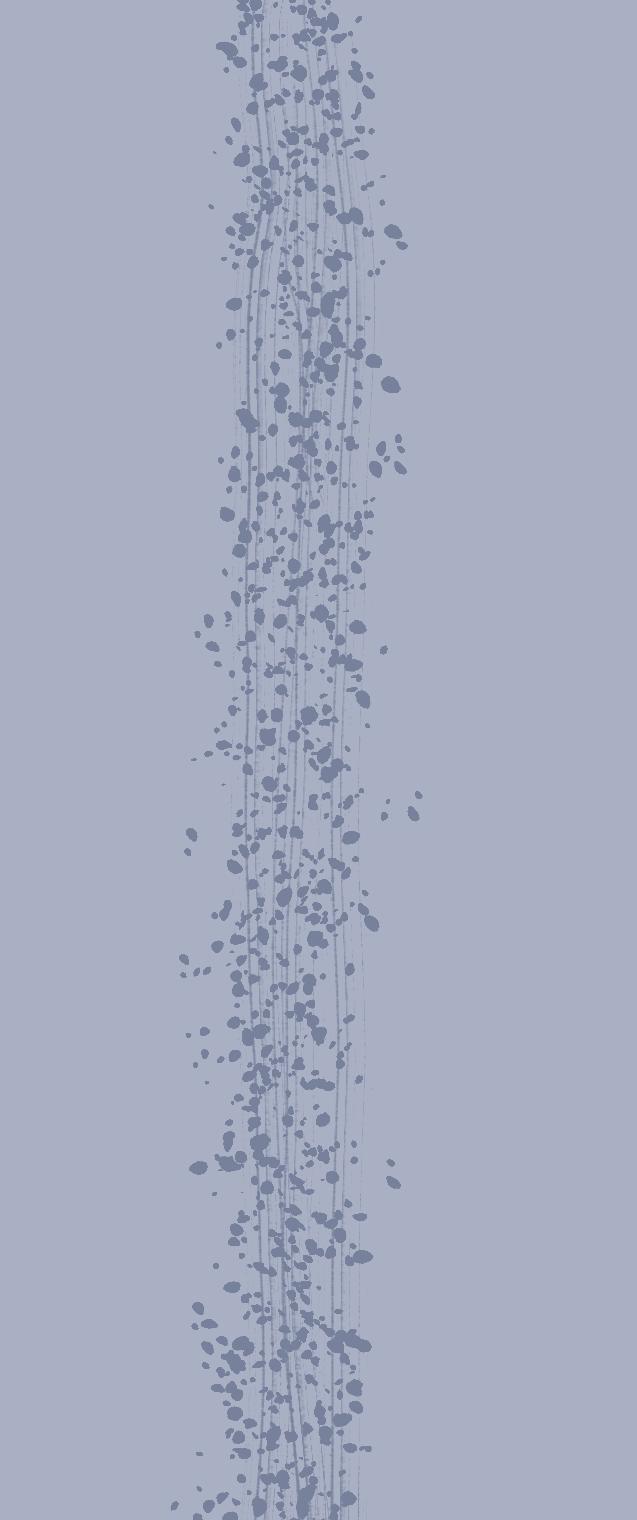
 by Stefano De Sciscio
by Stefano De Sciscio
129
Biographies
Alice Turpin
Alice Turpin is a writer, a swimmer and a maker of things. Instagram: @alhmt
Angela Duffy
Angela Duffy is a third year BA in Contemporary Art Practices student at ATU Castlebar, Co Mayo. She has been painting and drawing since childhood. She has had work selected and exhibited in multiple group shows over the years, most recently Boyle Arts Festival Exhibition (Jul 22) & ‘Equilibrium’ at The Linenhall Arts Centre Castlebar (Dec 22). If you would like to see more of Angela’s art, follow her on Instagram @angeladuffyartist
Anne Walsh Donnelly
Anne Walsh Donnelly writes poetry, prose and plays. She is the author of the poetry collections: ‘The Woman With An Owl Tattoo,’ and ‘Odd as F*ck,’ both published by Fly on the Wall press. She is based on the ATU Mayo campus and is the editor of the ATU Magazine. To find out more go to her website www.annewdonnelly.com
Aoife Murphy
Aoife Murphy was born and raised in Milton Keynes, England, before moving to Ireland. In 2013 she graduated, having done a Creative Digital Media degree in ATU Donegal Letterkenny. She writes sci-fi, fantasy and horror, has participated in NaNoWriMo seven times, and is sustained by an ever-filling cup of strong tea (mostly supplied by her partner).
Catherine Whitehead
Catherine Whitehead is a first-year mature student at ATU Sligo studying Writing and Literature. Catherine has a degree in Fine Art and enjoys painting and writing. She is currently working on a novel.
Celia Keenaghan
A mentor and facilitator committed to bringing knowledge, creativity and compassion to complex situations. Has had a regular writing practice since the early 1990s and belongs to the Drumcliffe Writers Group, a facilitated group using the Amherst method. www.keenaghan.ie/poetry linkedin.com/in/celiakeenaghan
Chris Sparks
Chris Sparks is an academic and writer from Hackney who moved to Leitrim in 2003. After decades spent writing political theory and sociology, he now writes poetry.
Dianne McPhelim
Dianne McPhelim lives in Co. Monaghan. A final-year Writing and Literature student at Sligo ATU, her poetry and short stories have appeared in the Sligo Weekender, Scrimshaw Journal, Spectrum Poetry Anthology (UK) and Eat the Storms Podcast. Instagram: @thiswrittenlife
Damien Kelly
Damien Kelly is a third-year mature student at ATU Sligo studying Writing and Literature, from the north coast of county Mayo. In his spare time, he likes to listen to, and play, music and this is what inspired the poem Composition
130
Dr Martin O’Neill
Assistant Lecturer in Population Health Informatics & Statistics at ATU Sligo. Turned on by all things data, Martin enjoys spreading the good word to students, and anyone who’ll listen, and finds solace in woodwork and football when the computer says “No”.
Twitter: @dukeloath
Gavin Mc Crea
Visual artist Gavin Mc Crea lives on the West coast of Ireland where he pursues his love of surfing and painting. Concerned with connections and human relationships with place, Mc Crea draws upon a range of embodied memories associated with place and movements established from a lifetime of immersion in the sea through surfing. Embodied movements are acted out in the form of painterly gestures, across often familiar re-contextualised materials.
www.gavinmccreaart.com
www.facebook.com/ArtByGavinMcCrea/ Instagram @surfedout77 Twitter @surfartgavinmc
Geraldine Feehan
Geraldine Feehan is a first Year Writing and Literature (Online) student at ATU Sligo. Based in Co Louth, and occasionally Co Kerry, she is exploring her lifelong drive to write. Following a trail of exciting readings, she is enjoying a middle-aged meander along this path with no particular destination in mind.
Hazel O’Grady
I’m Hazel O’Grady a 21-year-old writer from County Mayo. I am completing my final year in the Writing & Literature course in ATU Sligo. I hope to publish my own poetry collection one day.
James Berrell
James Berrell is a musician and writer. He holds a BA Hons in Writing & Literature from ATU Sligo, Ireland. A musician since a young age, writing lyrics awoke his interest in story. Swapping the workingclass estates of Greater Manchester for Vienna, Austria shaped him as a writer prompting him to study movement and identity in his work. -www.jamesberrell.com
Jennifer Flynn
Jennifer Flynn is a part-time academic librarian and a full-time creative. She is involved with writing and theatre groups and textile art practices. This is the first new piece of writing she’s published after a hiatus over the last few years. www.linkedin.com/in/jennifer-flynn-73b329124/
Jessamine O’Connor
Jessamine O’Connor is a Creative Practice Masters’s student in Sligo ATU, and a graduate of the Writing & Literature program there. She is an editor with Drunk Muse Press and The Poet’s Republic magazine and has a pamphlet forthcoming with Nine Pens Press with her co-editors. Her collection ‘Silver Spoon’ is published by Salmon Poetry and she’s working on a novel.
Kate Dowling
I am a second-year student of Writing and Literature. I hope that through my work I help even just one person feel less alone, as so many writers have done for me throughout my life.
Laura Grisard
Laura Grisard is a French/Irish visual artist based in the northwest of Ireland and has recently graduated from ATU Sligo. Her work consists of explorations and the ways of expression are explored through means of crossing different disciplines. Interested in the relationship between art and nature, she draws further exploration from the landscape, dreamscapes, mythology, and the body.
131
Linda Norton
Linda Norton is the author of The Public Gardens: Poems and History (2011; introduction by Fanny Howe), a finalist for a Los Angeles Times Book Prize, and Wite Out: Love and Work (2020), which John Keene and Eileen Myles call a “masterpiece” and Norman Fischer calls “a gorgeous, courageous book”. She lives in Oakland, California.
Liv-Andrea Banner
Liv-Andrea Banner is a Danish writer and filmmaker, who is currently enrolled in the Writing & Literature programme at ATU Sligo. Banner aspires to make a living of writing and producing, fuelled by a sincere interest in other people and the stories they carry.
Instagram: @livandrea_banner
Marta Baptista
Marta Baptista, originally from Portugal, is a student artist at ATU Mayo. Currently on year three of a BA in Contemporary Art Creative Practices, she has been exploring the commonalities between the west of Ireland and the west of Portugal landscape and culture through painting and monoprint techniques.
Maeve McCormack
Maeve McCormack moved to Sligo in the 1990’s from Dublin and this is her second time to be published in Scrimshaw. She is currently working on a collection of short stories and essays and this will bring her along the final stretch (and beyond) of a BA (Hons) in Writing and Literature at ATU Sligo.
Instagram: https://instagram.com/sligowarriorqueen
Website: https://bio.site/maevemccormack
Maeve O’Hair
Maeve O’Hair is in her final year of the Writing and Literature degree at ATU Sligo. Her poetry film, Stringism, was shortlisted by Homeland Projection at Damer House Art Gallery in 2022, and in December of the same year she won the poetry film competition at Spelt Magazine for her work, Making an Orchard
Marc Gijsemans
Several lives ago, Marc Gijsemans was born in Belgium. He only started writing after retiring to Ireland, when he joined the New Irish Communities in the Irish Writers Centre in Dublin. His most recent publication was a short story in the New Year’s edition of the Sligo Weekender.
Twitter: @GijsemansMarc
Facebook: /MarcGijsemans
Maria Hamill
Maria Hamill is a Scottish writer living in Co. Mayo. She received a BA in Writing and Literature from Sligo ATU and is currently undertaking an MA. She hopes to publish her own poetry collection one day. She loves to write about her own life and turn her emotions into something beautiful. Her inspirations are Sylvia Plath and William Butler Yeats.
Marie Lavin
Marie Lavin is a first-year mature student on the BA in Writing and Literature at ATU Sligo. Her travels, life experiences, and interest in people inspires her writing, from short stories to poetry and everything in between.
Marion Dowd
Marion Dowd is an archaeologist. Her research and publications focus on how people have engaged with caves from earliest prehistory through to the present day. She has recently ventured into the world of creative writing and has had two pieces published in ‘The Cormorant’. https://independent.academia. edu/MarionDowd2
132
Martina O’Connor
Martina O’Connor is a writer and artist based in the West of Ireland. She draws inspiration from a wide range of artistic forms, including painting, photography, film, and multimedia, to create atmospheric and sensory-rich poems and short stories. Martina is a member of the Achill Island writers group and describes her writing style as “painting with words.” Website: www.martinaoconnor.ie
Email: artist@martinaoconnor.ie
Méabh Callaghan
Méabh Callaghan is a writer from Co. Monaghan. She is currently a third-year student of the BA in Writing and Literature course at ATU Sligo. Méabh hopes to one day publish a novel and collection of poetry.
Michelle Gannon
Mayo based artist Michelle Gannon formally trained as a biologist and has a life-long interest in the natural world. Her artworks are inspired by native Irish flora, fauna and everyday life in the west of Ireland. She is currently studying for a BA degree in Contemporary Art Practices, at the Mayo ATU campus.
Miriam Byrne
Miriam Byrne is originally from Dublin and is a scientist by background. She moved to Corrán in Achill in 2022 where she renovated an old stone-built cottage. Her attraction to paint is the texture, always feeling her way to the final image. She is currently studying contemporary art practices at ATU Mayo.
Nina Fern
Nina Fern (she/her) is a visual artist, costume maker, and researcher residing in the northwest. Nina graduated with a BA (Hons) in Fine Art and won the Ballinglen Art Foundation Emerging Artist Award in 2022. Currently, she is undertaking an MA in Creative Practice. www. ninafernart.myportfolio.com
Patricia Walsh
Patricia Walsh was born and raised in the parish of Mourneabbey, Co Cork, Ireland. To date, she has published one novel, titled The Quest for Lost Eire, in 2014, and has published one collection of poetry, titled Continuity Errors, with Lapwing Publications in 2010. She has since been published in a variety of print and online journals across Ireland, The UK, USA, and Canada. She has also published another novel, In The Days of Ford Cortina, in August 2021.
Paul Hamilton
Paul Hamilton is a lecturer in Environmental Science at ATU Sligo. He has been writing for many years now and has been a member of several writer’s groups. Paul mostly writes poetry but also writes short stories. He is influenced by nature and the landscape.
Rhona Trench
Rhona Trench is Co-Chair of the Masters in Creative Practice and Chair of Performing Arts at ATU Sligo. She teaches a range of creative subjects, including directing for theatre (Performing Arts) and playwriting (Writing and Literature). She is widely published in the field of Irish theatre. She received funding for her playwriting projects in 2019, 2020 and 2021. She is a member of the Arts Council Peer Panel 2021-2024. In her free time she loves to play flute.
Róisín O’Shea
Róisín O’Shea is a journalist and a second-year student of Writing and Literature. She lives in north County Sligo with her husband and their cat, Charles Mingus O’Shea.
Rosaleen Glennon
Rosaleen Glennon was born in Dublin. She lived in Germany for ten years where she developed her lifelong interest in story. She writes short prose and memoir style pieces. She now lives in Co. Roscommon.
133
Sarah McGrath
Sarah lives in Wexford, where she has spent much of her life raising a family and building a home. Having once upon a time studied Early and Modern Irish, she is now further pursuing her love of language through the Writing and Literature course at ATU Sligo. She draws much of her inspiration from seemingly inconsequential moments, and many of her stories are centred around the unspoken conflicts and yearnings that shape our inner worlds.
Sarah O’Keeffe
Sarah O’Keeffe grew up in Canada and spent many years in the Caribbean. She loves writing about talking animals, creating fun visual and digital stories, and working with children. Sarah currently lives in Sligo with her husband Mark, seven-year-old son Charlie, and their BIG puppy Simba!
Séamus Grogan
Interdisciplinary experimental visual art best describes Séamus Grogan’s current practice. Originally from Leitrim, he has worked in various creative disciplines over the years, in his recent solo show ‘Timeframes’ at Solas Art Galleries he explores the transience of place incorporating photographic, filmic and sonic elements, his ongoing research continues to produce new imagery as his visual enquiry and practice-based research continues.
Séamus is a member of the Fine Art staff in the Yeats Academy of Arts Design & Architecture in ATU Sligo. (Instagram: @sgroganartist )
S.H. Tuohy
S. H. Tuohy is a recent graduate of ATU Sligo’s Writing and Literature programme. He was published in the Green Carnations poetry anthology and was part of the editorial team for issue 7 of The Cormorant He is presently spending most of his spare time researching Dr James Barry and working on a fantasy novel.
Sharon Keely
Sharon Keely is a student on the MA in Creative Practice and grew up in Cobh, Co. Cork and Dungarvan, Co. Waterford. She has always written, in Ireland and while living in the U.K., U.S.A. and Australia. She has a trunk full of handwritten pages which she finally is ready to edit.
Shea Fahy
My name is Shea Fahy and I’m from Tuam, Co. Galway. I’m twenty-one years old and I’m halfway through my BA in Writing and Literature at ATU Sligo. I’ve always been a lover of poetry and enjoy reading classical literature and fantasy novels.
Sheila A. McHugh
Sheila was born and continues to live on Achill Island. Her writing questions ‘gaps in boundaries’: intrapersonal, interpersonal, physical, political. Sheila is a published writer in fiction, non-fiction and poetry.
Sinéad McClure
Sinéad McClure’s poetry is published in The Stinging Fly, Southword Journal, Ink, Sweat and Tears, and other fine publications. Her chapbook The Word According to Crow was a winner of the Roscommon Chapbook Award. She is currently studying for an MA in Creative Practice at ATU Sligo.
Website: www.sineadmcclure.com
Instagram: @sinead.mcclure
134
Sorcha O’Malley
Sorcha O’Malley is a third-year Theatre Design student who loves art and movement. Her work reflects this synergy of interests and is demonstrated in her creative pursuits. From illustration, to design, poetry to yoga, she enjoys finding ways to expand her eclectic vocabulary and connect the dots between seemingly unrelated media.
Stefano De Sciscio
My name is Stefano; I am a Belgian/Italian student at ATU Sligo undergoing my third year in Writing and Literature, aiming to become a fantasy writer, editor and publisher. I have always been fascinated by creating worlds imbued with magic and mystical lore and have recently finished a fantasy novel purposed to launch a science-fiction/fantasy-driven franchise.
Stephen O’Leary
Stephen O’Leary is a Cork-based writer and second year student of Writing and Literature (Online) in ATU Sligo. His first published piece, Erosion, won the Sligo Weekender Short Story Competition in 2021. His passion for storytelling and the written word includes diverse forms such as poetry, prose, screenwriting, playwriting and video editing.
Susan Stewart
Susan Stewart lives with her husband and two children in Dublin. Susan worked as a Montessori teacher for many years before taking the plunge and applying for the Writing and Literature course at ATU Sligo. She is in her first year of the course and enjoying it very much.
Teresa Heffernan
Teresa is a language tutor, writer, and mixed media artist. Despite being a loner and somewhat of a recluse, she is very interested in everyday life and personal emotions. Her writing reflects that interest. Teresa is currently enjoying studying Writing & Literature at ATU Sligo. www.teresaheffernan.ie/
Tommy Weir
Tommy Weir has a career spanning the arts from visual art and theatre, to design and film. He has worked in Dublin, New York and the North West as a curator, a designer, a producer, a filmmaker, a photographer, and a teacher.
Tony Keenan
Tony Keenan is a Laois man living on the North Leitrim/Sligo border, where he finds the inspiration for most of his poetry. He retired in 2018, after more than 40 years working, and set out to see if there really is a writer inside him. He is enjoying the journey. Tony is a mature student of Writing & Literature at ATU Sligo.
Una Mannion
Una Mannion is a lecturer in Sligo ATU. Born in Philadelphia, she now lives in Sligo and has won numerous awards including a Hennessy Poetry Prize. Her debut novel, A Crooked Tree, was published in 2021. Her second novel, Tell Me What I Am will be published in June 2023.
Yvonne McDermott
Yvonne McDermott lectures on the History and Geography programme at ATU Mayo and has a particular interest in the history and archaeology of the medieval period. In her spare time, she likes to draw and, particularly, enjoys pen and ink drawing.
Zuzana Podolová
Zuzana Podolová is from the Czech Republic and is a second-year student studying Writing & Literature at Sligo ATU. This poem was created as an assignment for the Experimental Literature module. The idea behind this was to ‘disrupt the spectacle.’ www.instagram.com/susanpodol/
135
Acknowledgements
The Scrimshaw Editorial Team would like to thank the following:
The President of Sligo ATU, Dr. Orla Flynn for her support in this project
Lecturers Una Mannion, Dr Keith Hopper and Tommy Weir for their unwavering belief and guidance throughout the process
Scrimshaw designer Ryan Dempsey for his creativity, patience, and good humour
The 2023 graduating class of the Writing and Literature programme
Aidan Haughey and the communications staff of Sligo ATU
Aaron Clarke and Sligo ATU Students Union
Joe Coll, Letterkenny ATU
Staff and students of ATU Castlebar Campus
The co-editors of Scrimshaw 2022 edition for their advice and guidance, Pete Symonds and Jessamine O’Connor
We sincerely extend our thanks to everyone who contributed to this 2023 edition of Scrimshaw, published or not; this would not be possible without you.
The Scrimshaw Editorial Team of Tony Keenan, Dianne McPhelim, Alice Turpin, Méabh Callaghan, Lucy Goss and Damien Kelly.
136
And slowly read, and dream of the soft look
Your eyes had once, and of their shadows deep;
William Butler Yeats
137
138
139


































 by Linda Norton
by Linda Norton









 by Róisín O’Shea
by Róisín O’Shea







 by Sinéad McClure
by Sinéad McClure





 by Anne Walsh Donnelly
by Anne Walsh Donnelly








































 by Tony Keenan
by Tony Keenan














 by Dianne McPhelim
by Dianne McPhelim














 Tree by Hazel O’Grady
Tree by Hazel O’Grady












































 by Marc Gijsemans
by Marc Gijsemans










 by Teresa Heffernan
by Teresa Heffernan













 by Maeve McCormack
by Maeve McCormack












 by Alice Turpin
by Alice Turpin










 by Sarah McGrath
by Sarah McGrath
 by Séamus Grogan
by Séamus Grogan
























 by Sharon Keely
by Sharon Keely








 by Sharon Keely
by Sharon Keely





 by Marion Dowd
Extracts from the Bureau of Military History. Witness Statements of I Daniel F. O’Shaughnessy (WS1435); II James Foran (WS0243); III John Shouldice (WS0679); IV Thomas Pugh (WS039); V Robert Brennan (WS0779).
by Marion Dowd
Extracts from the Bureau of Military History. Witness Statements of I Daniel F. O’Shaughnessy (WS1435); II James Foran (WS0243); III John Shouldice (WS0679); IV Thomas Pugh (WS039); V Robert Brennan (WS0779).




















 by Teresa Heffernan
by Teresa Heffernan














































